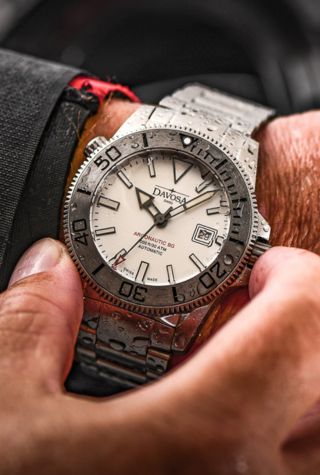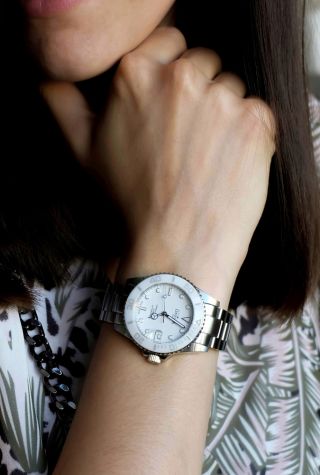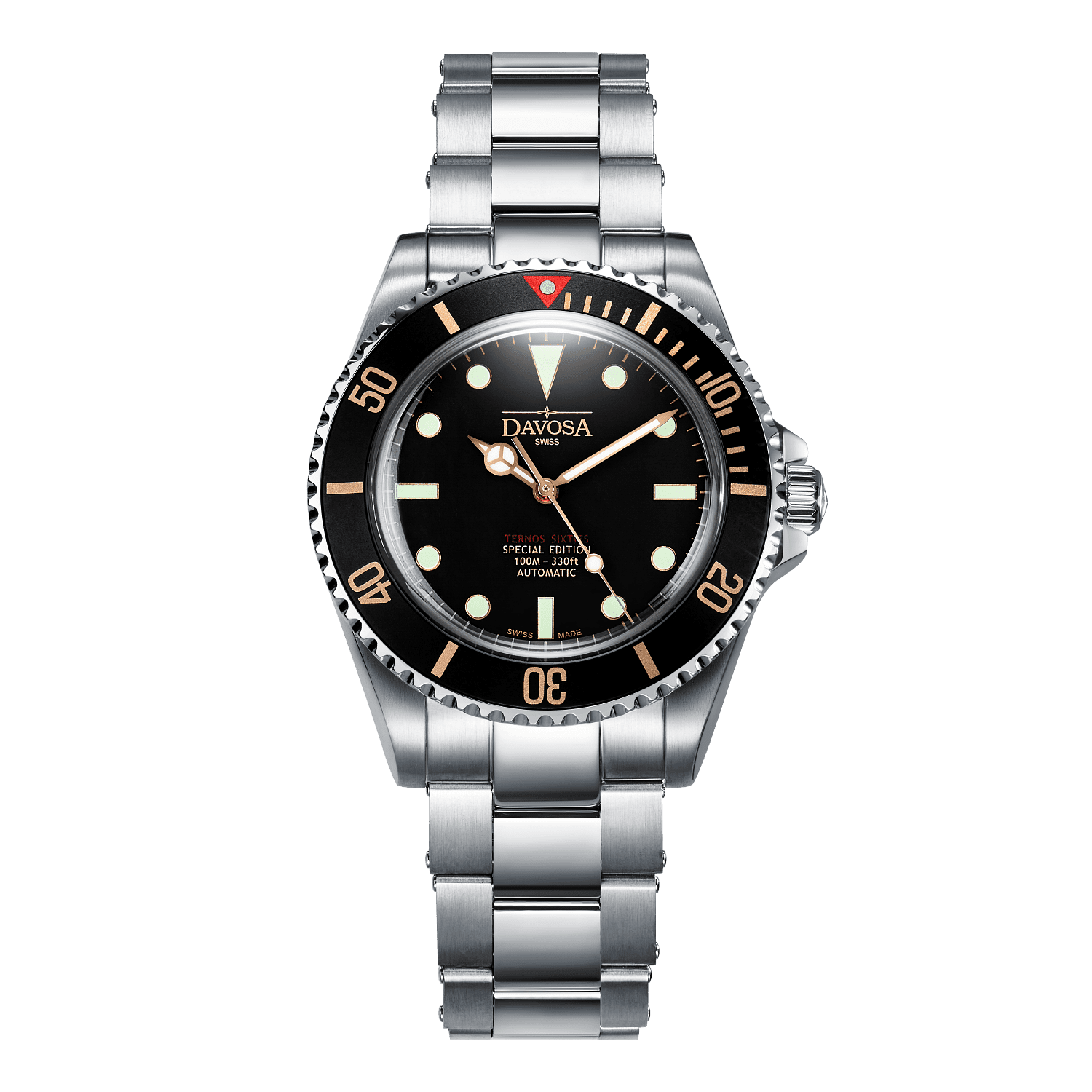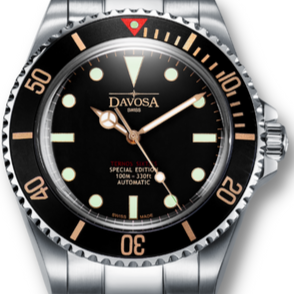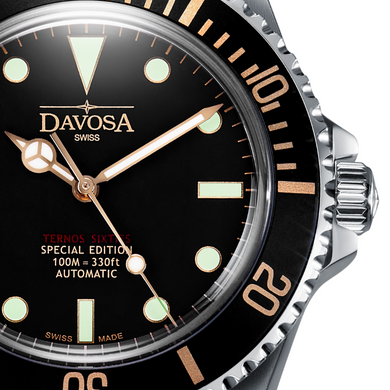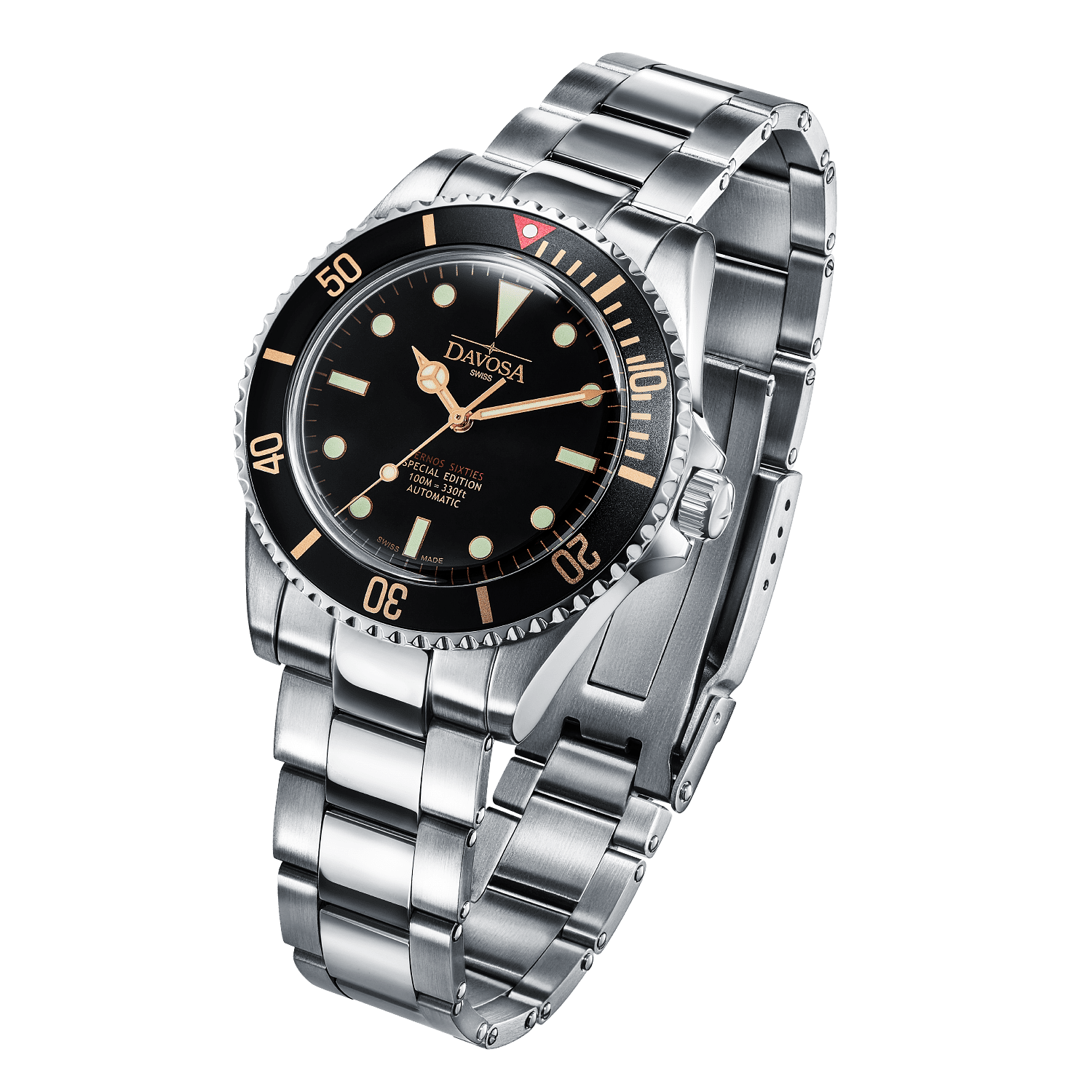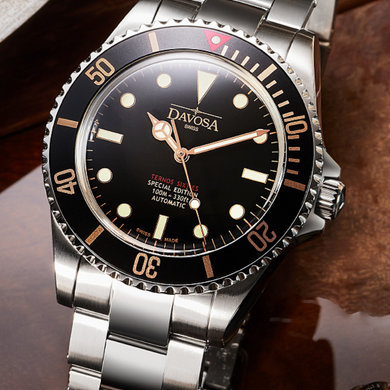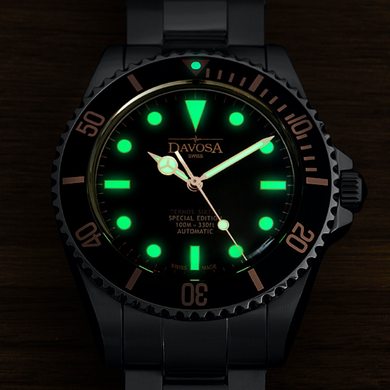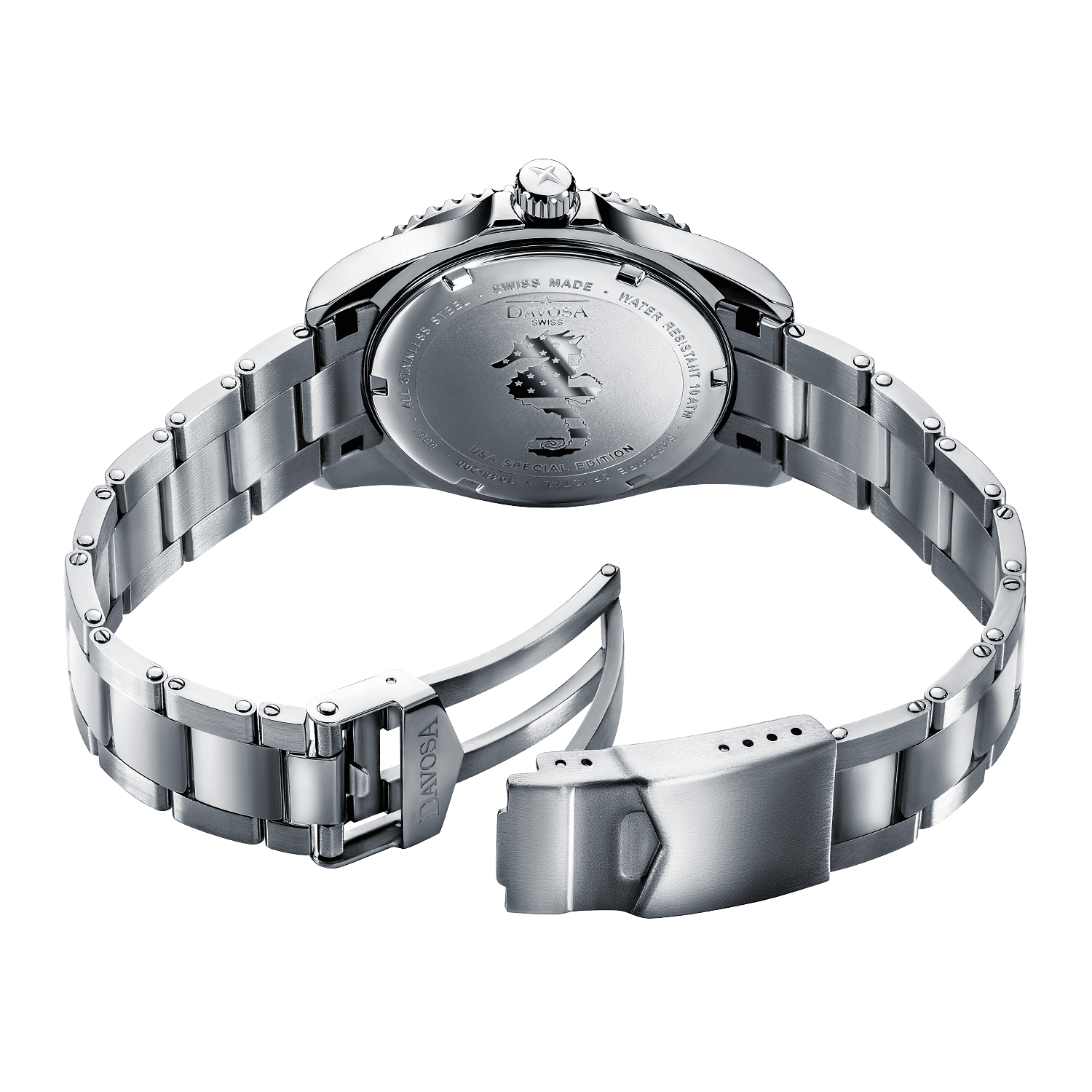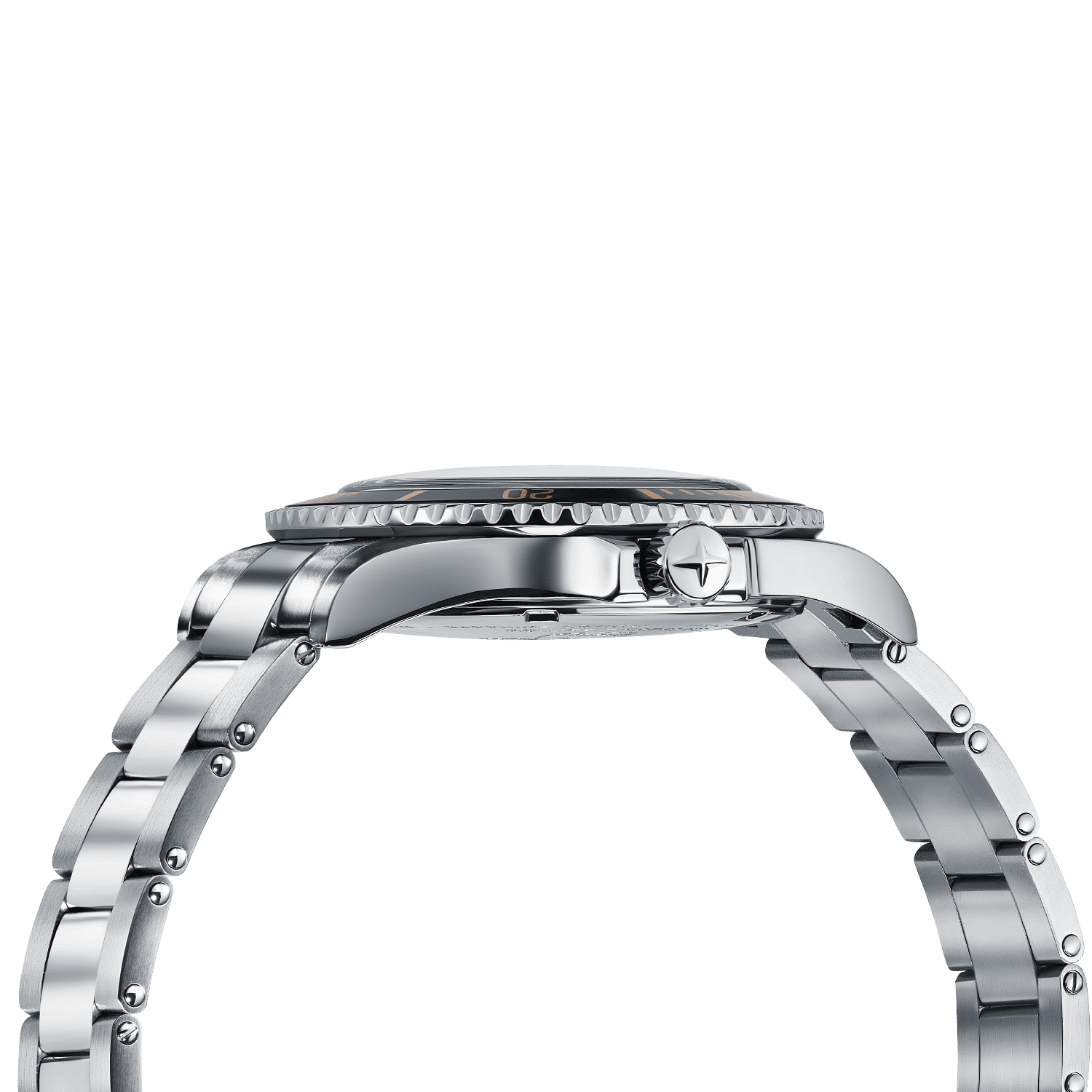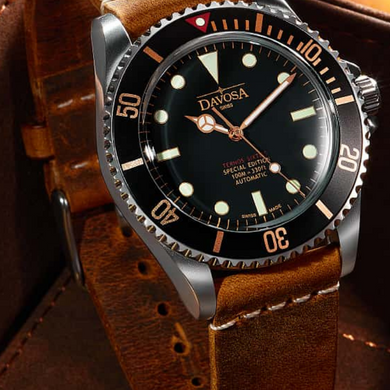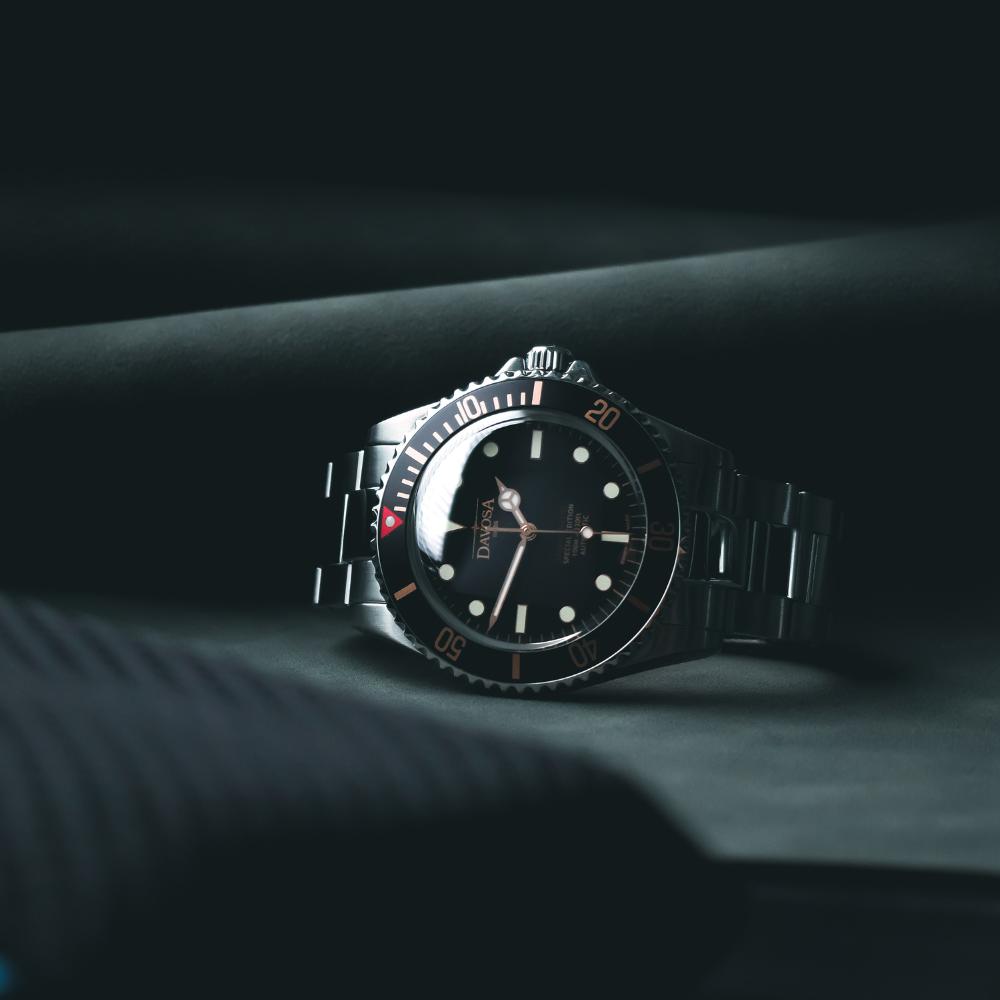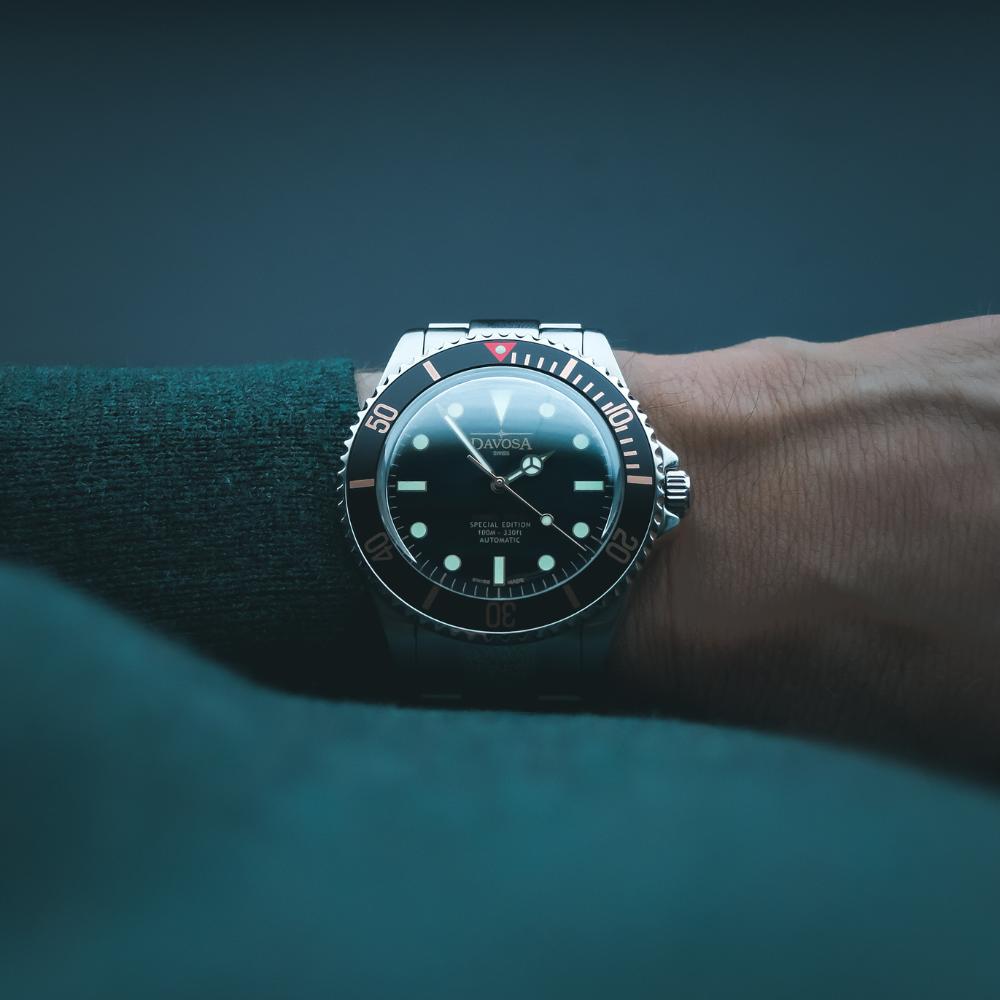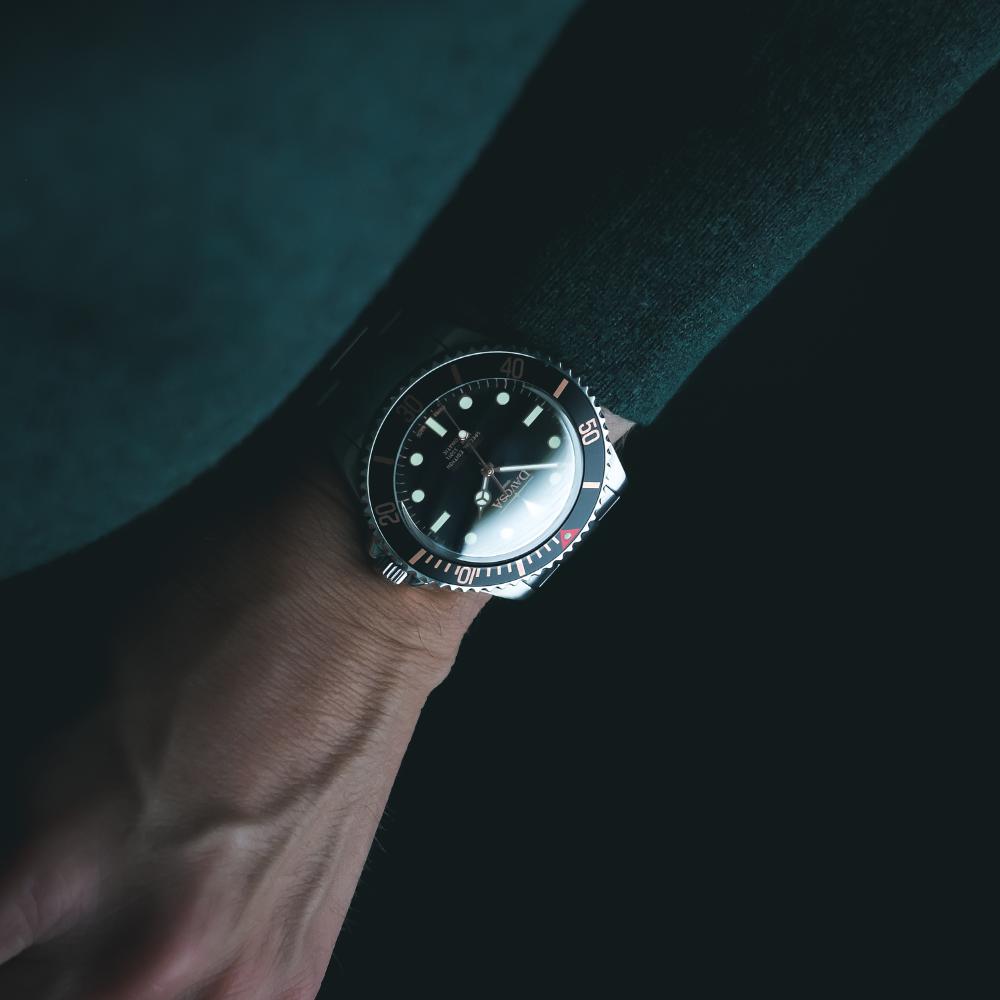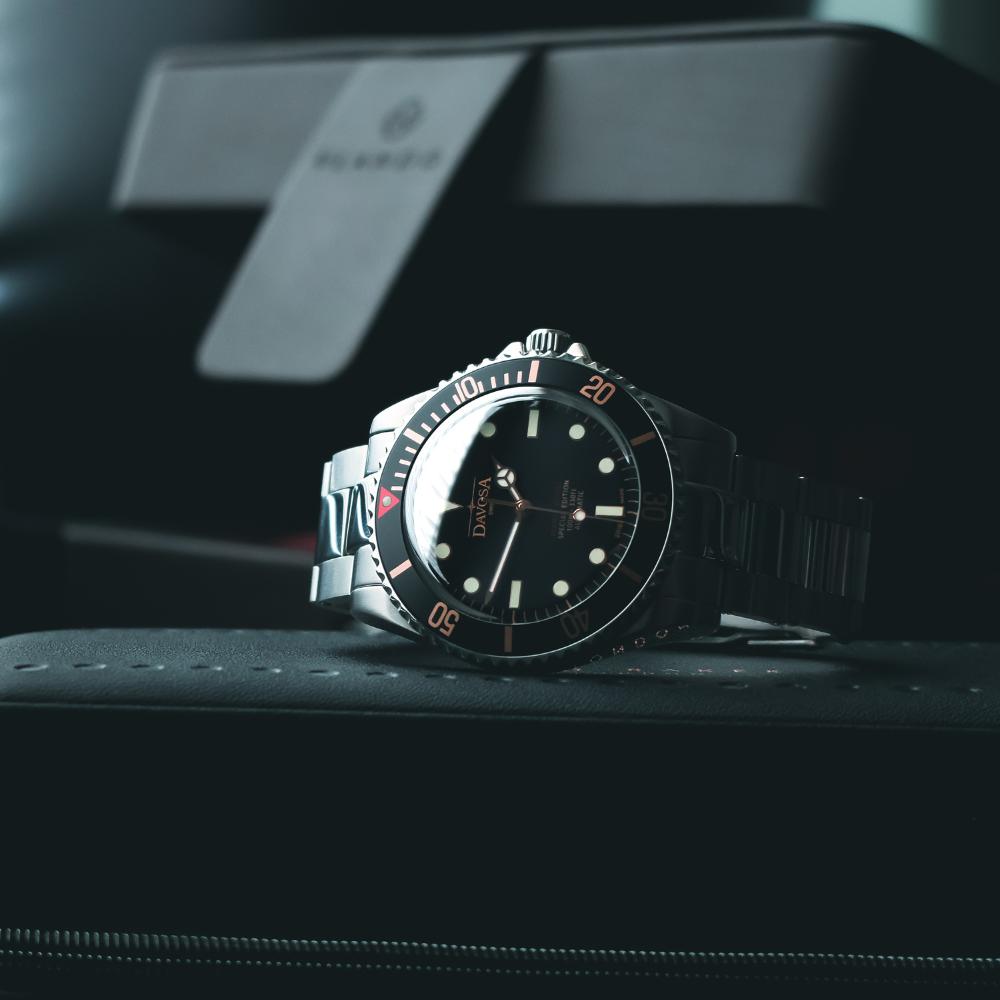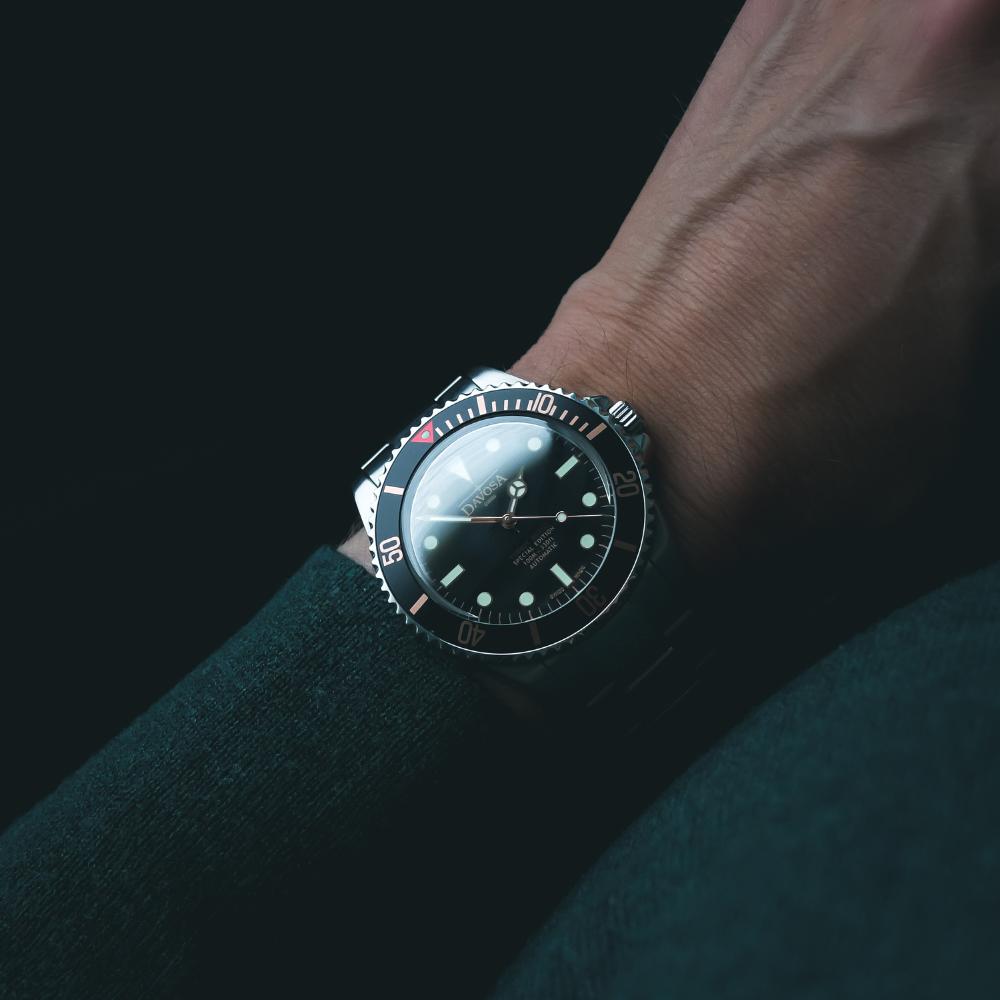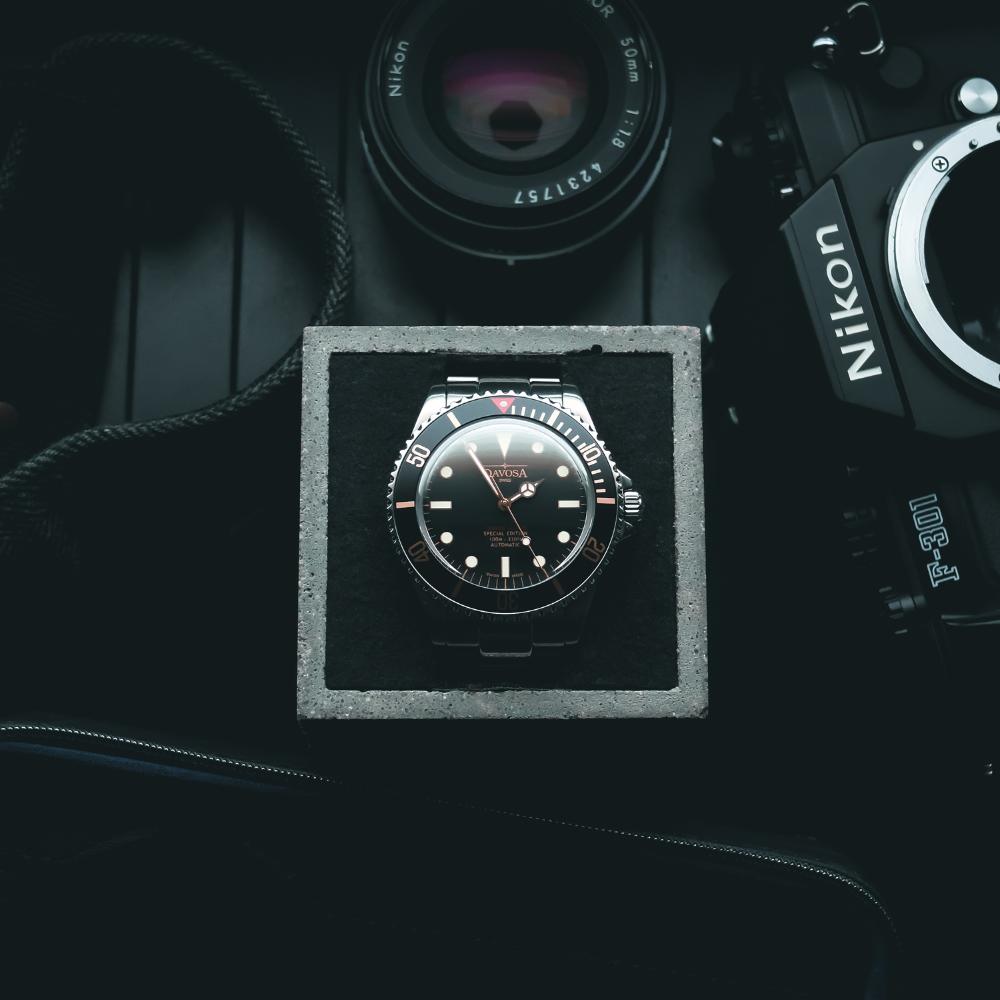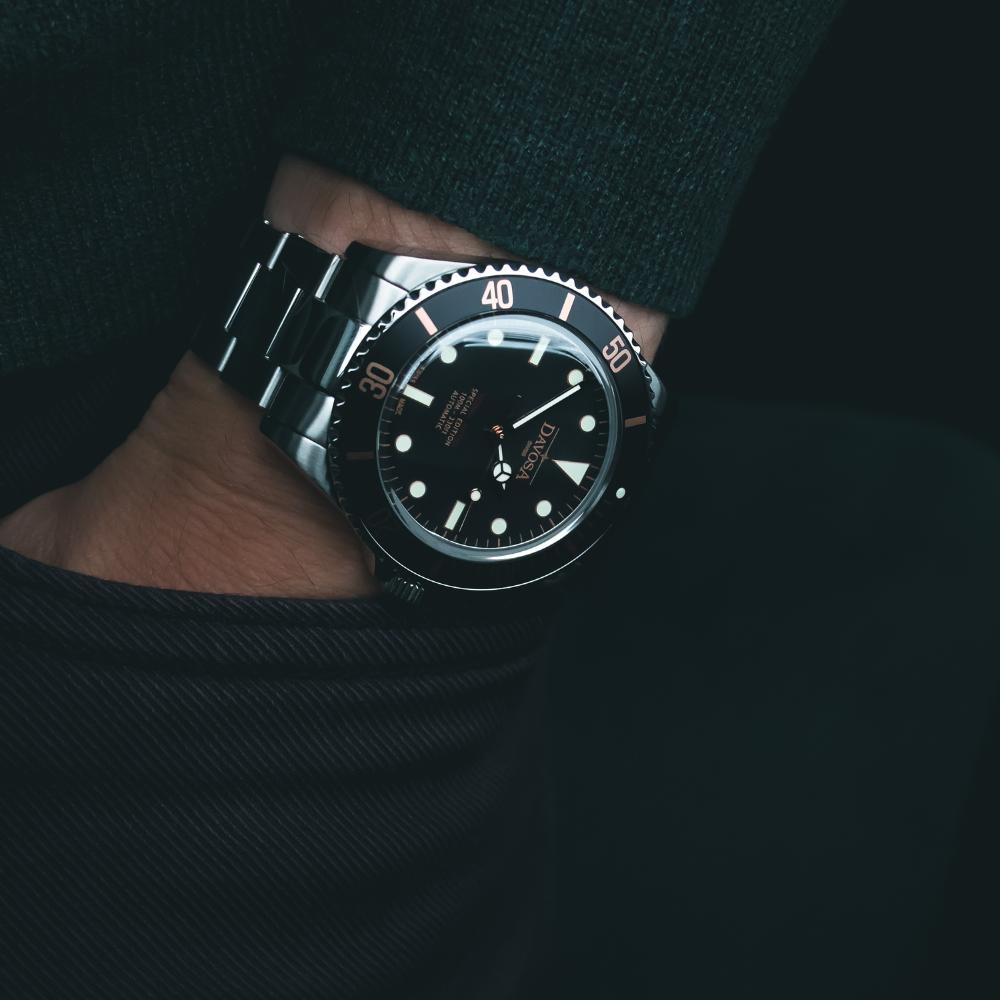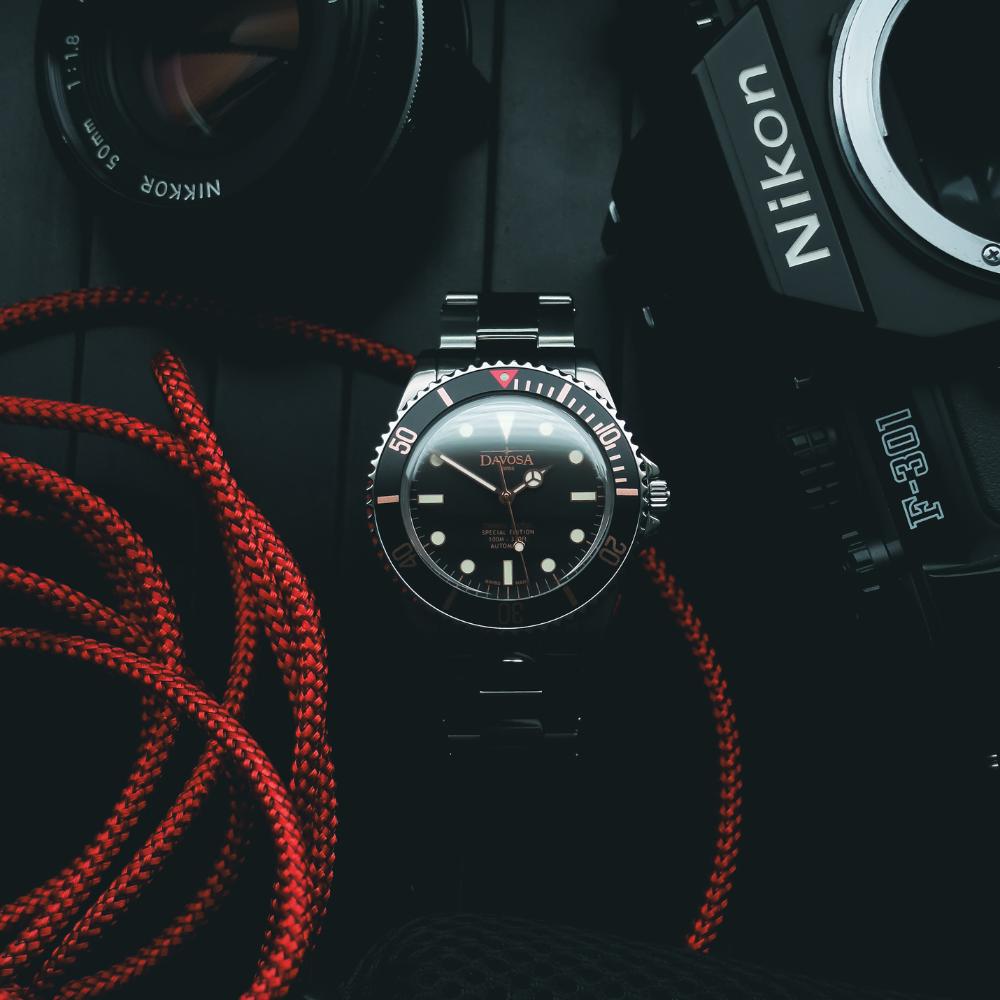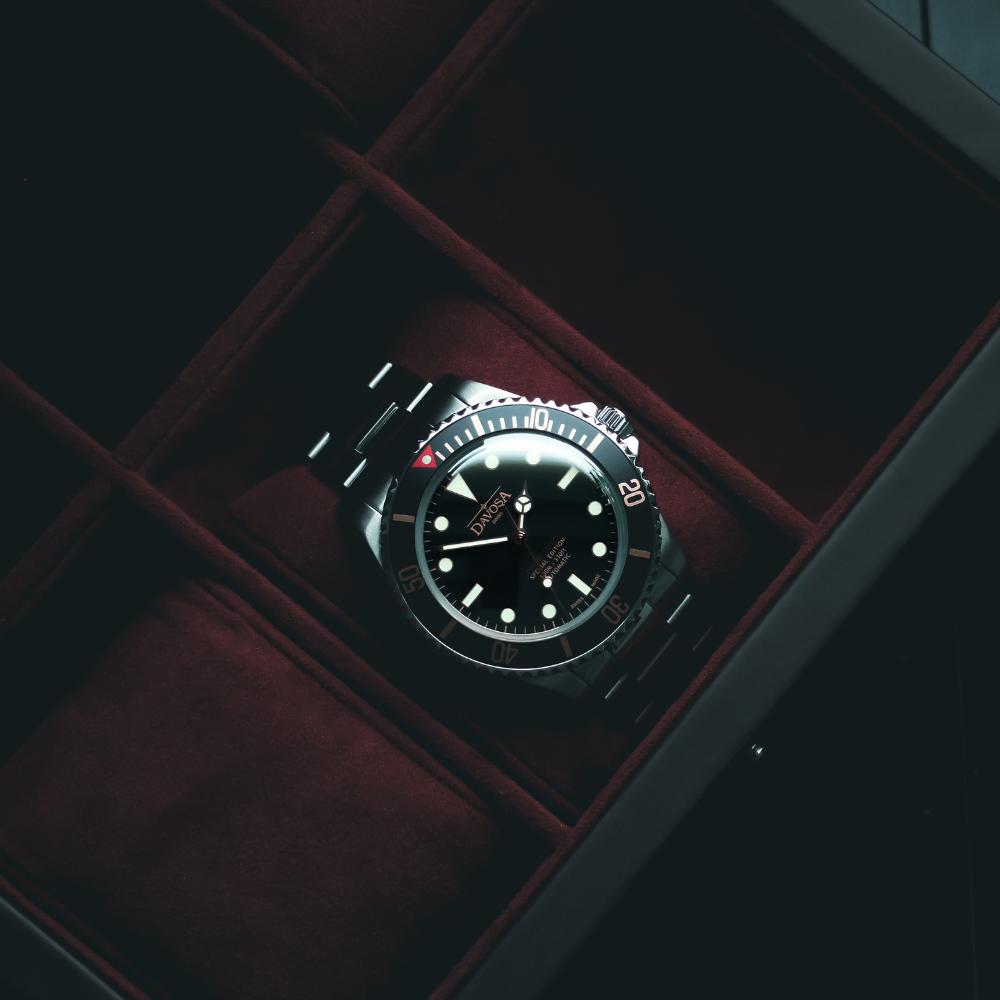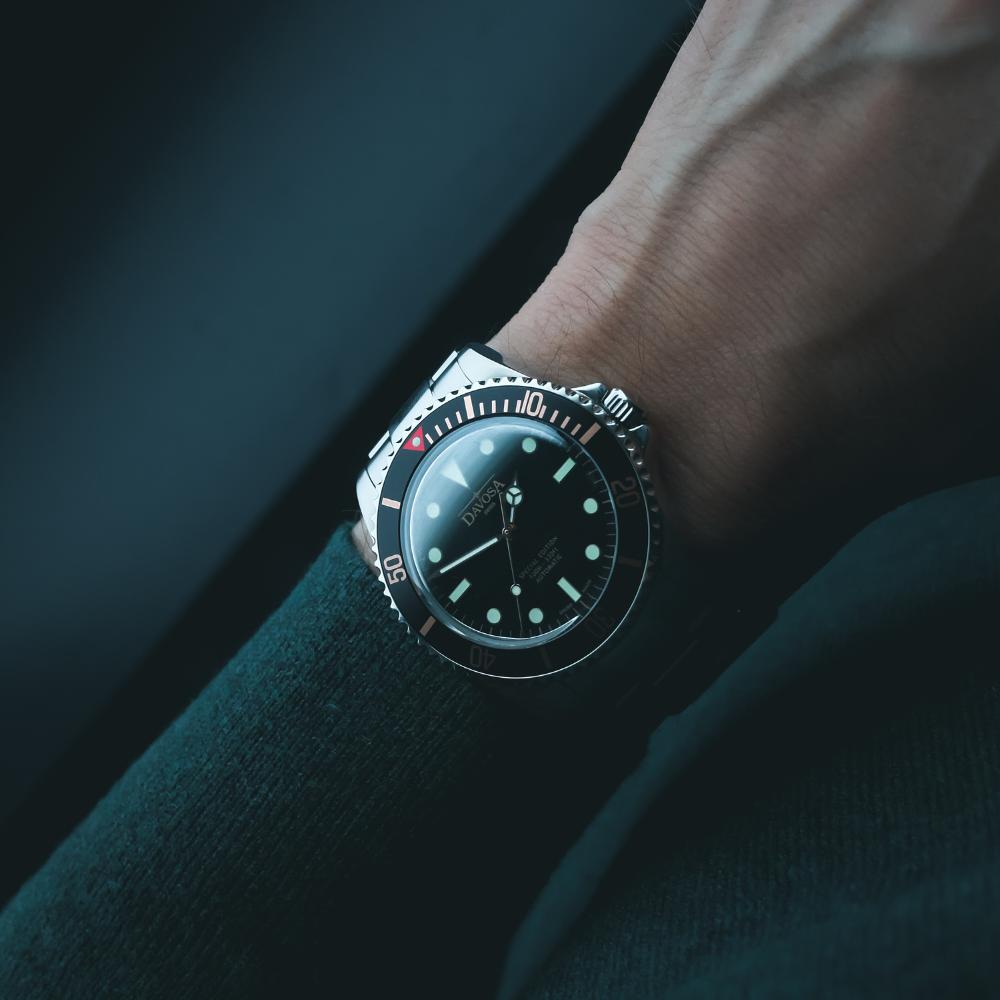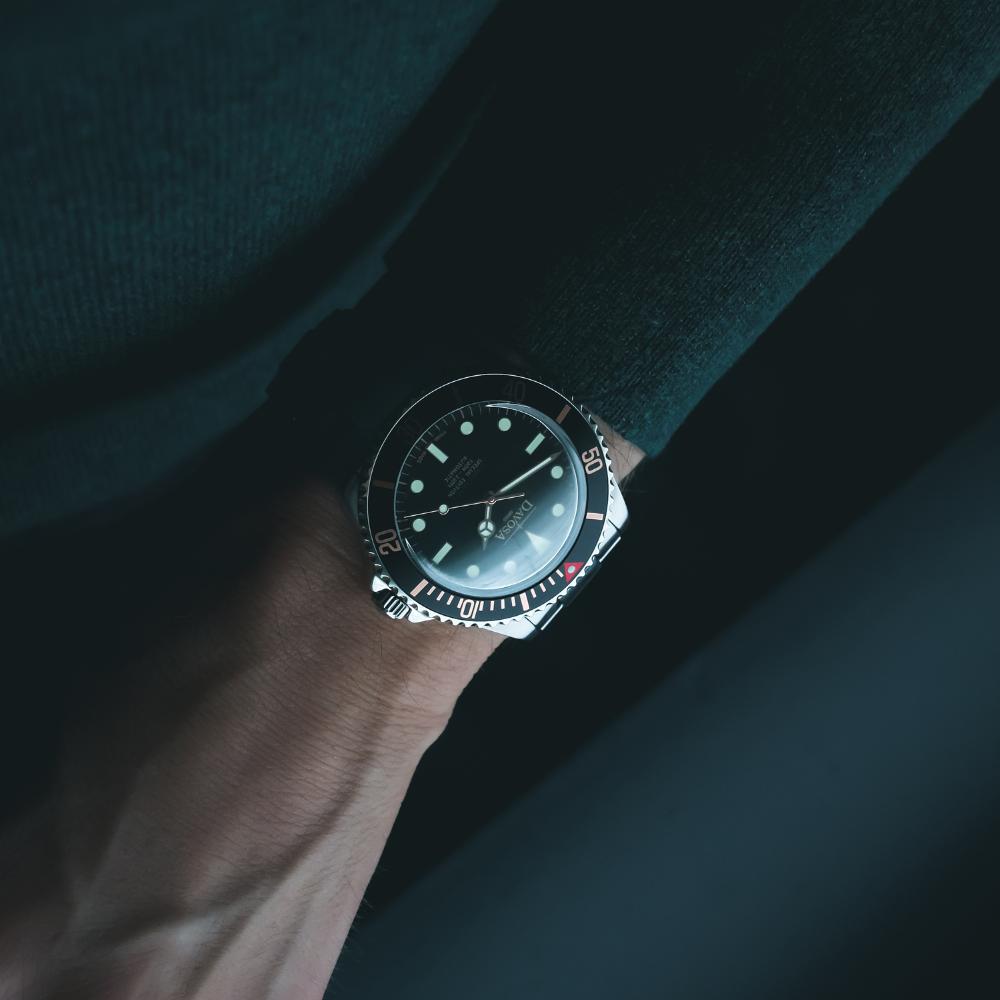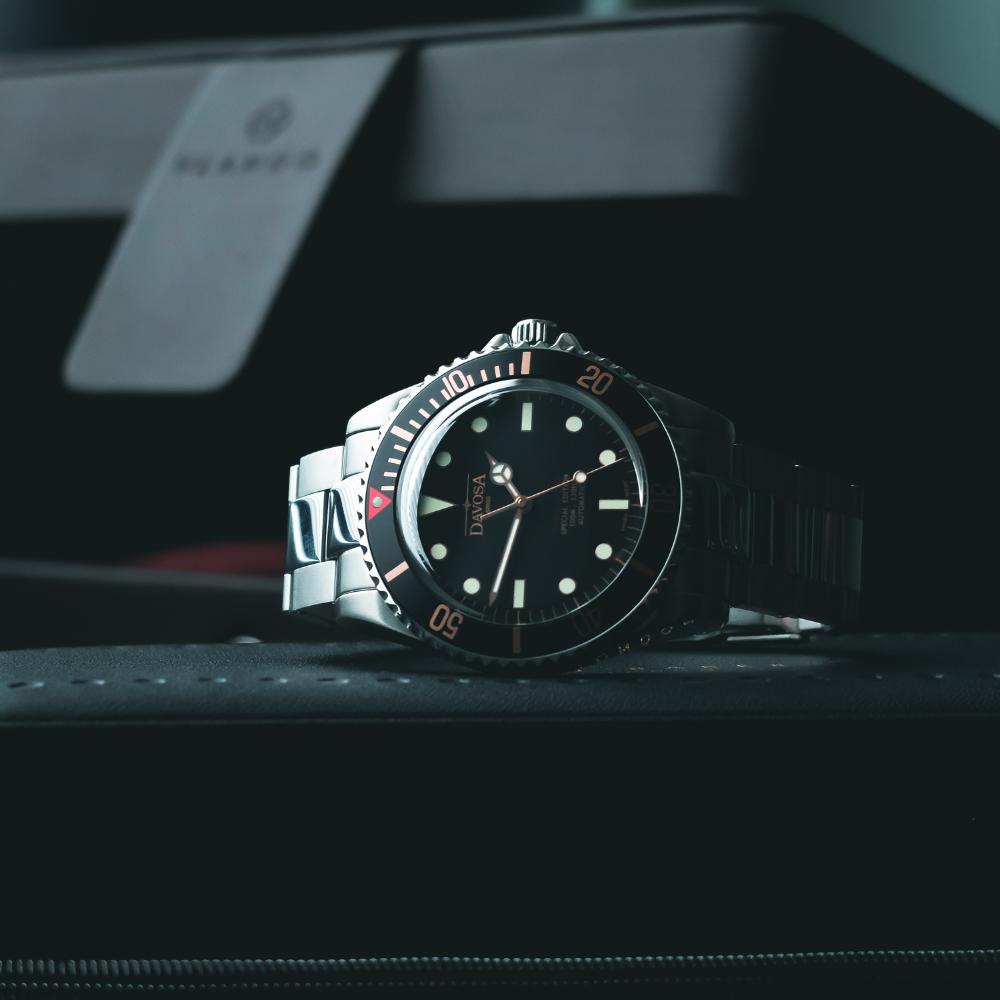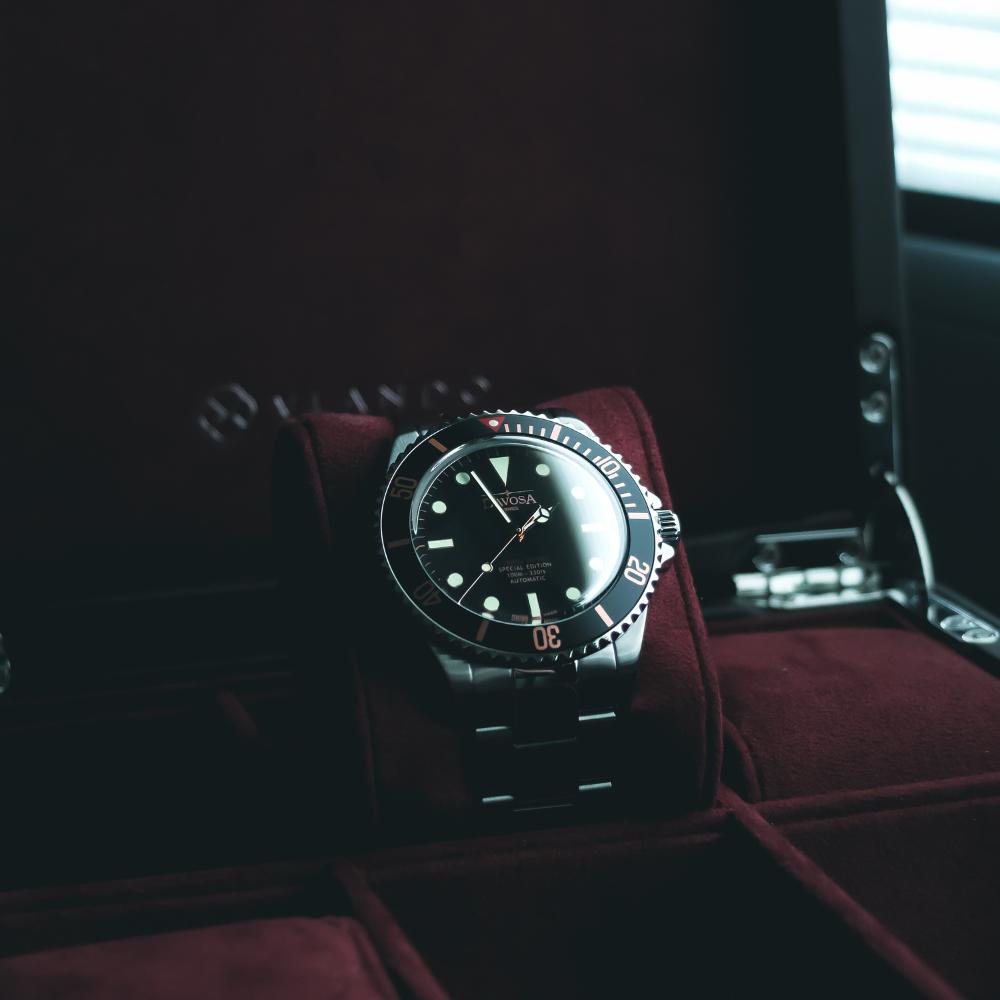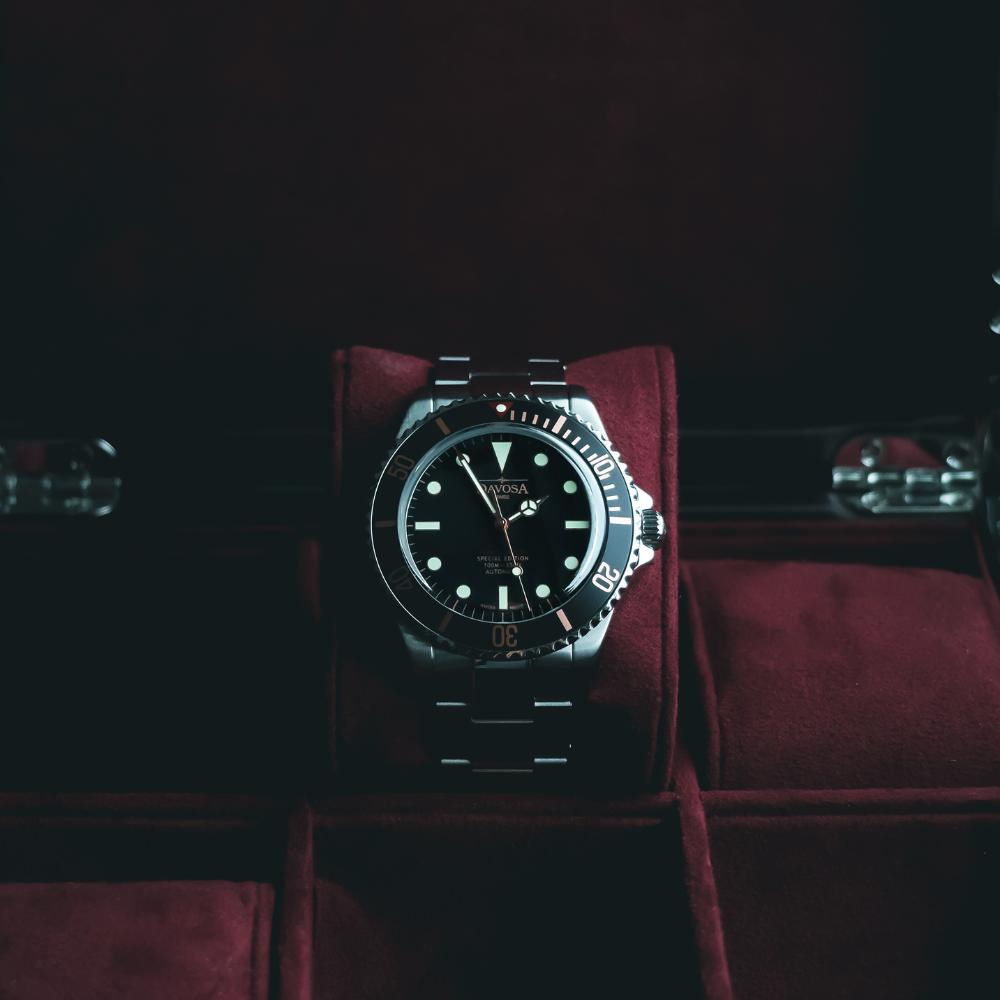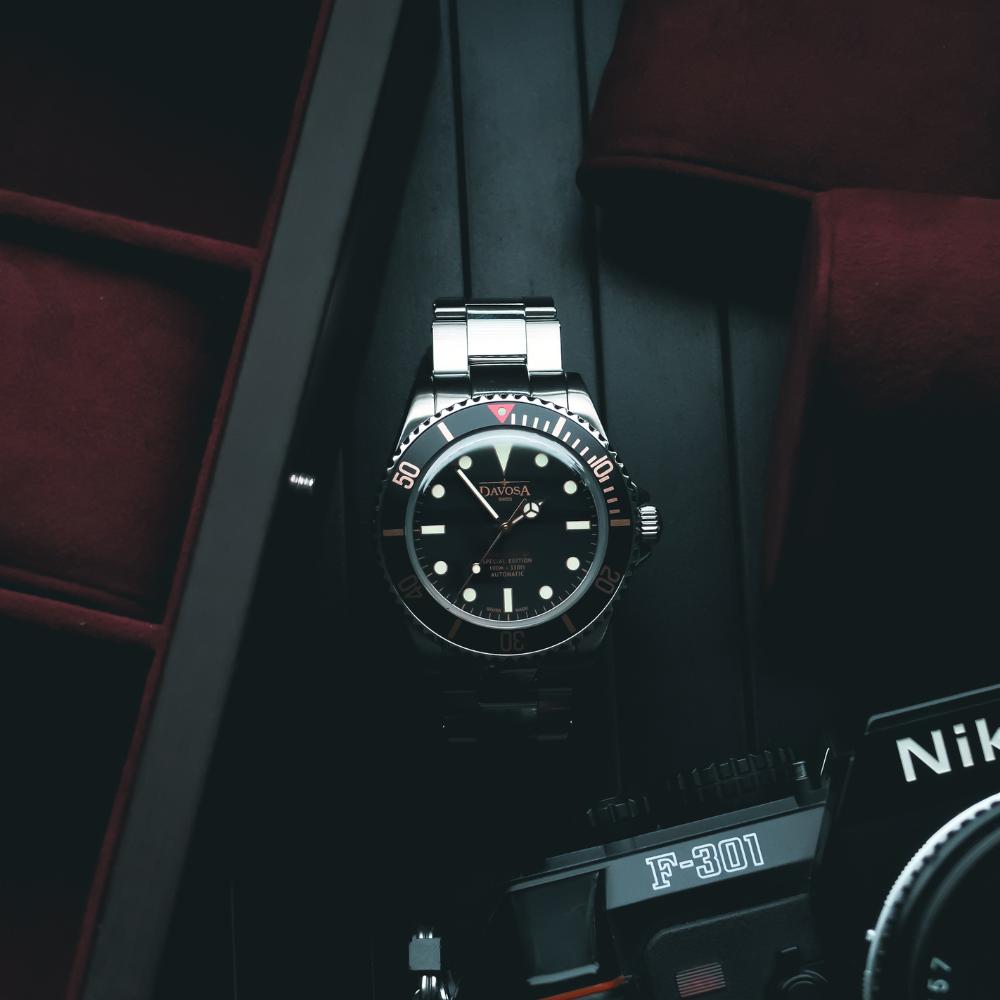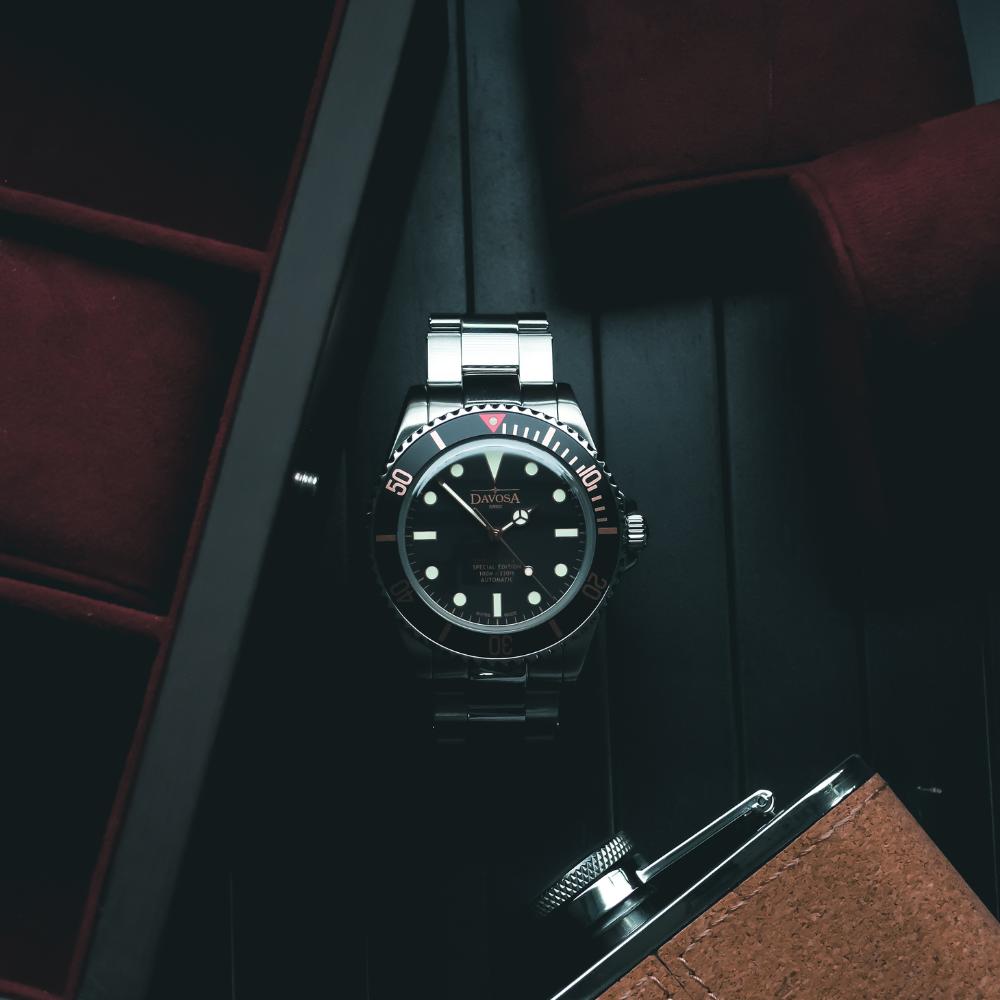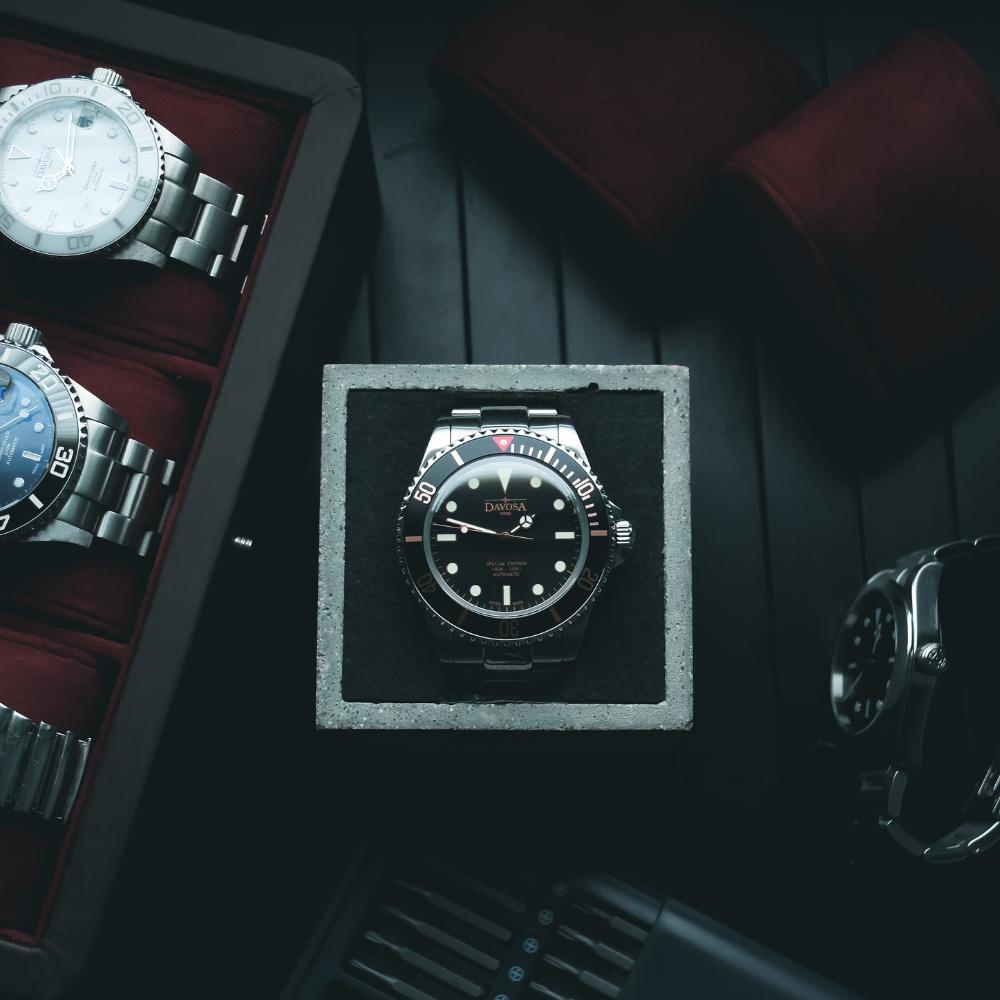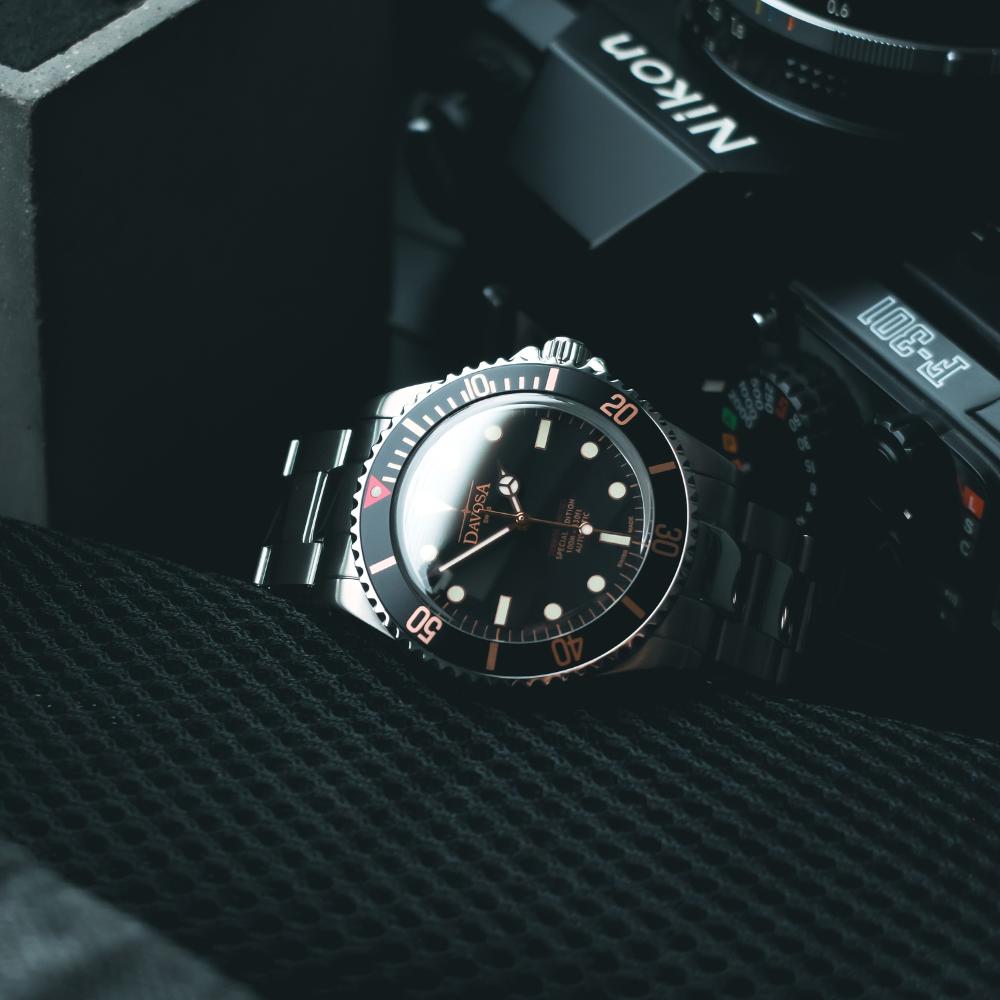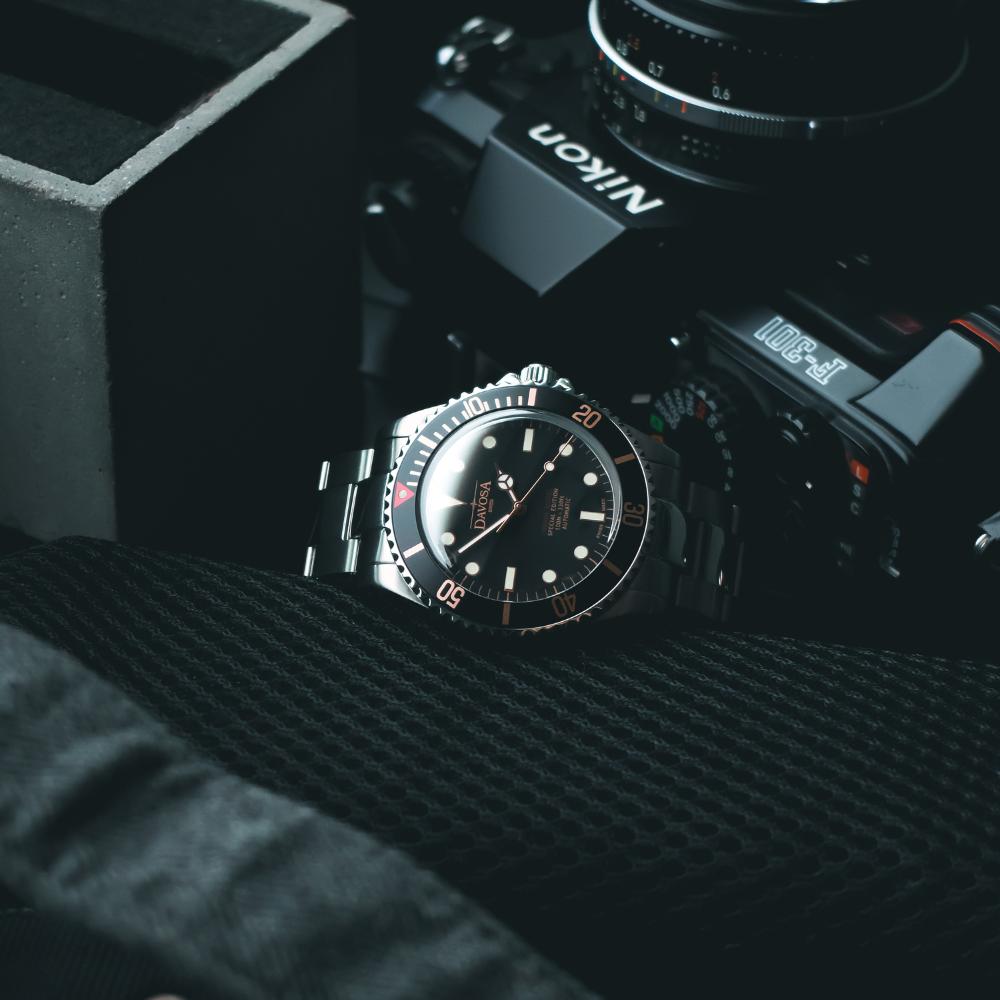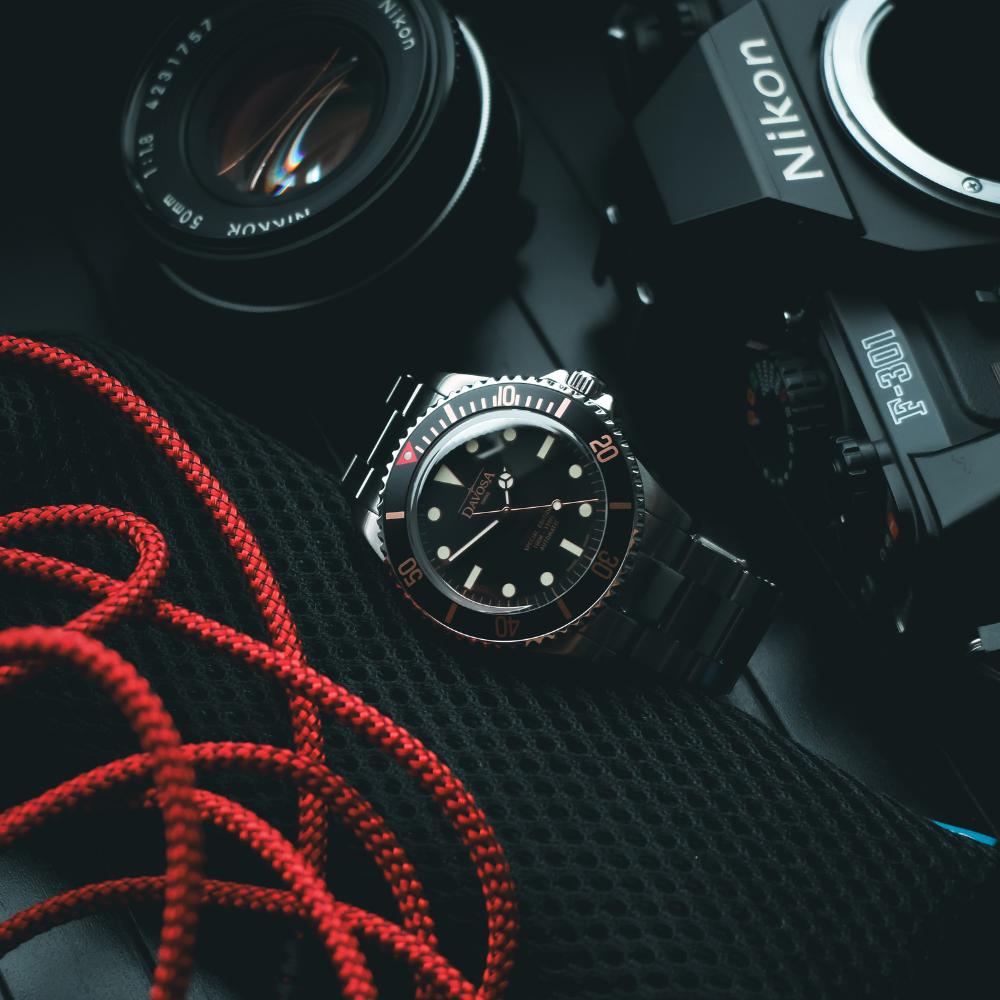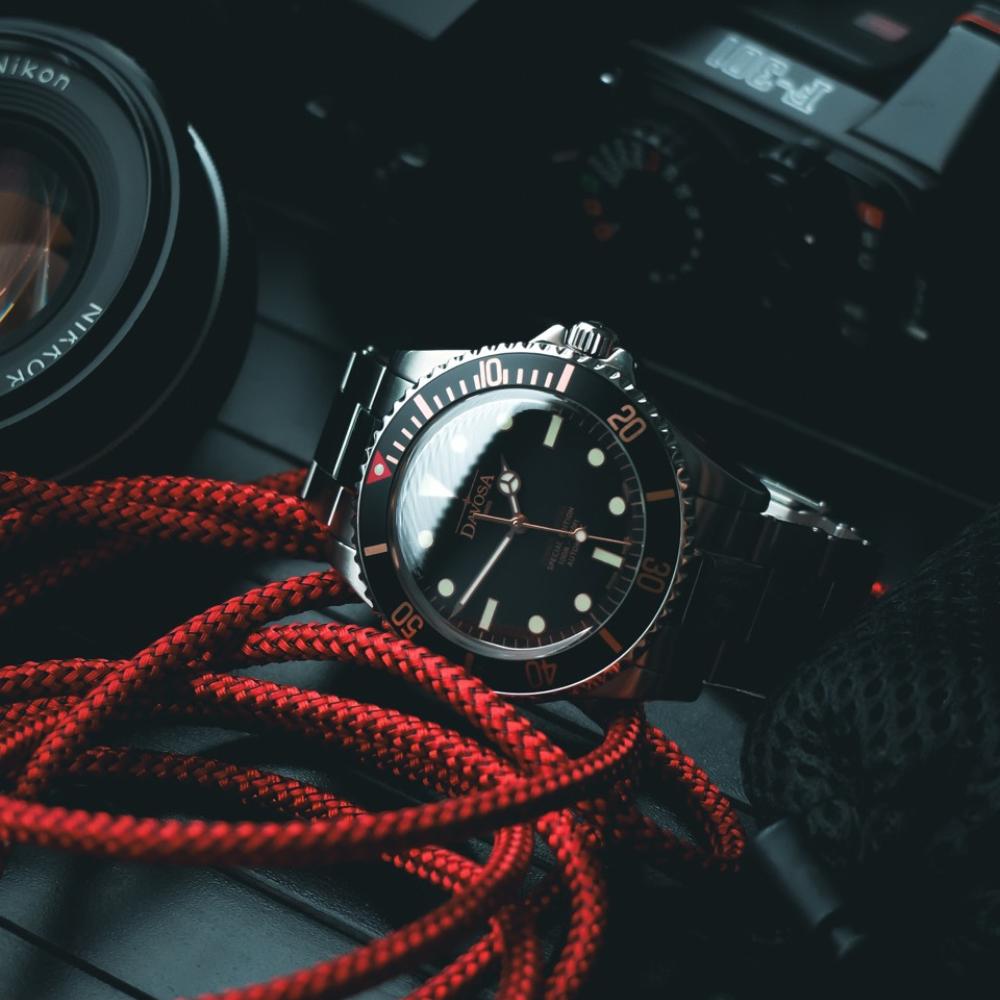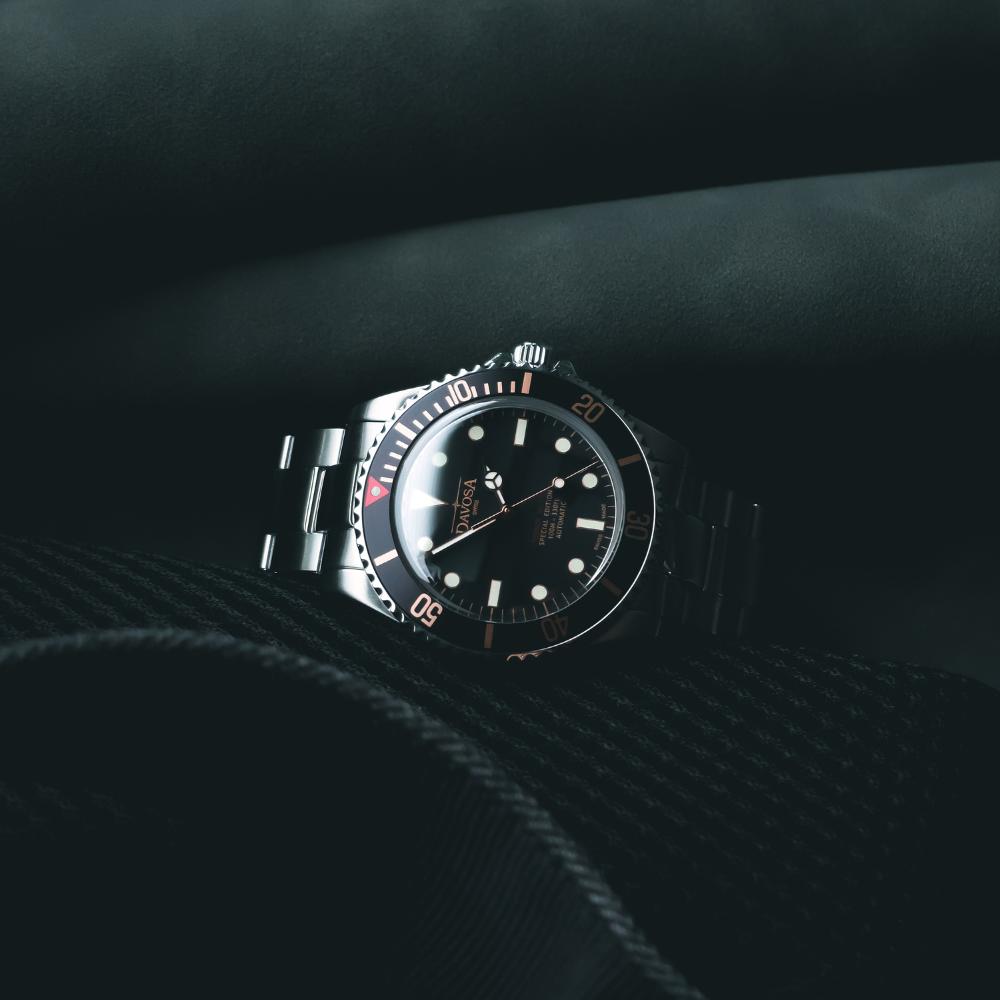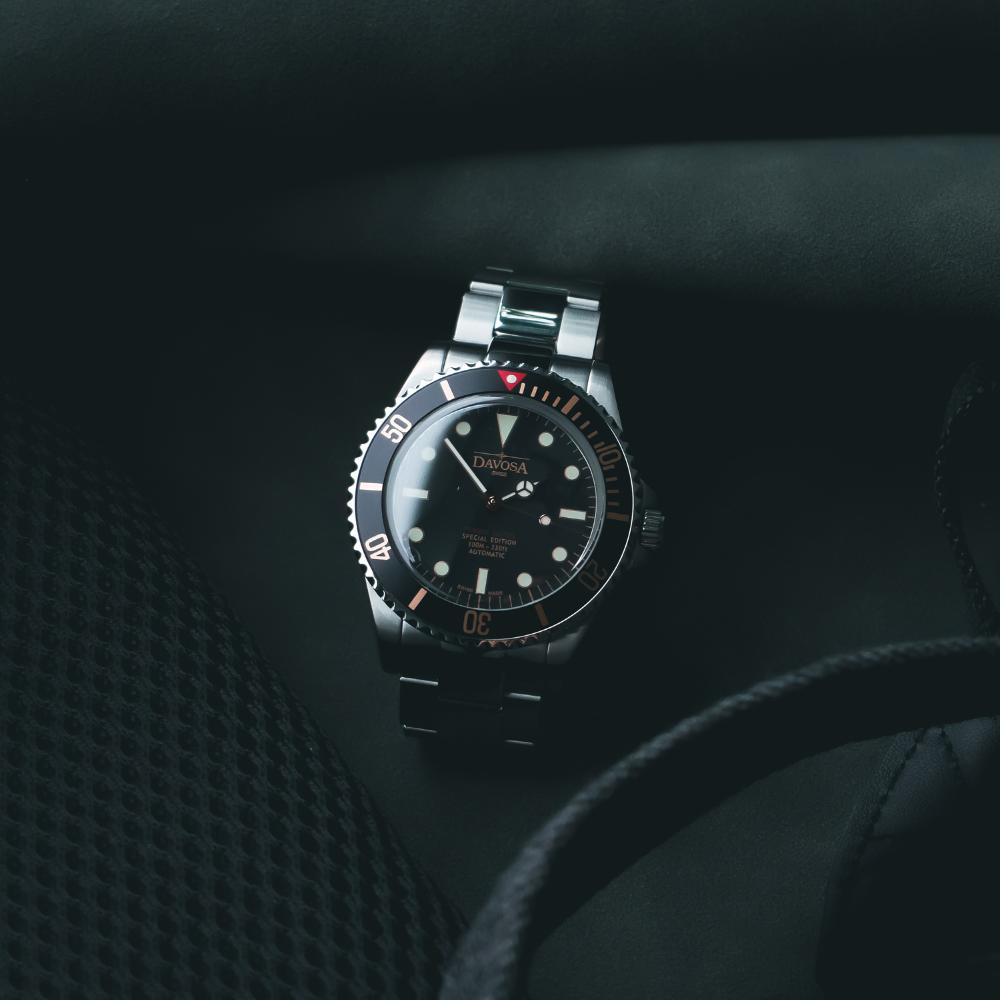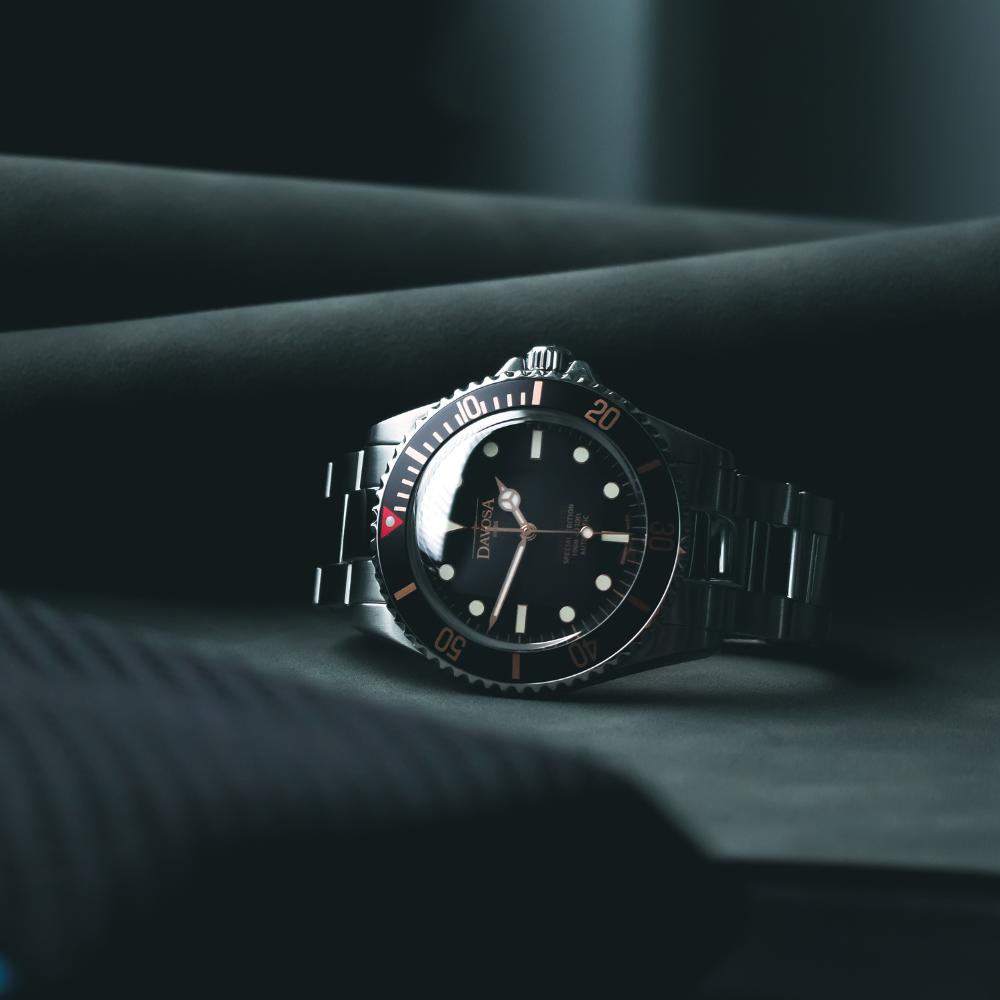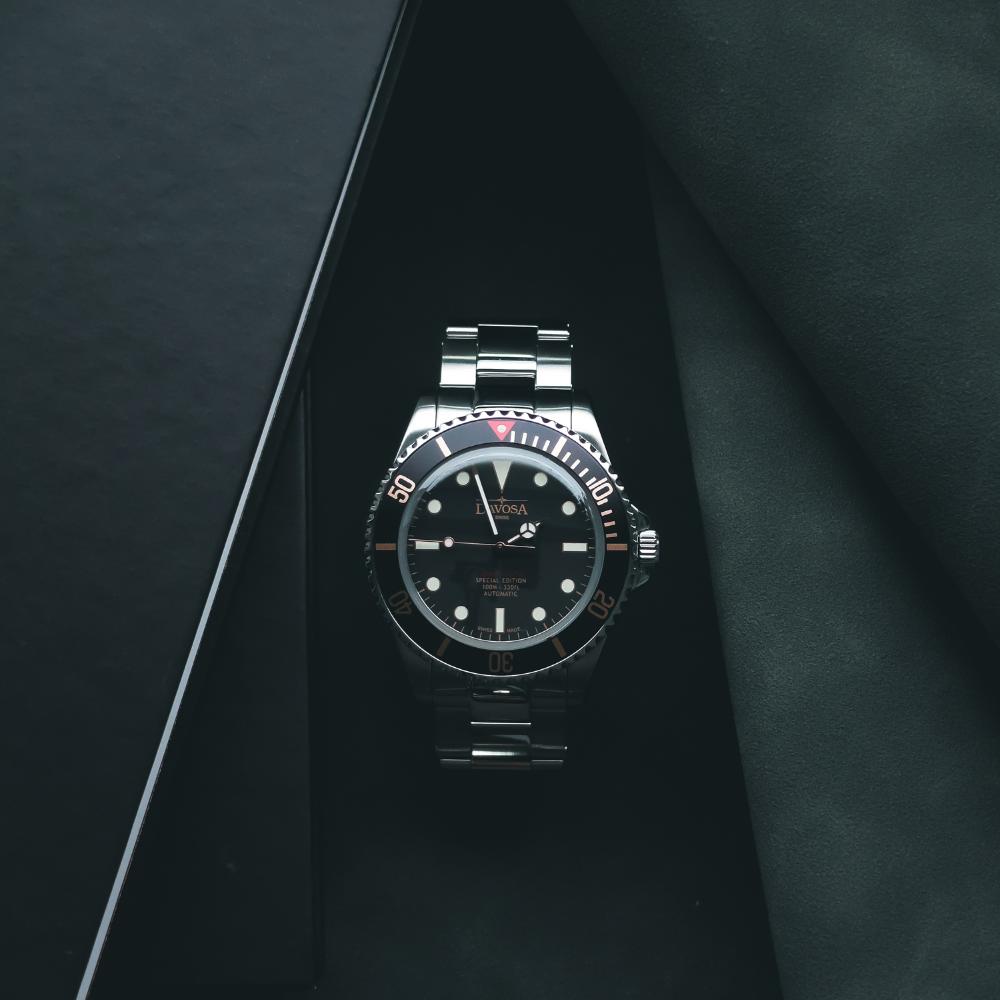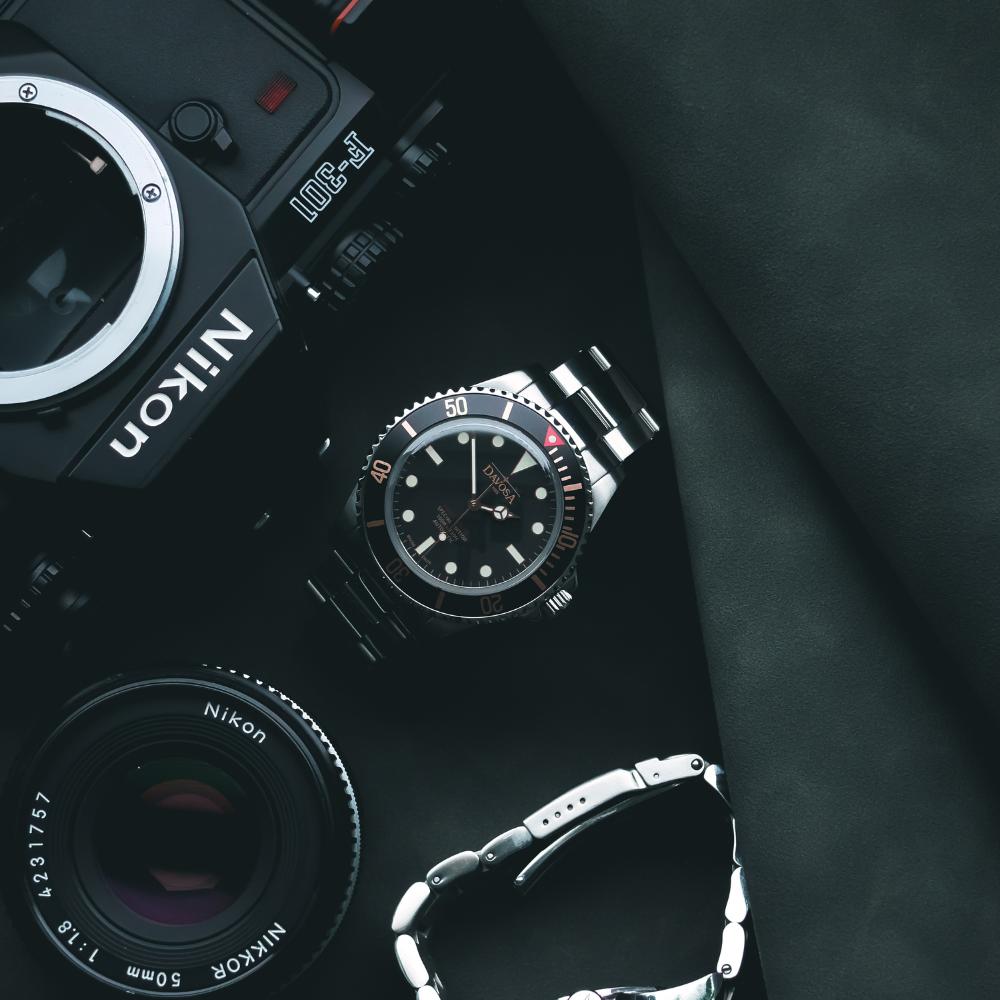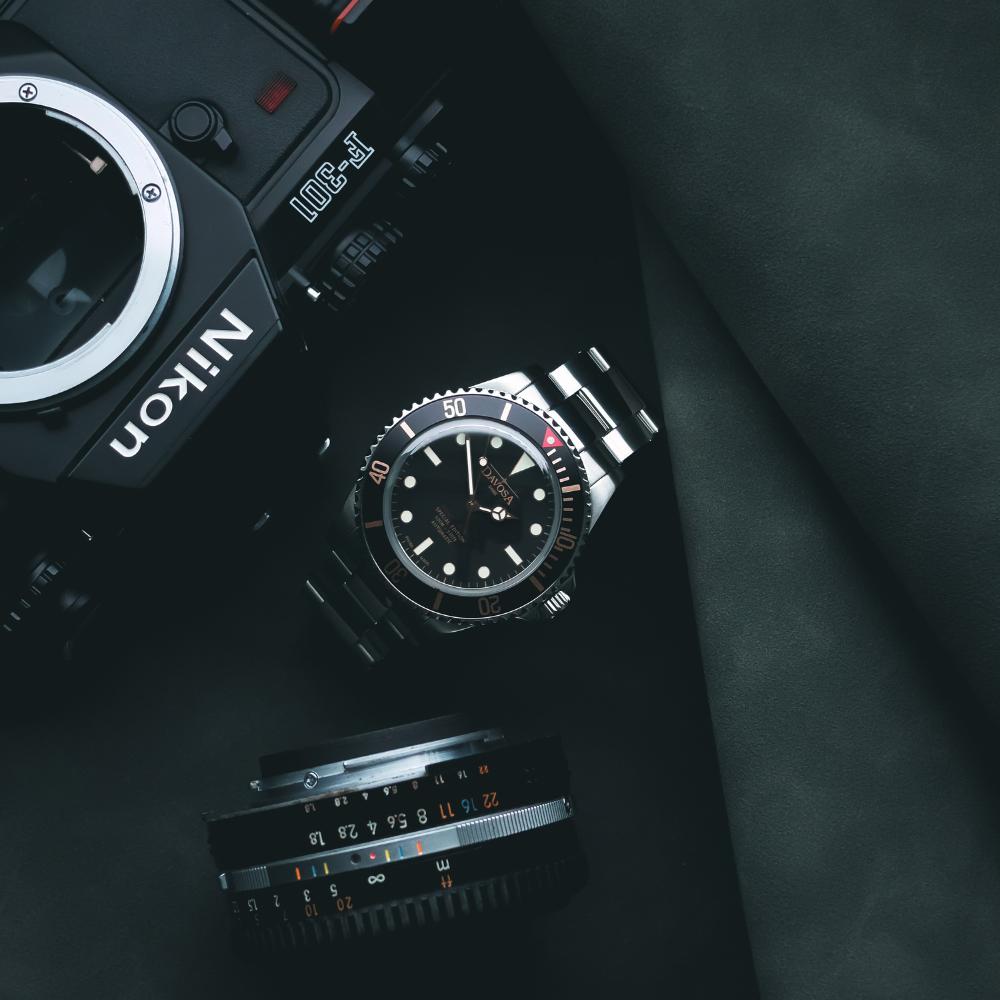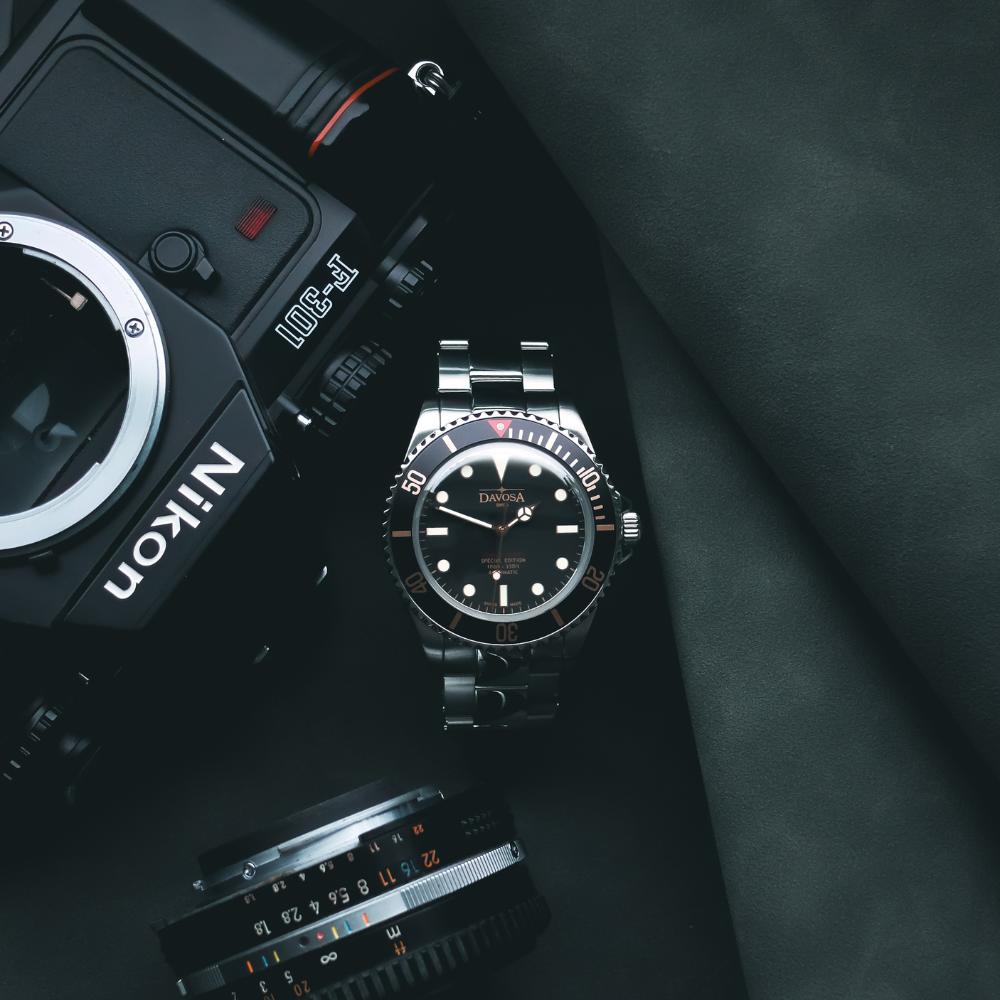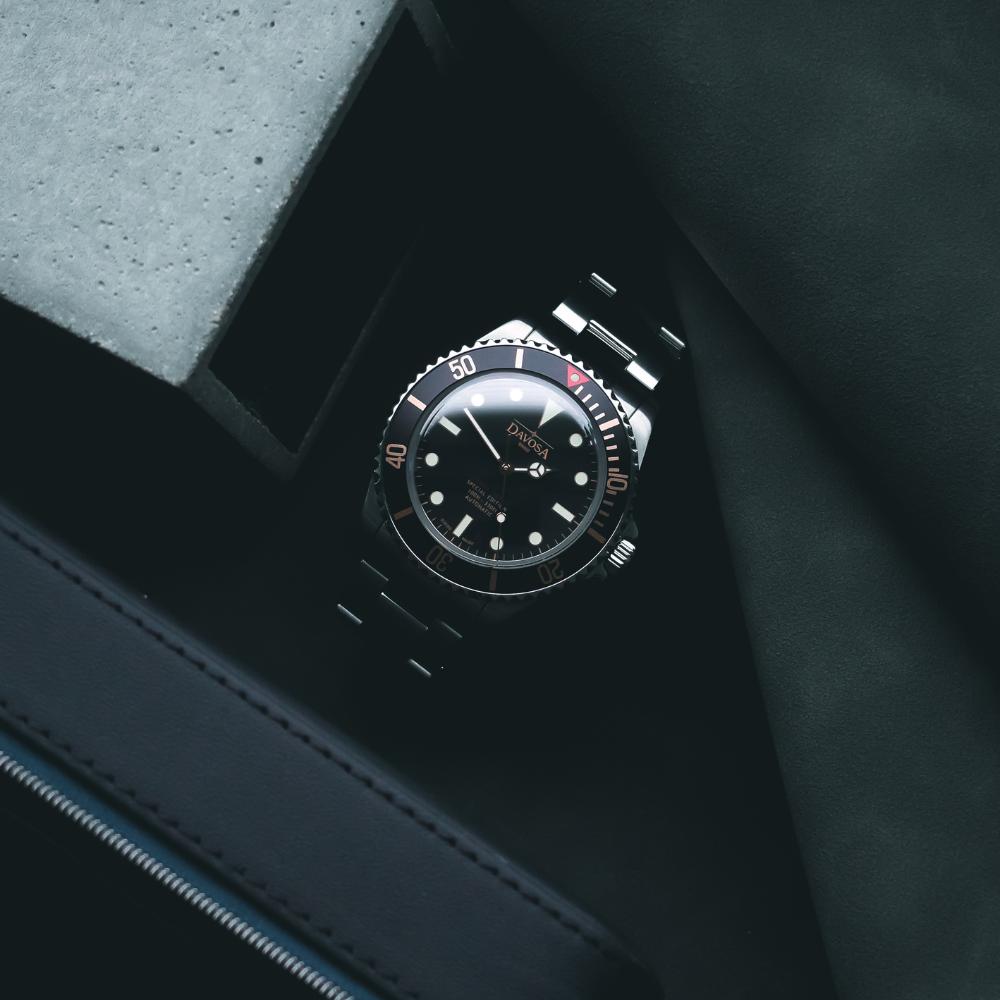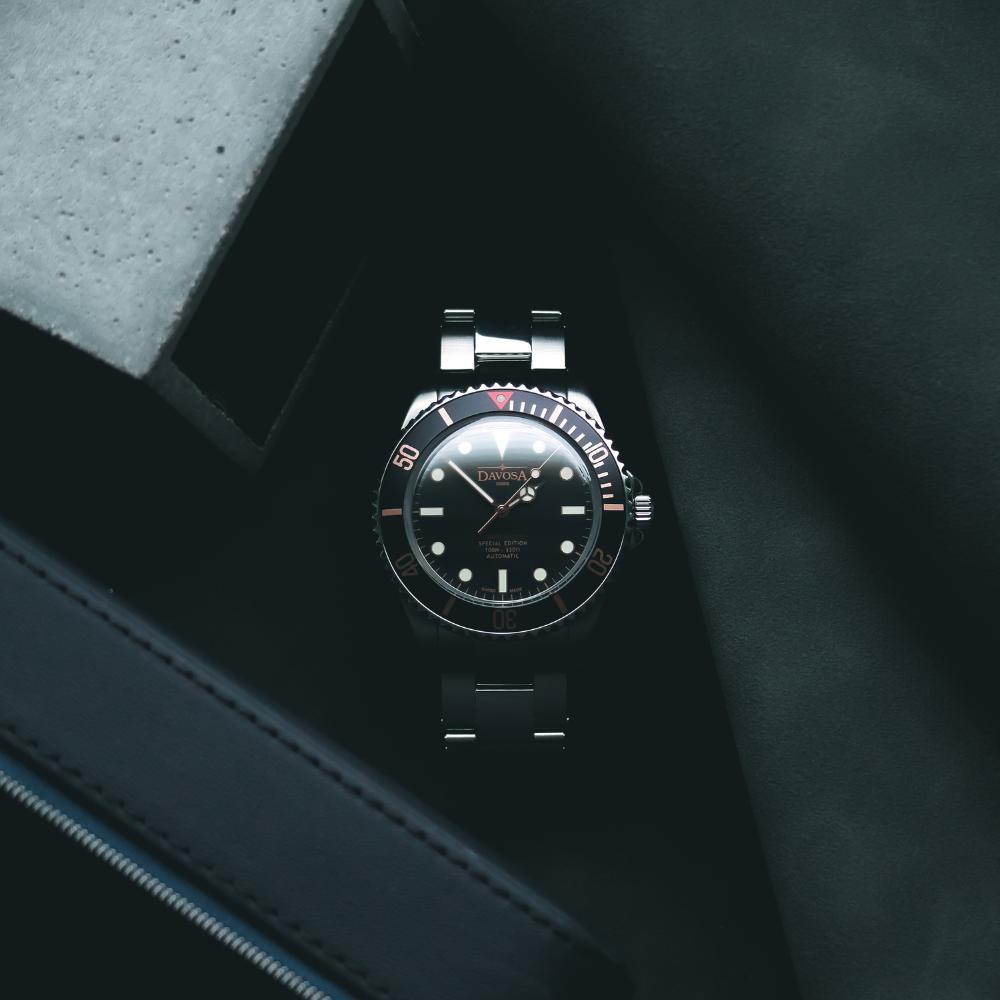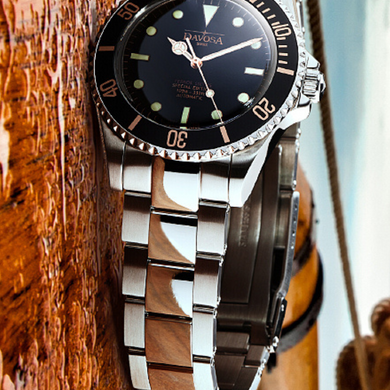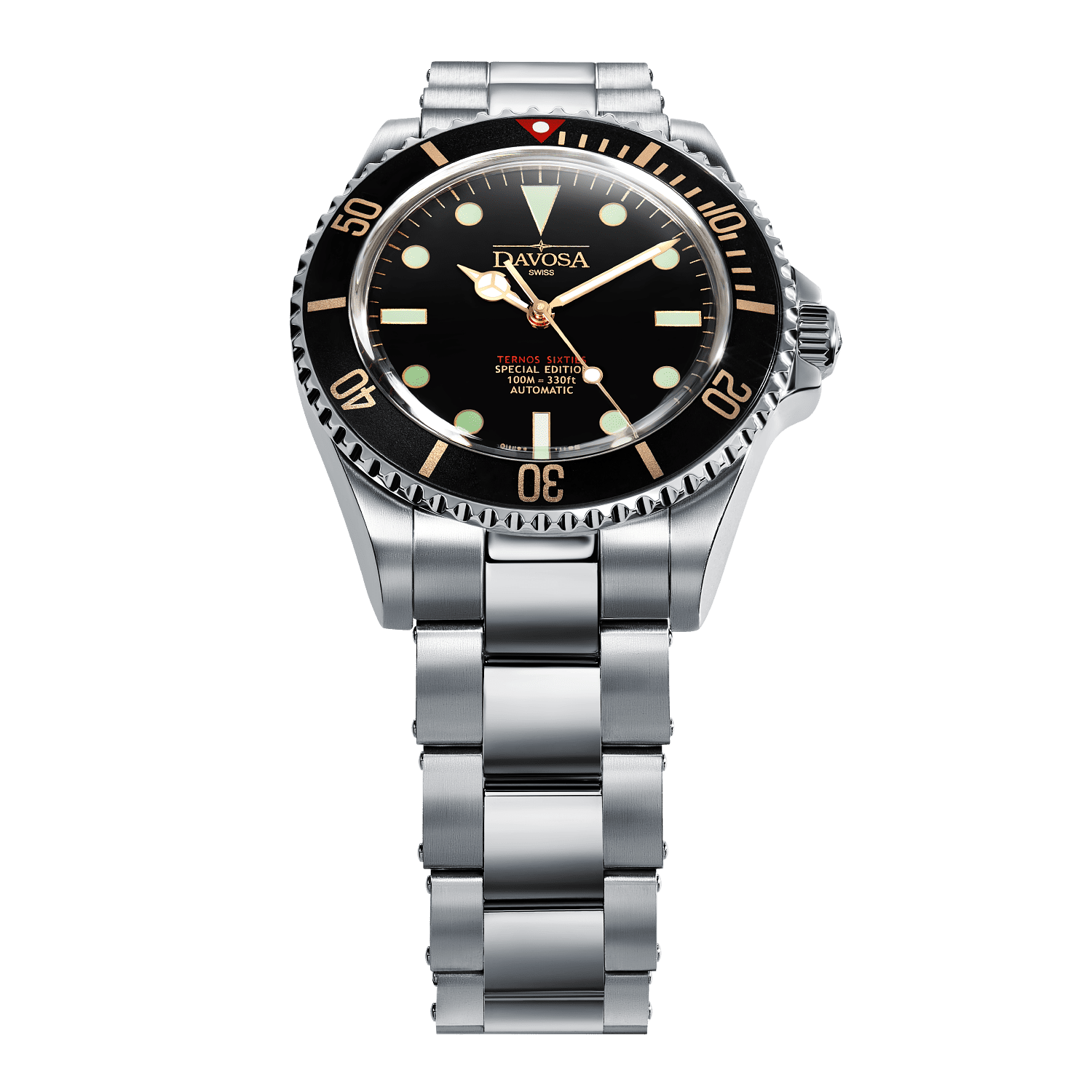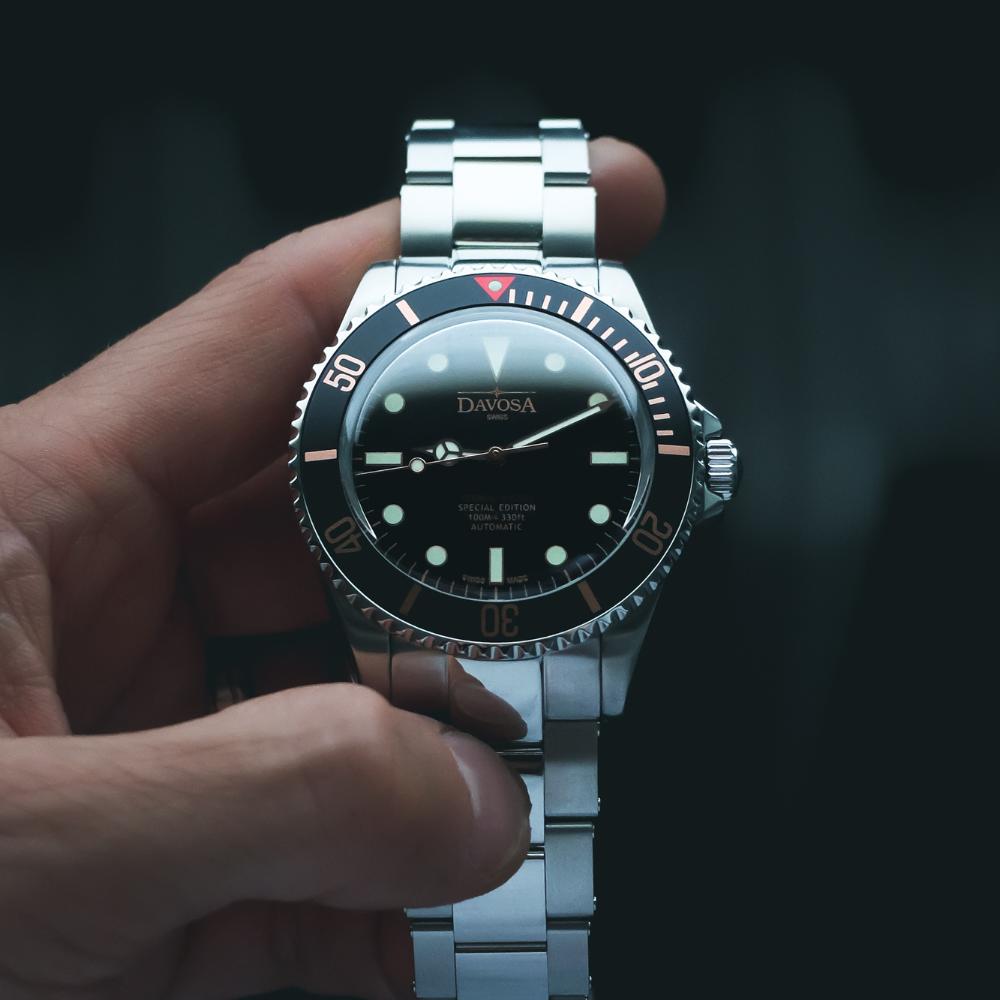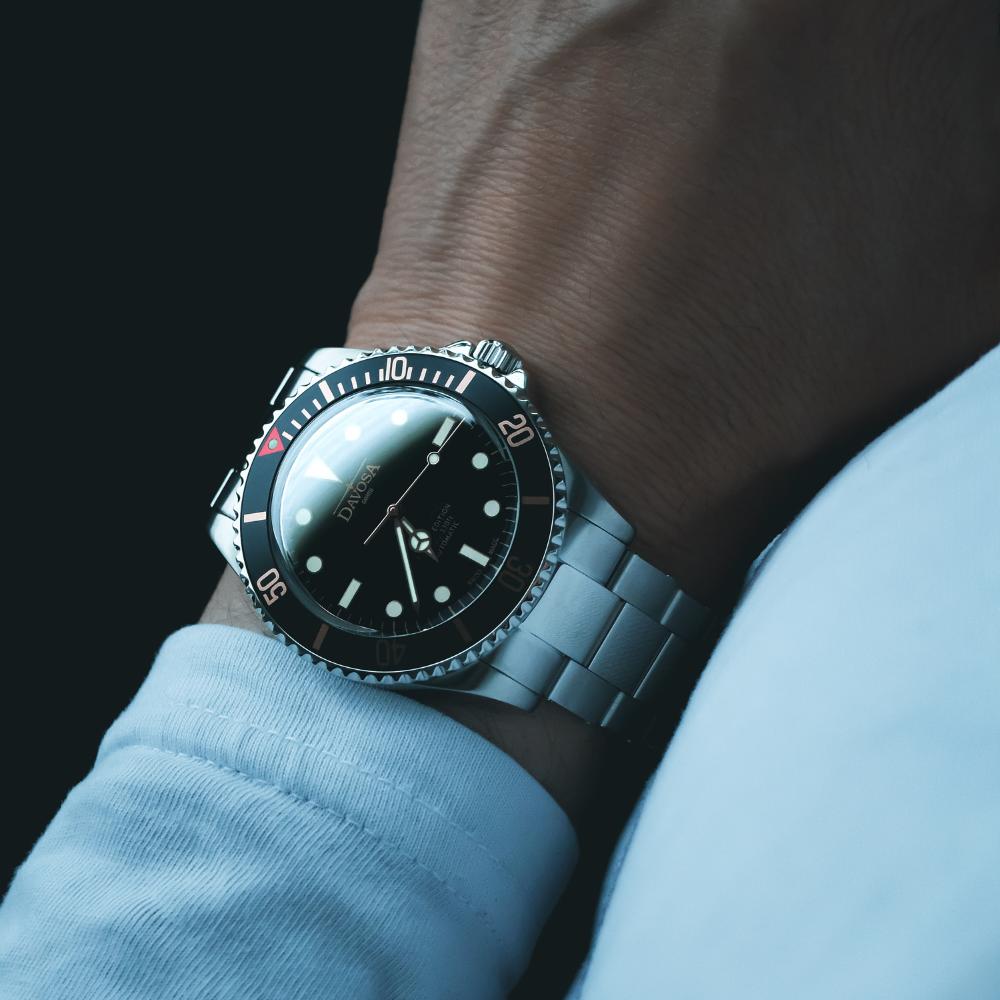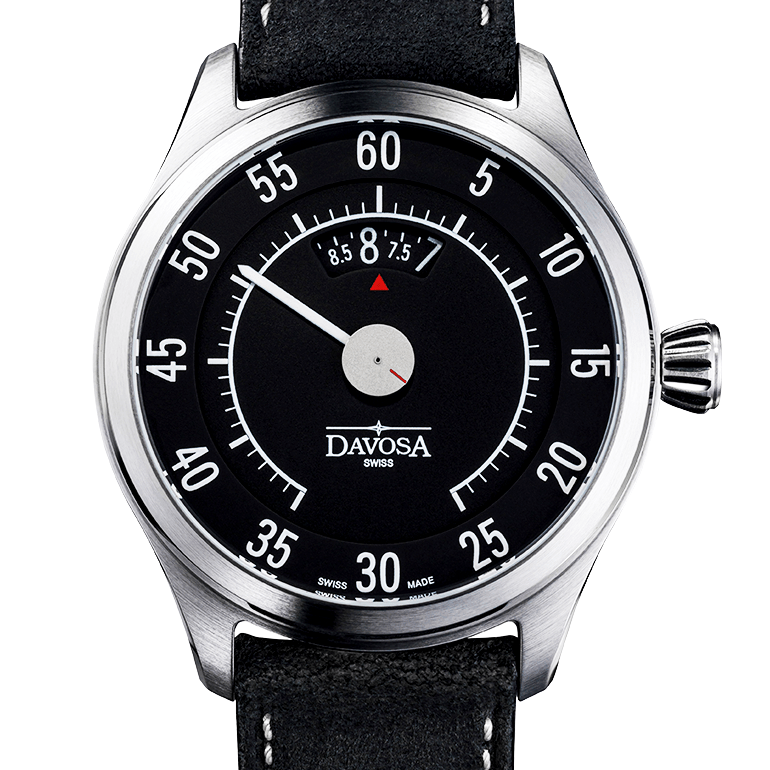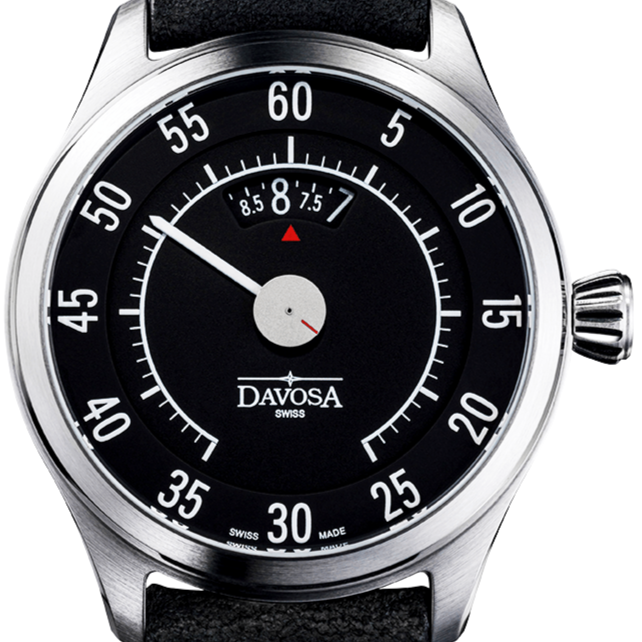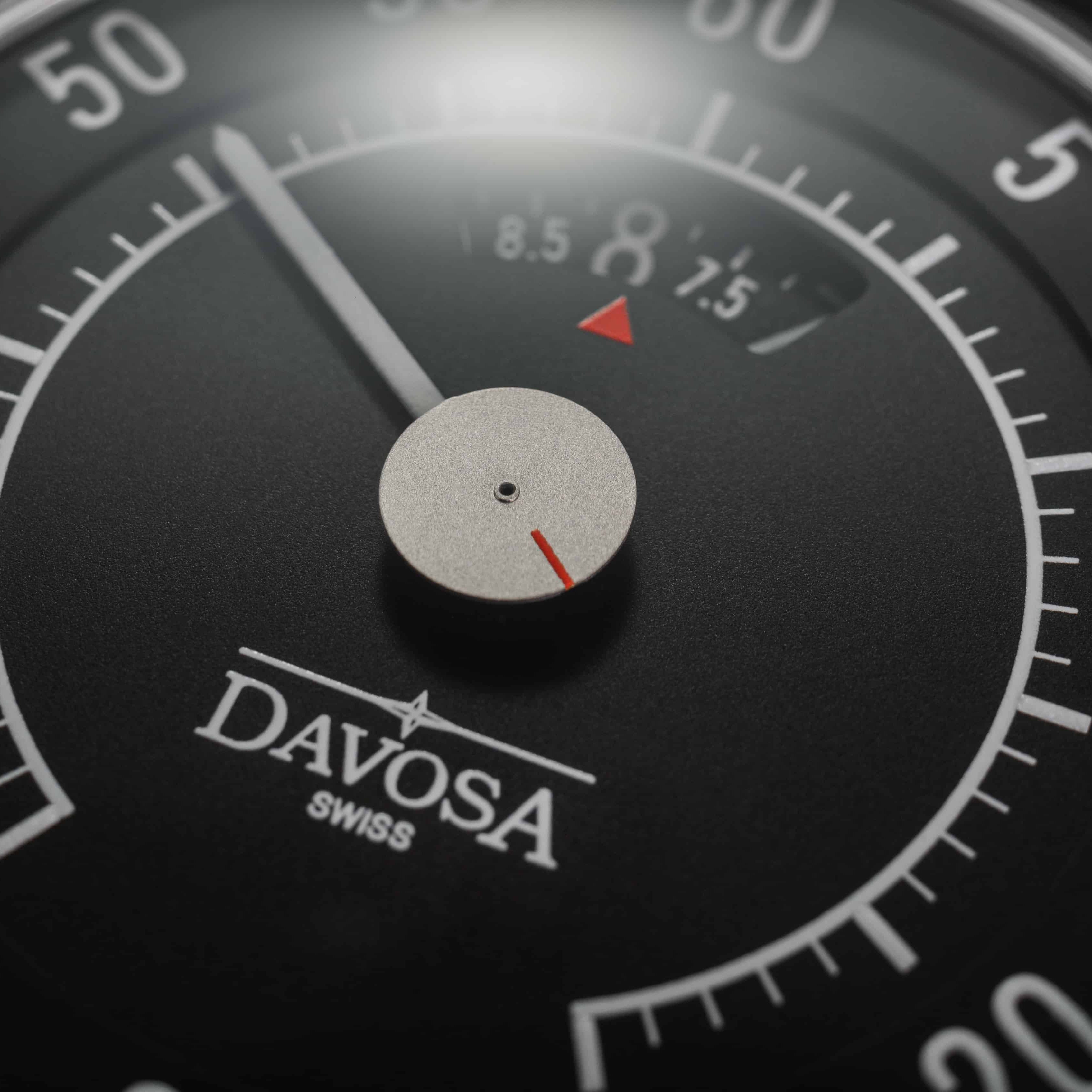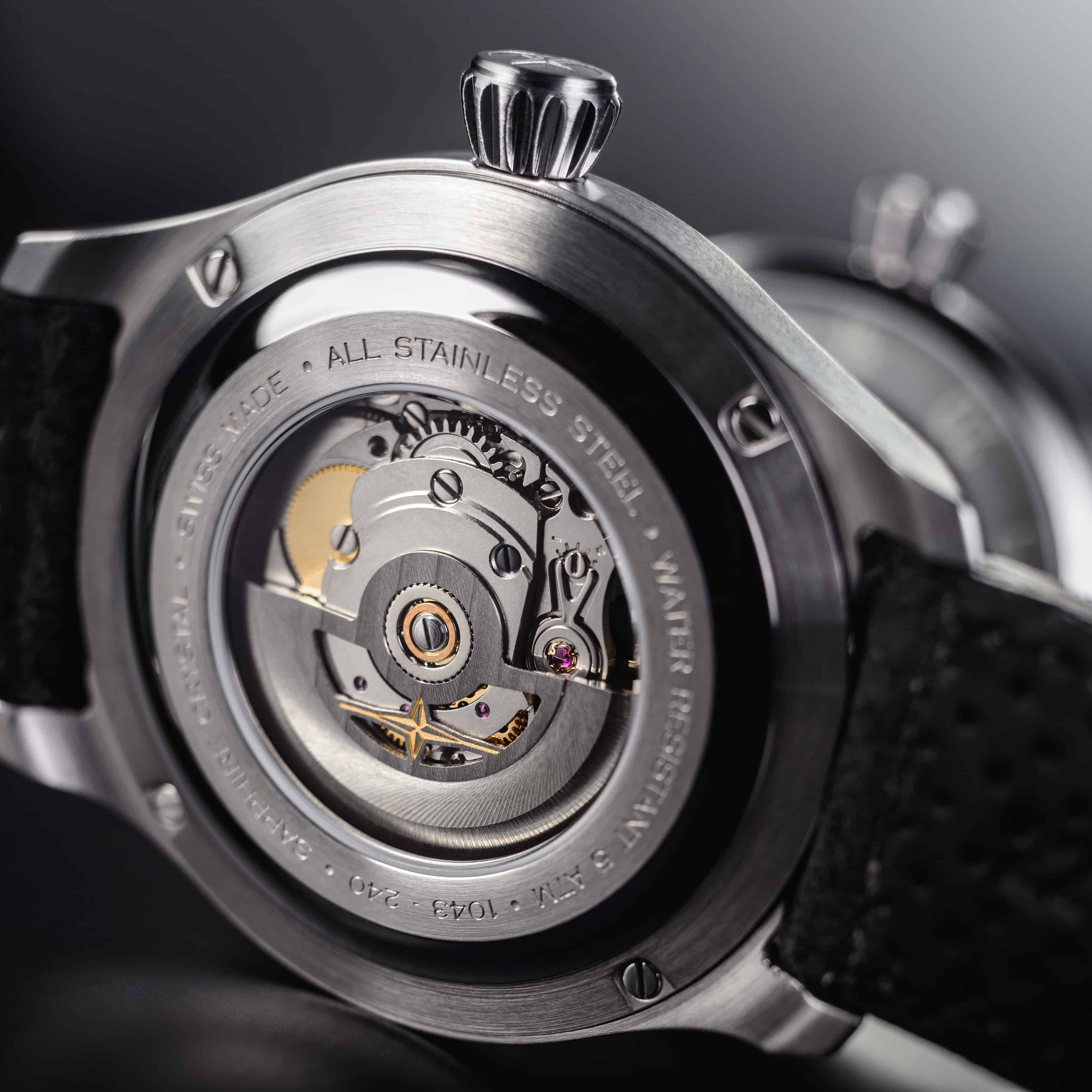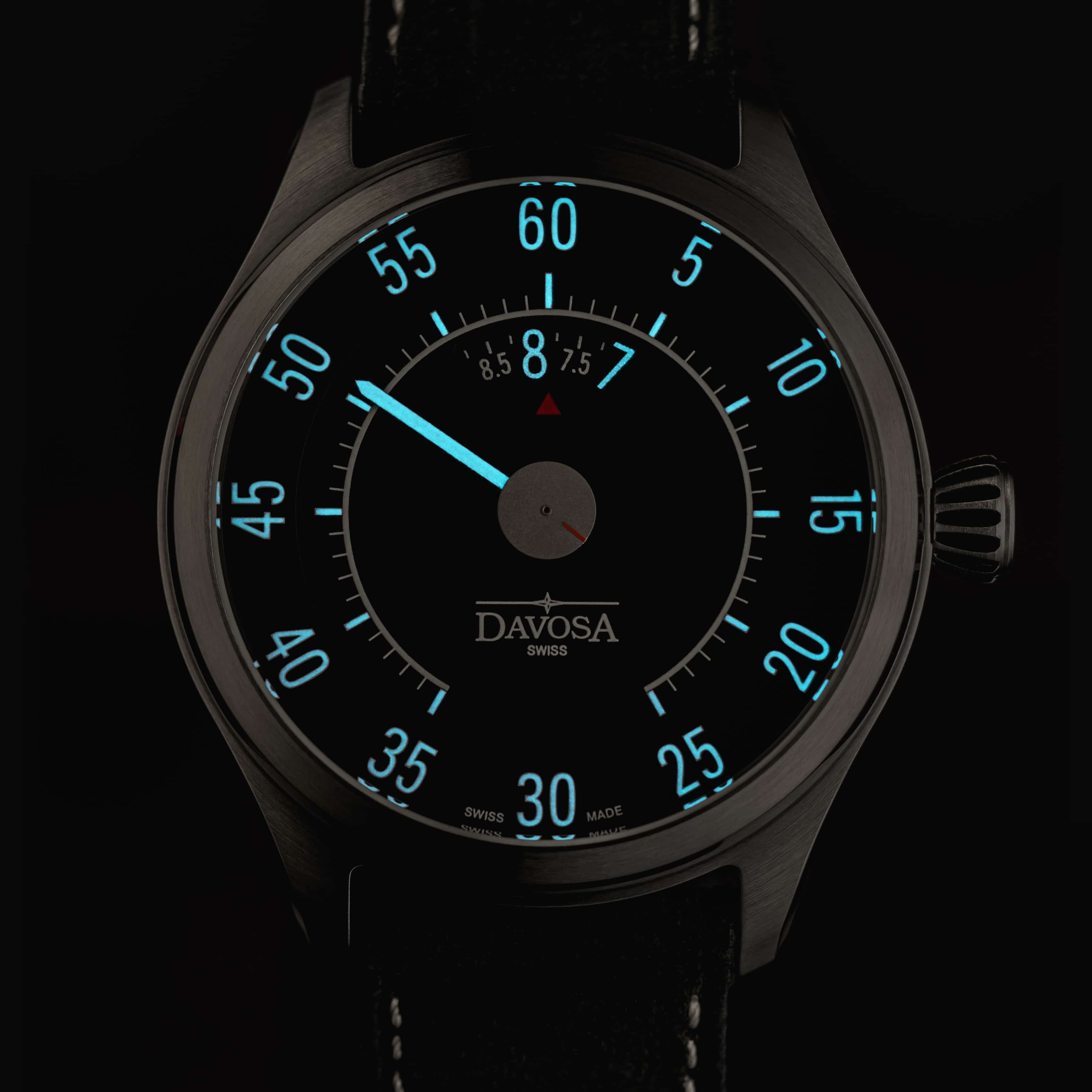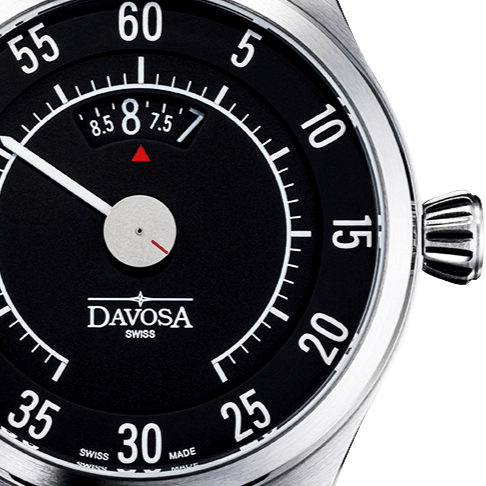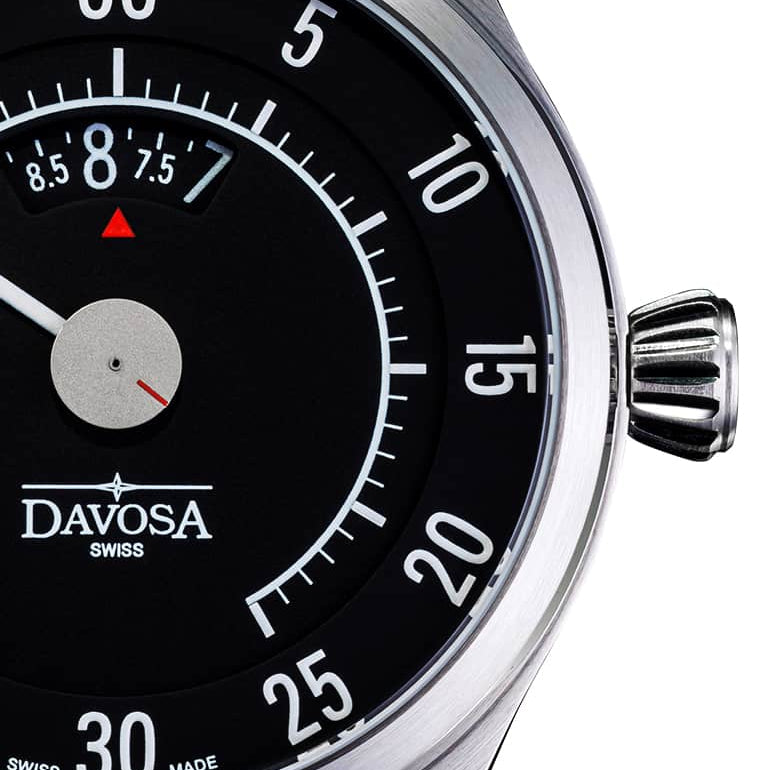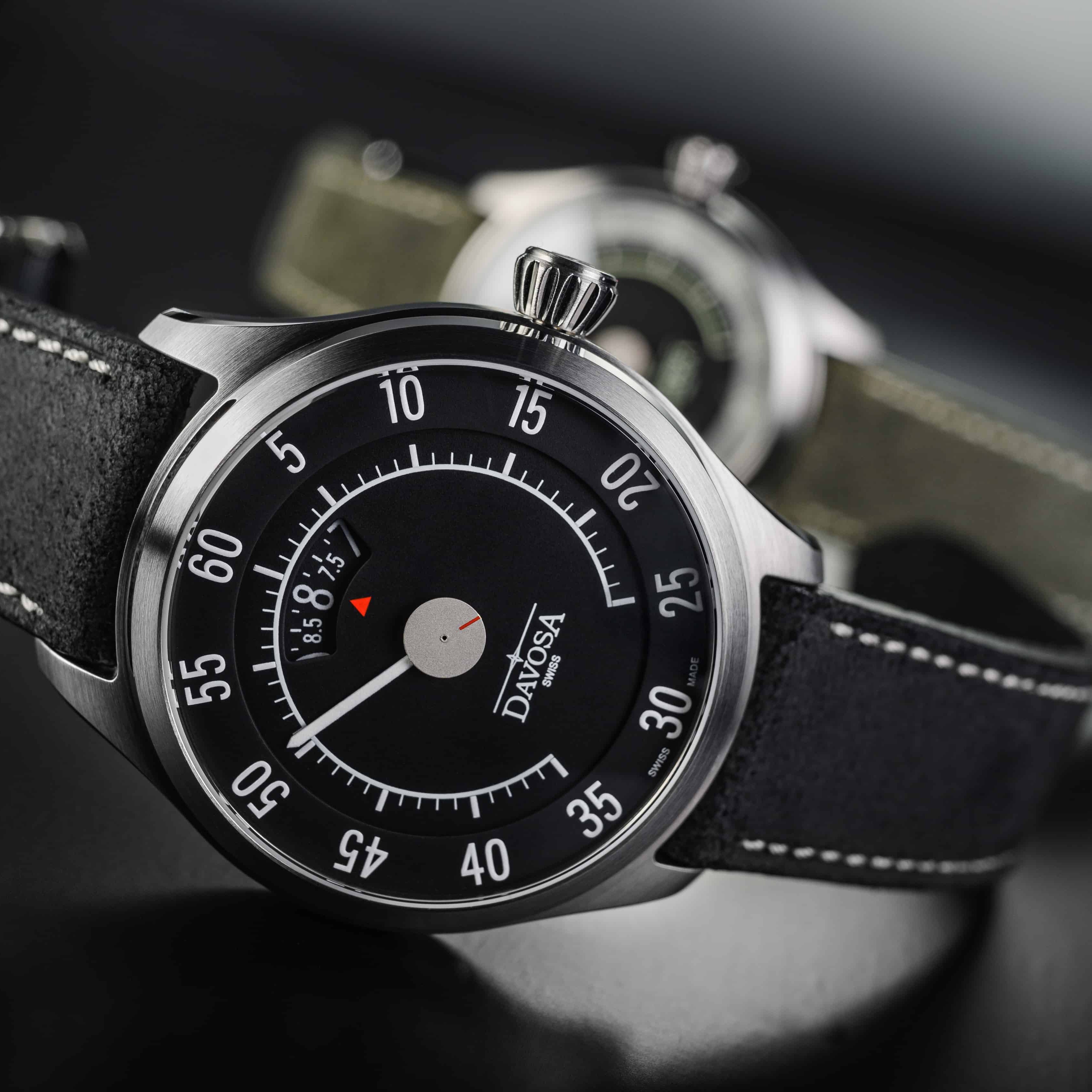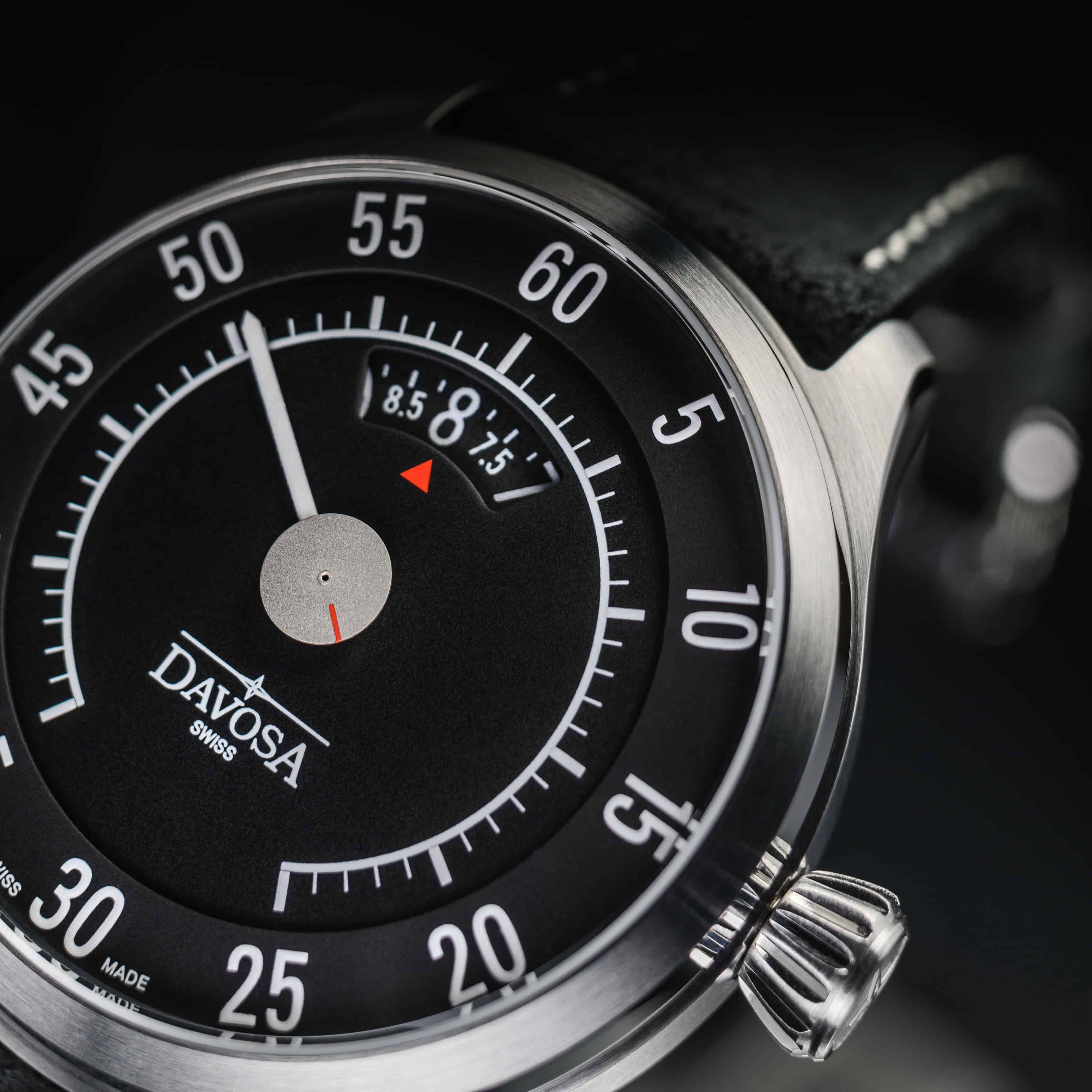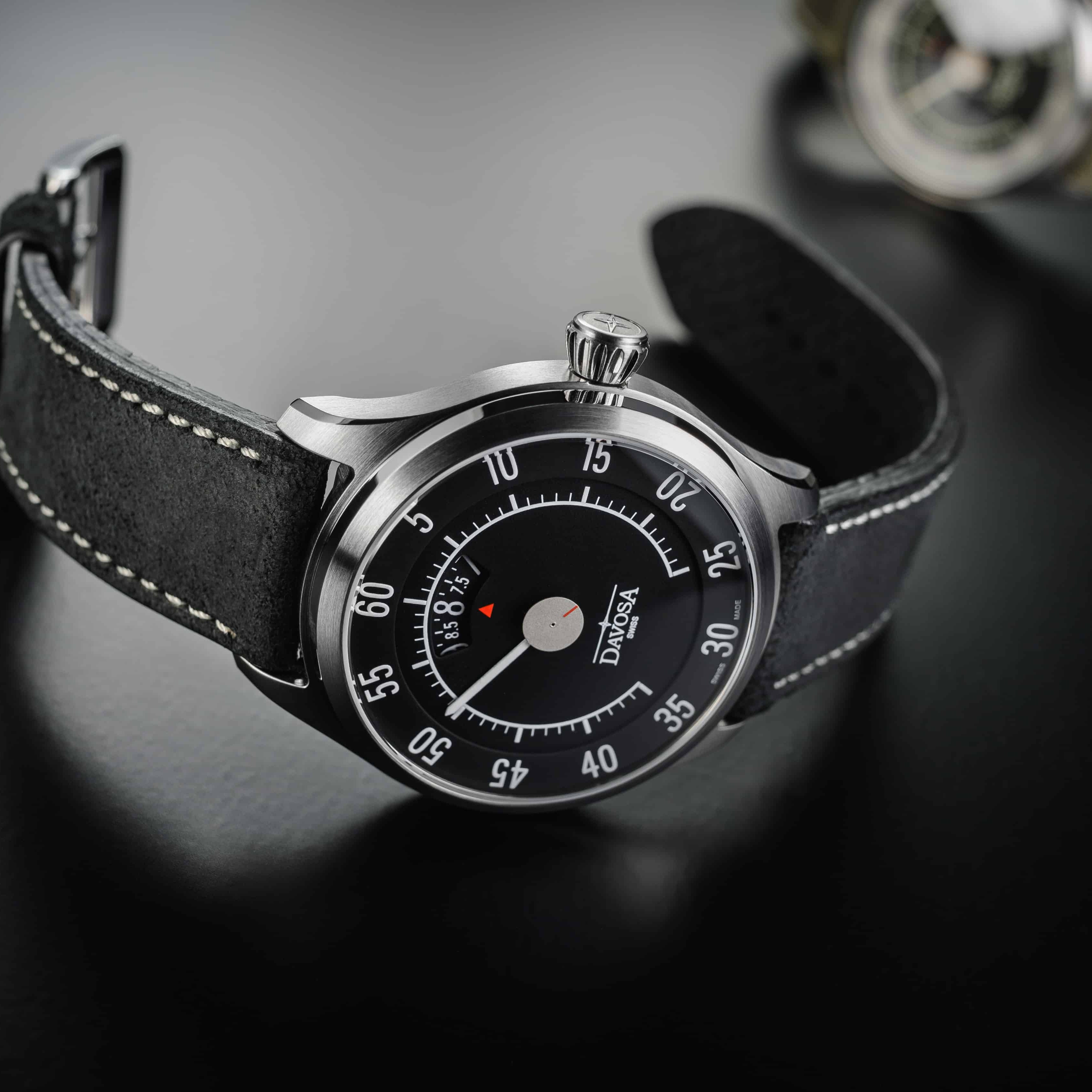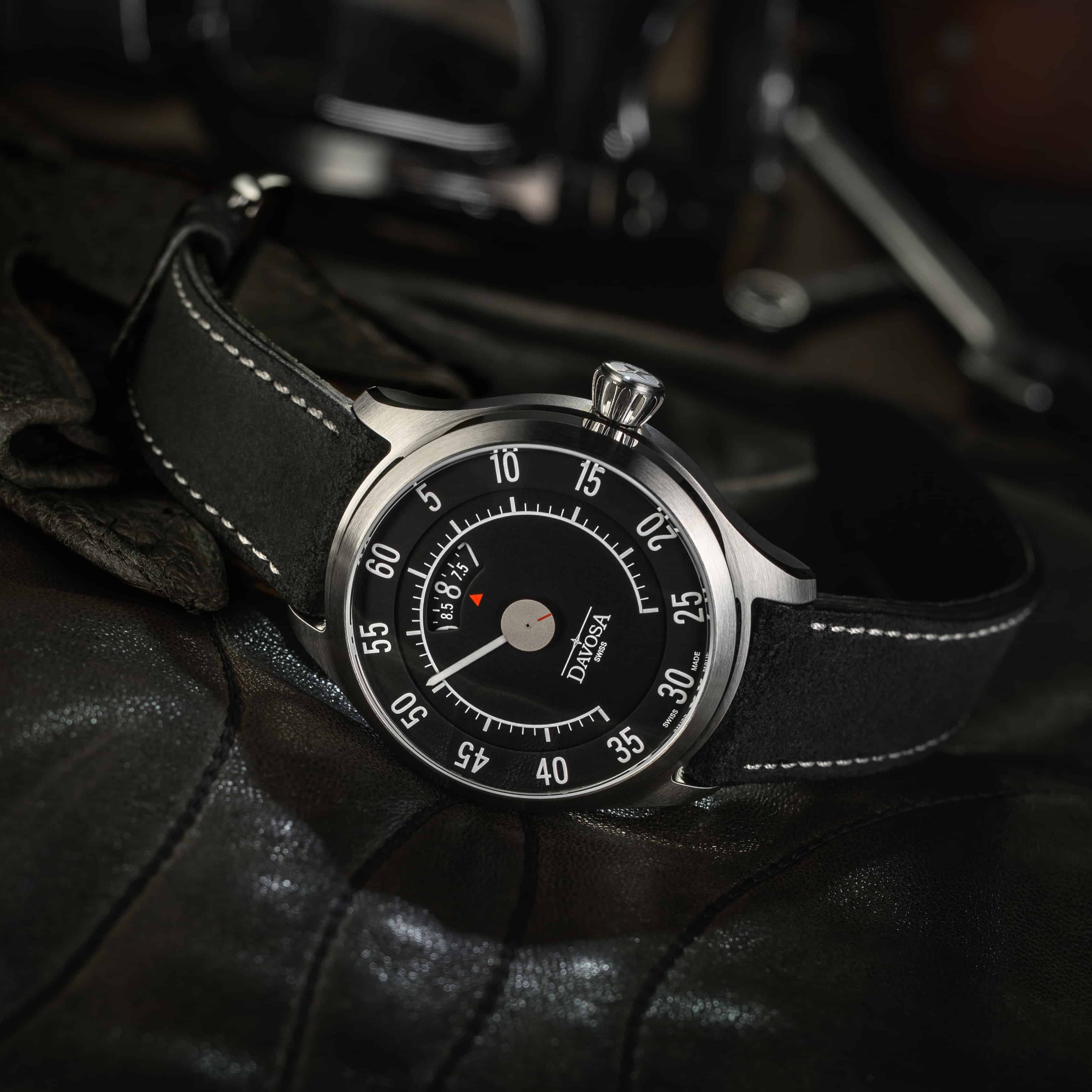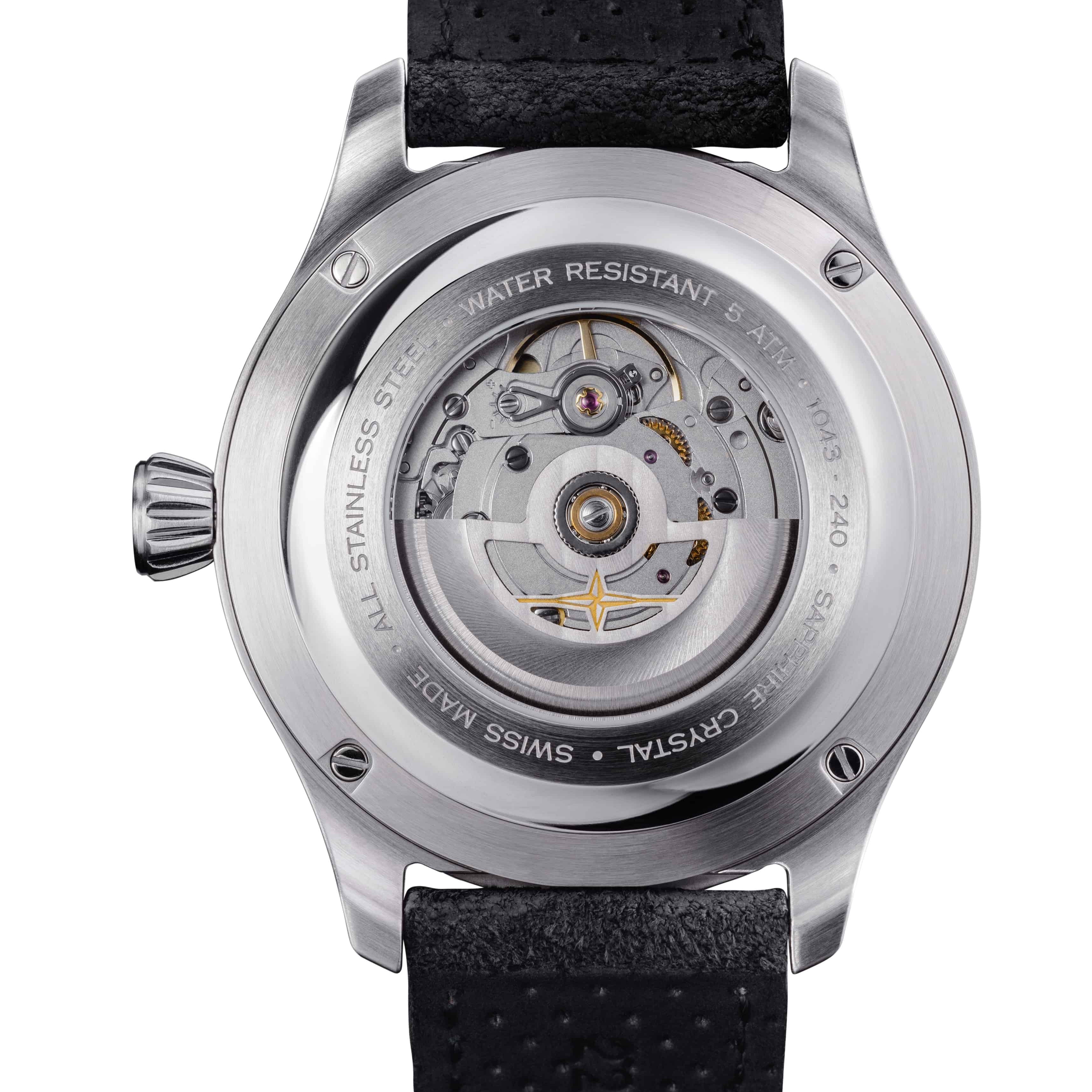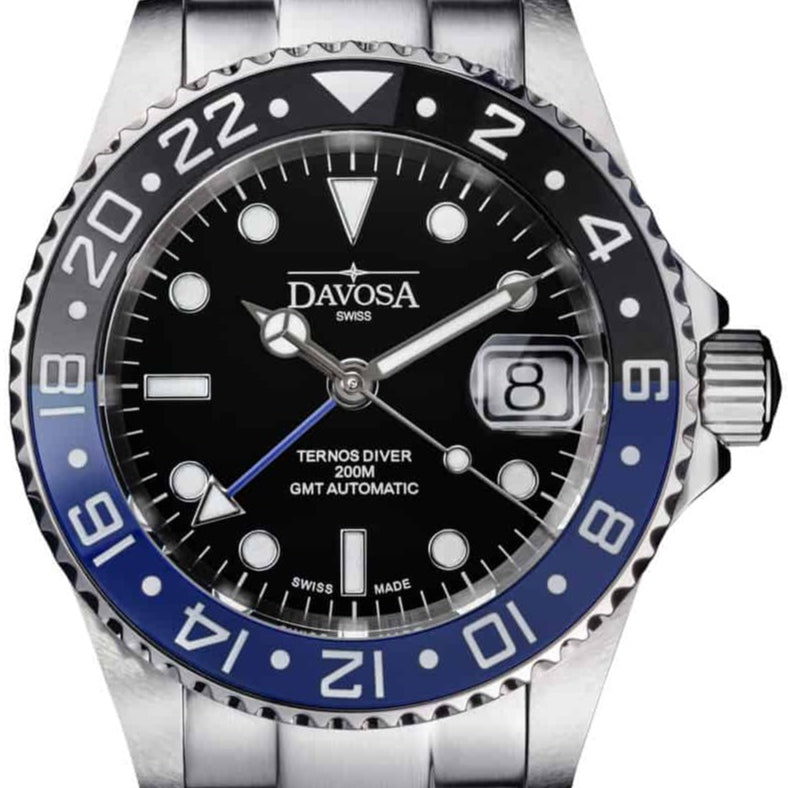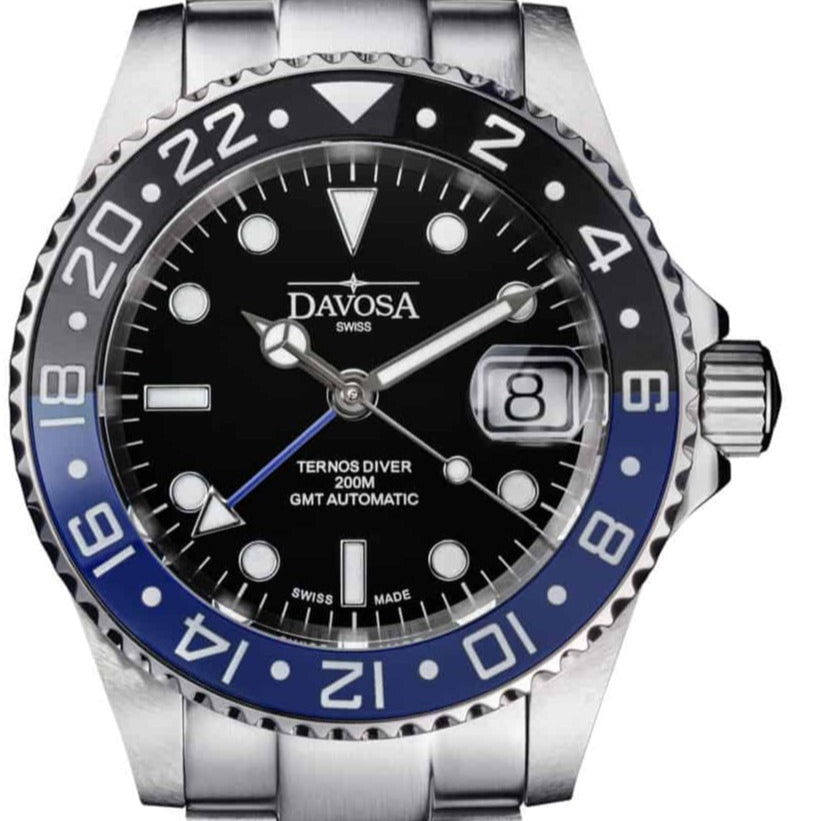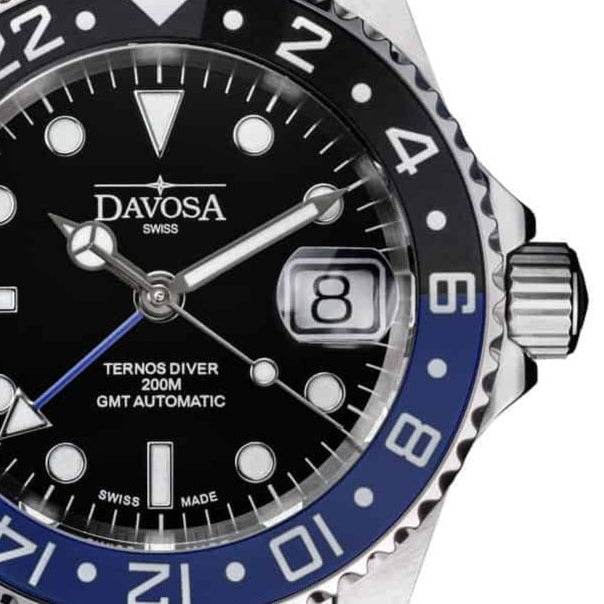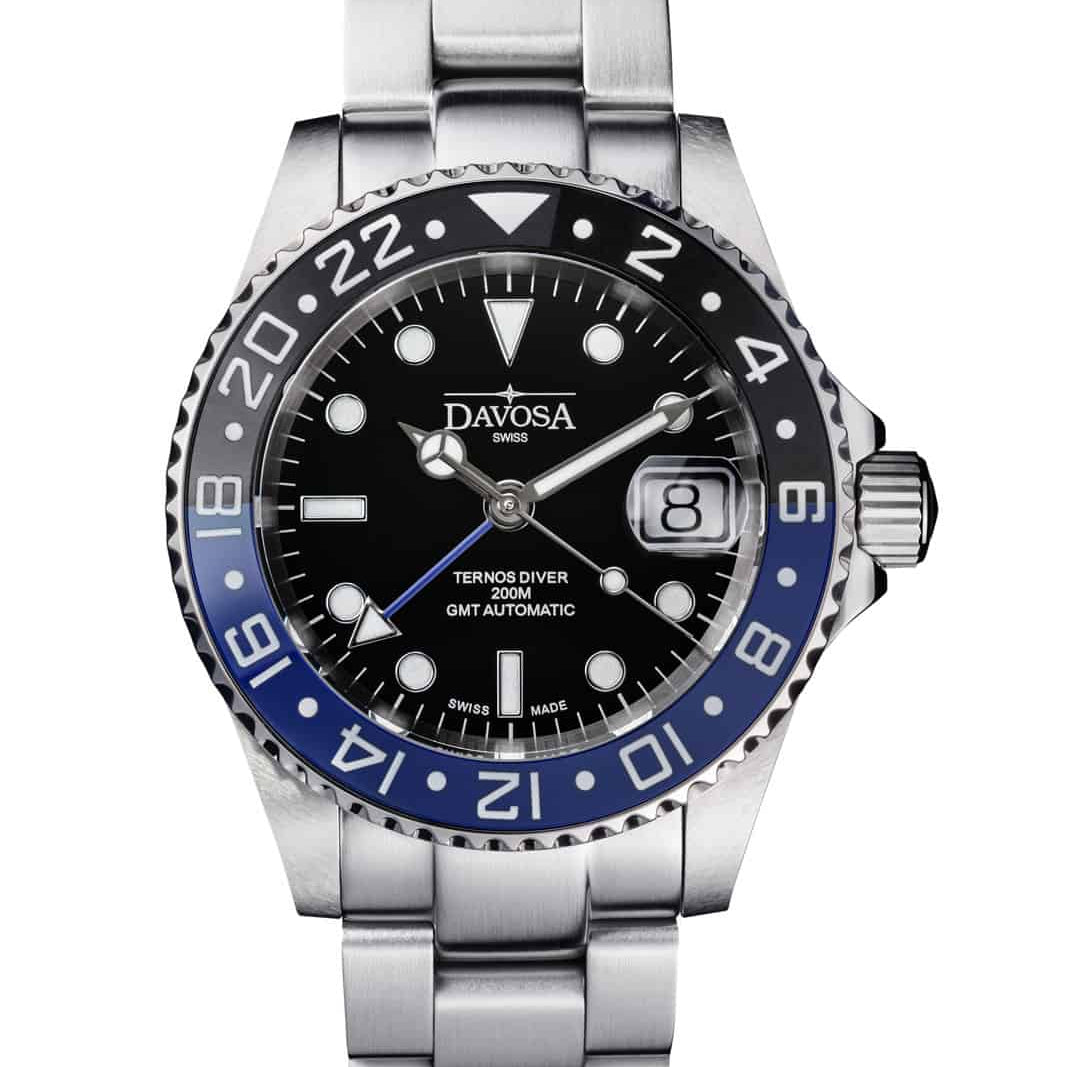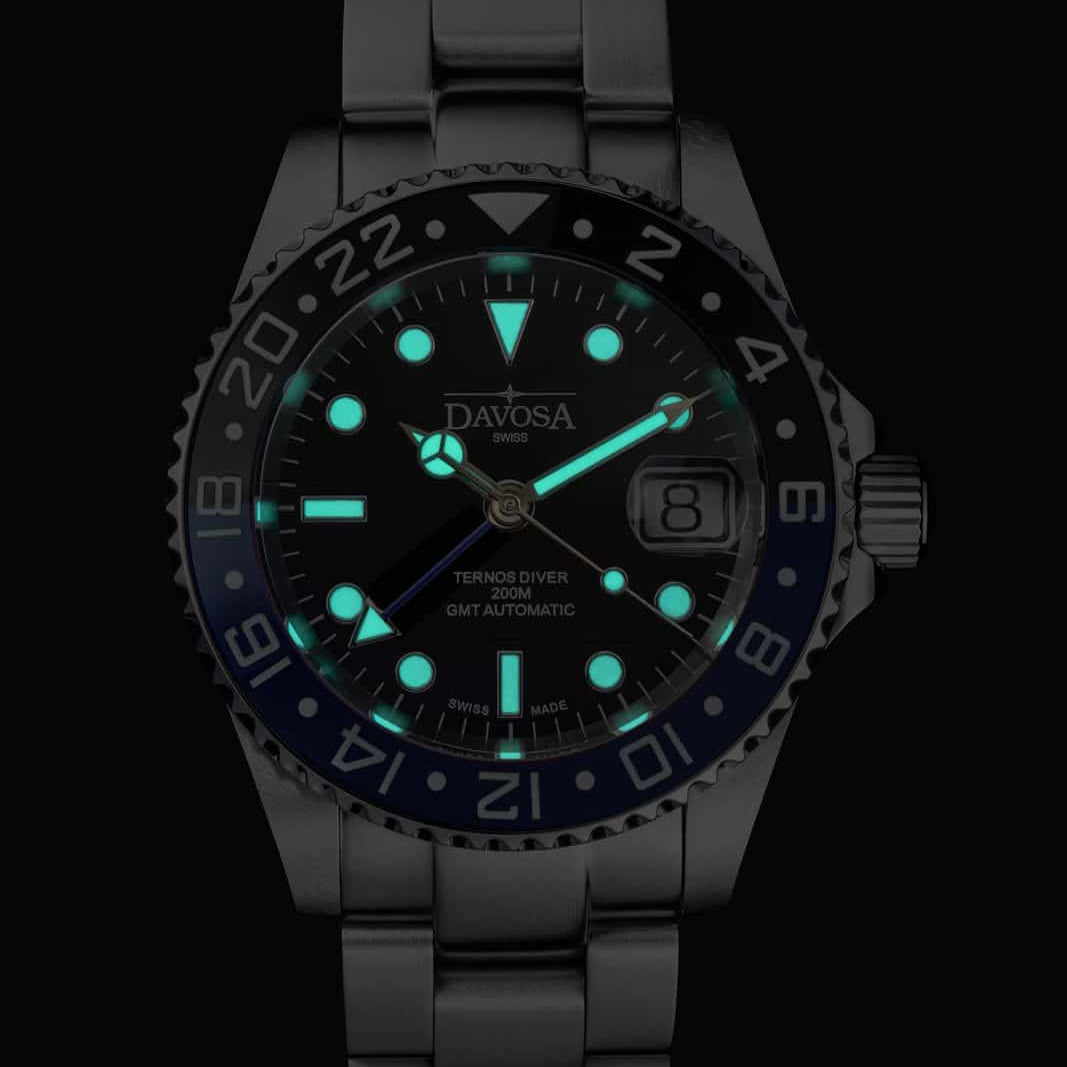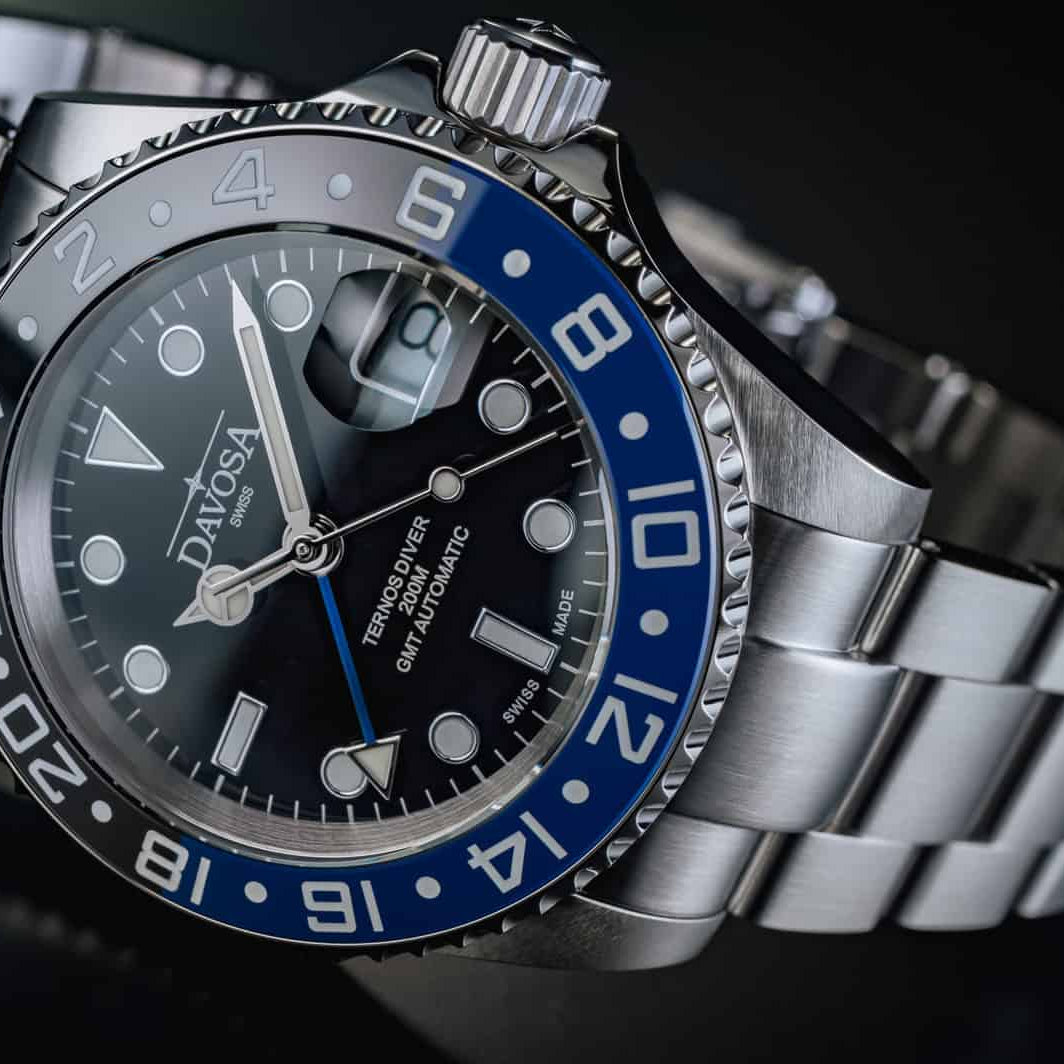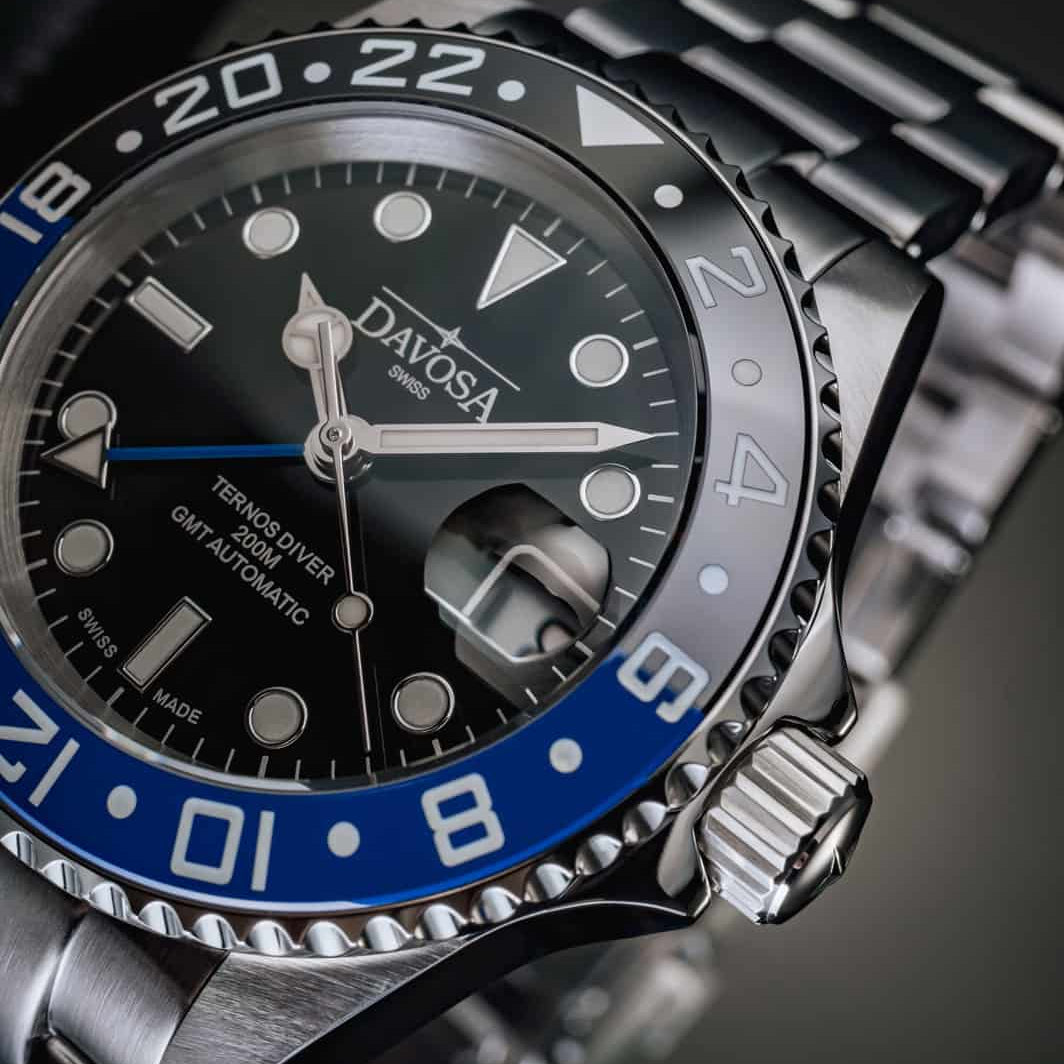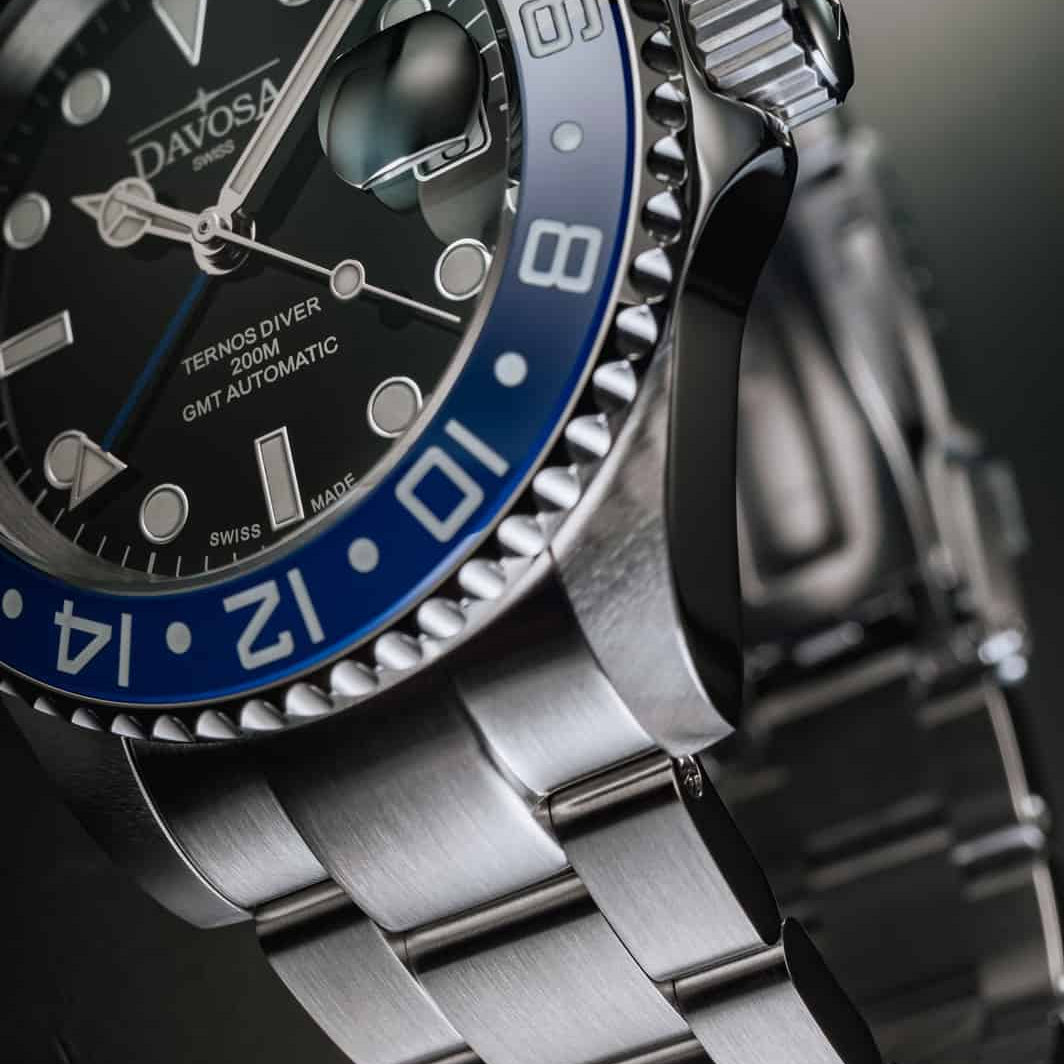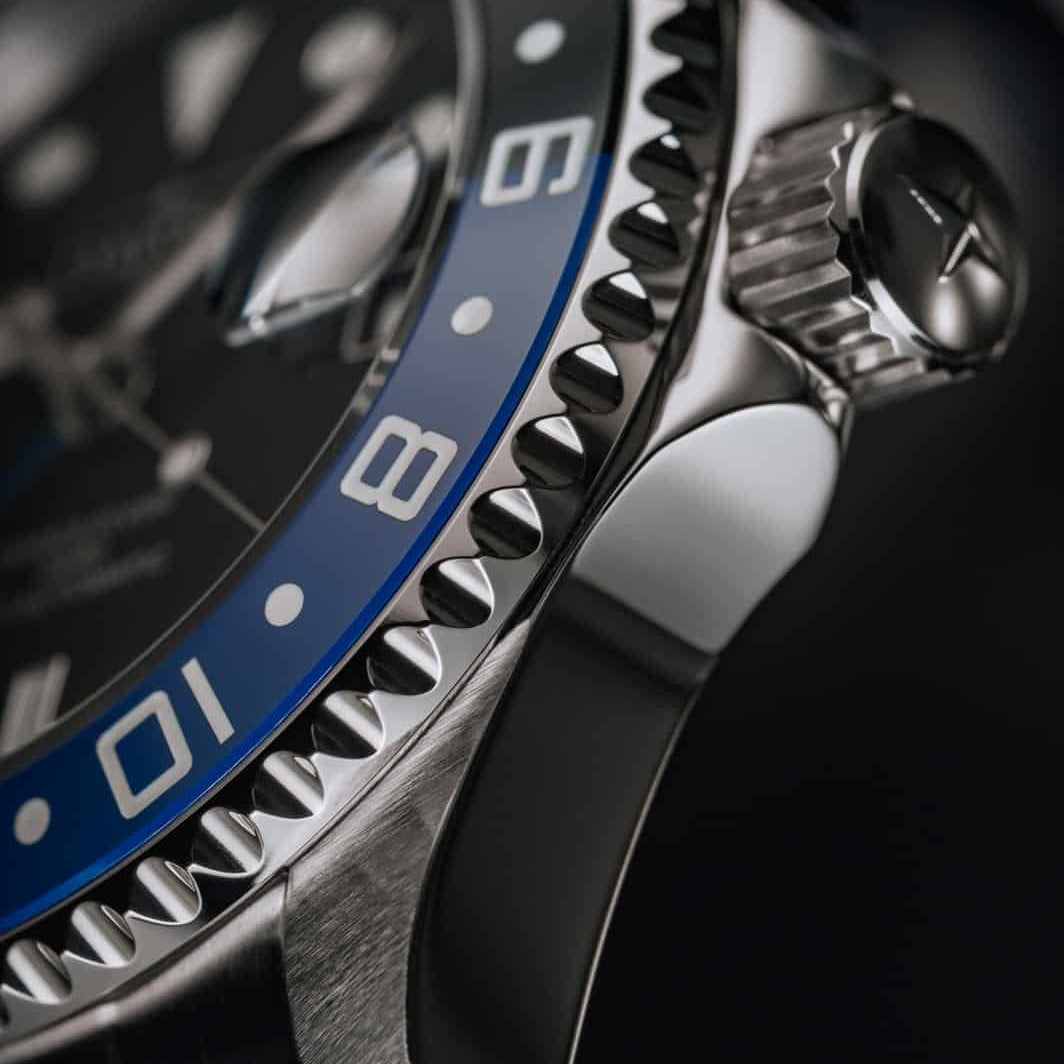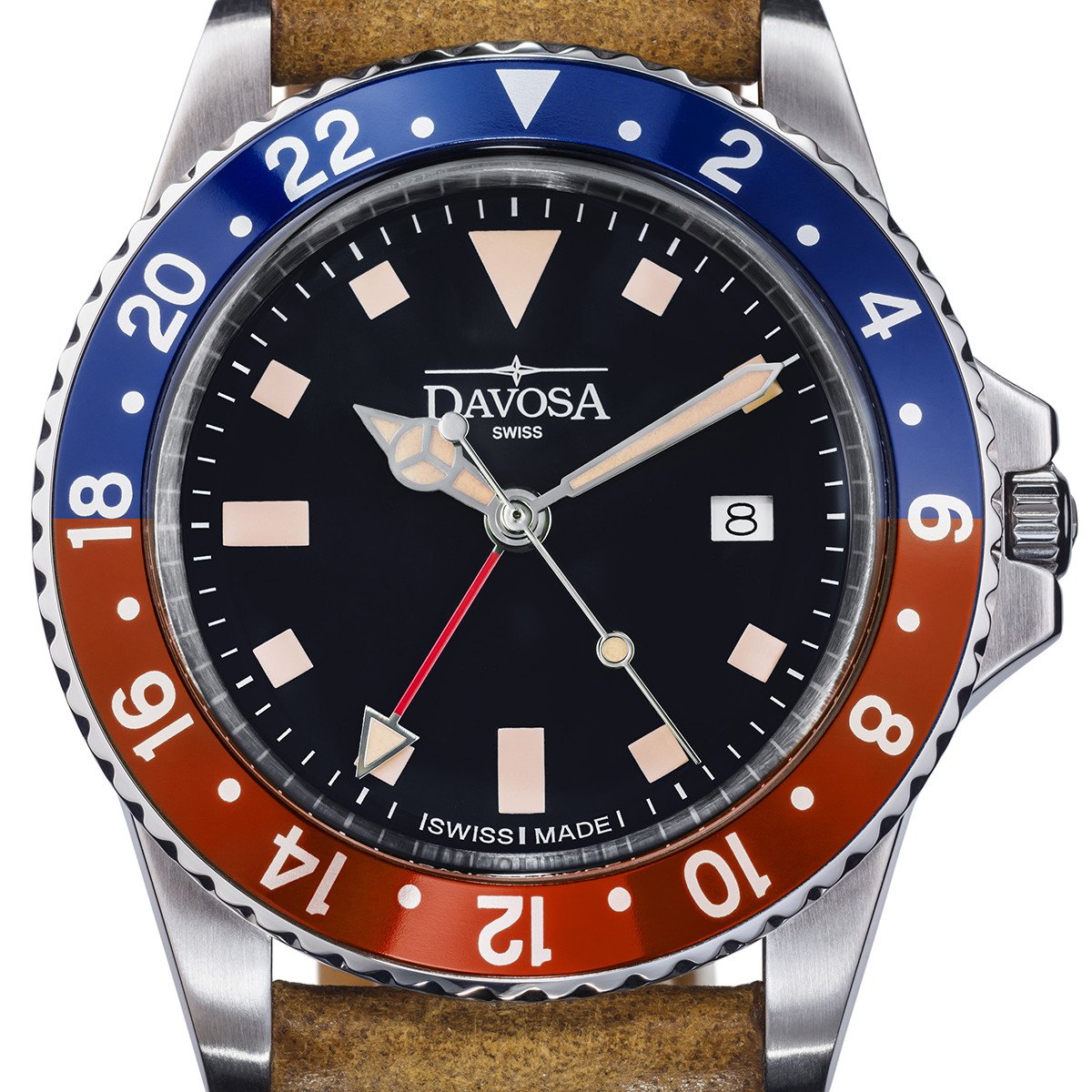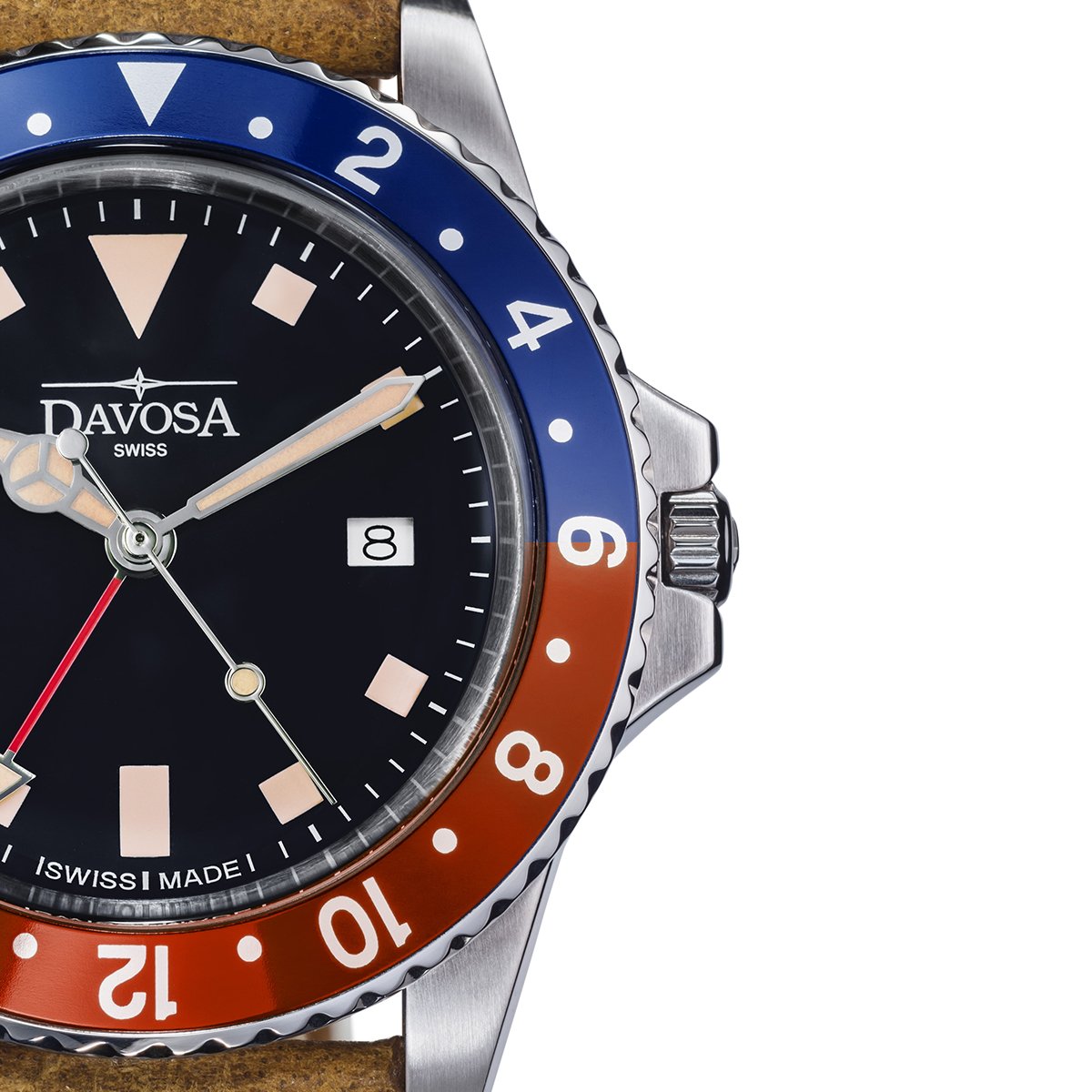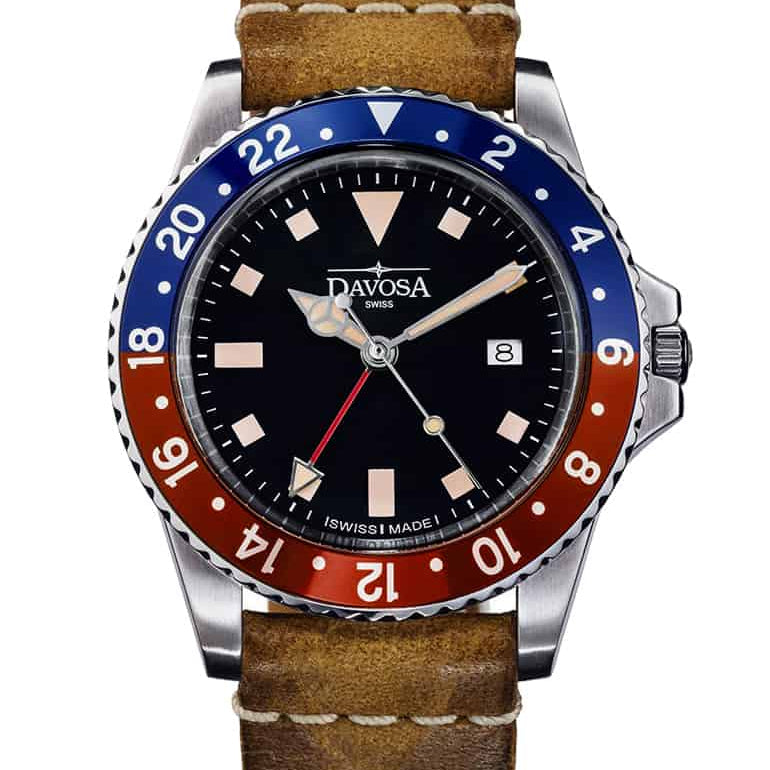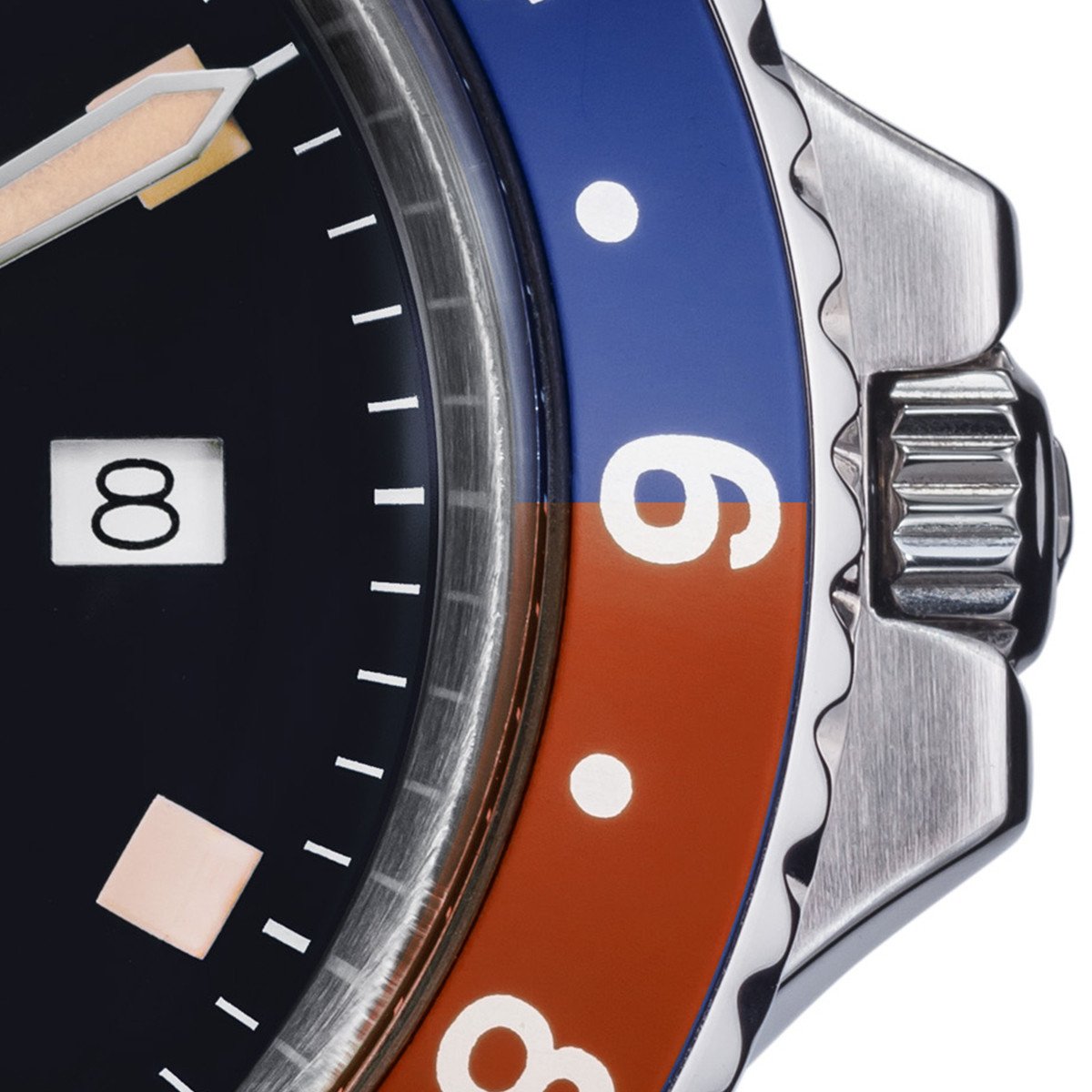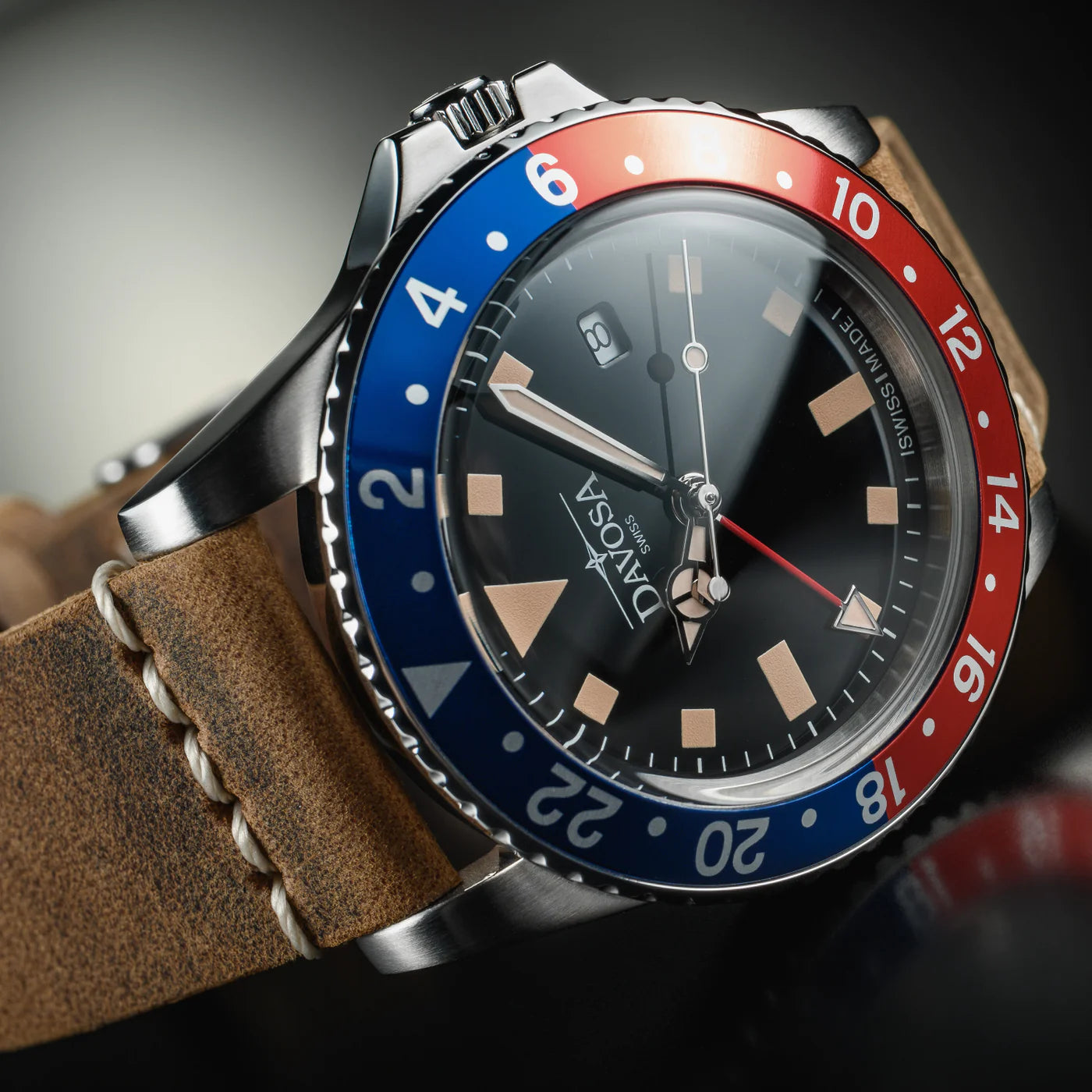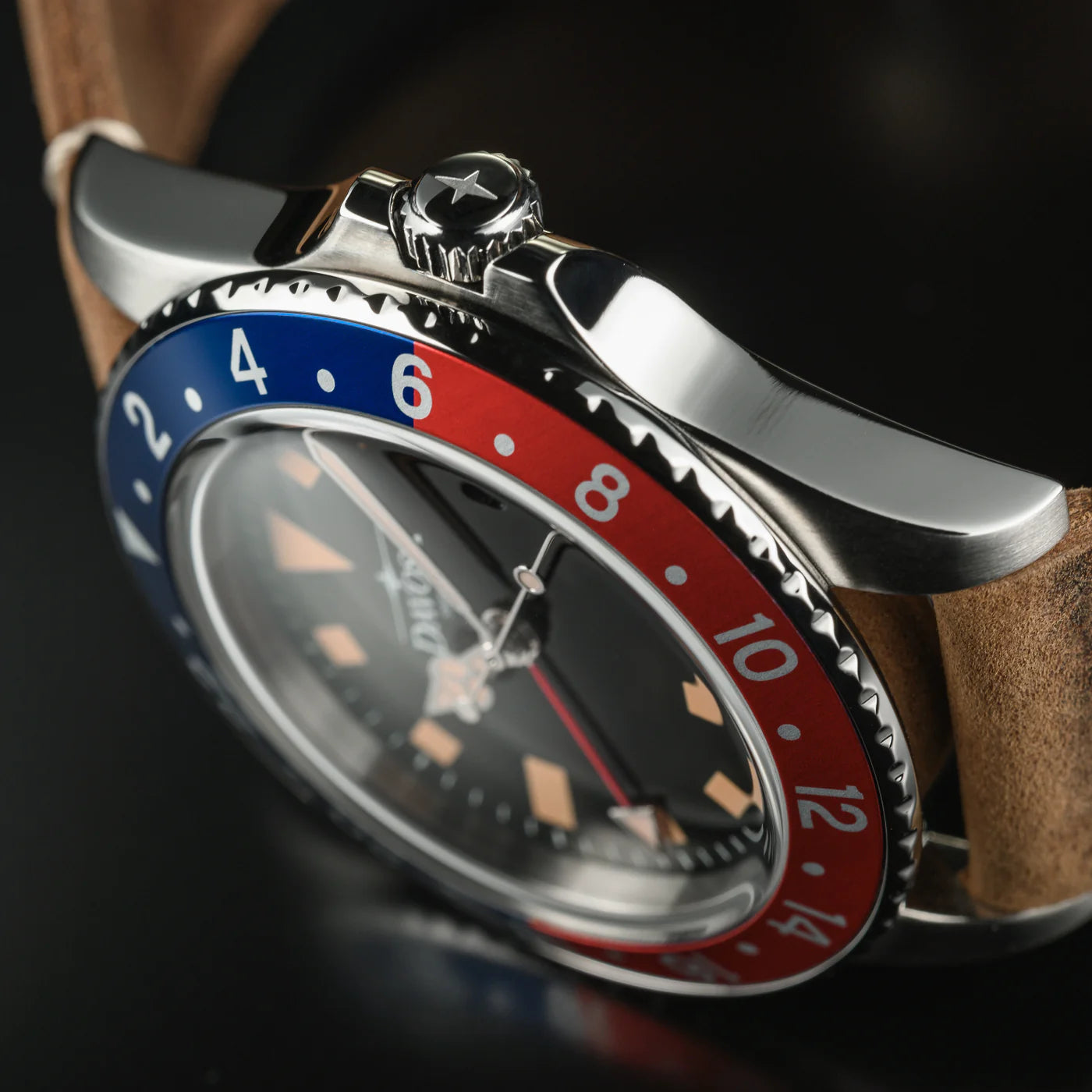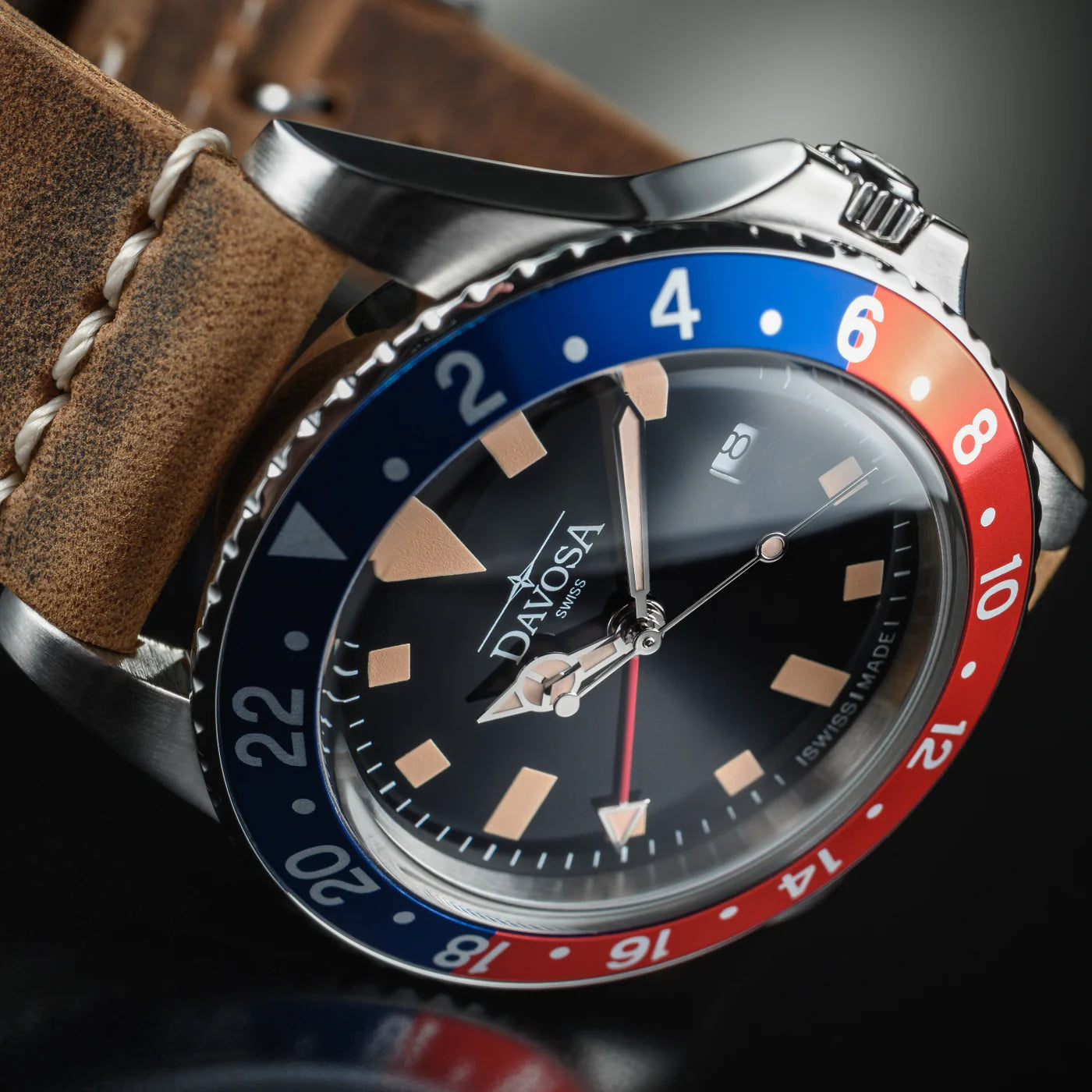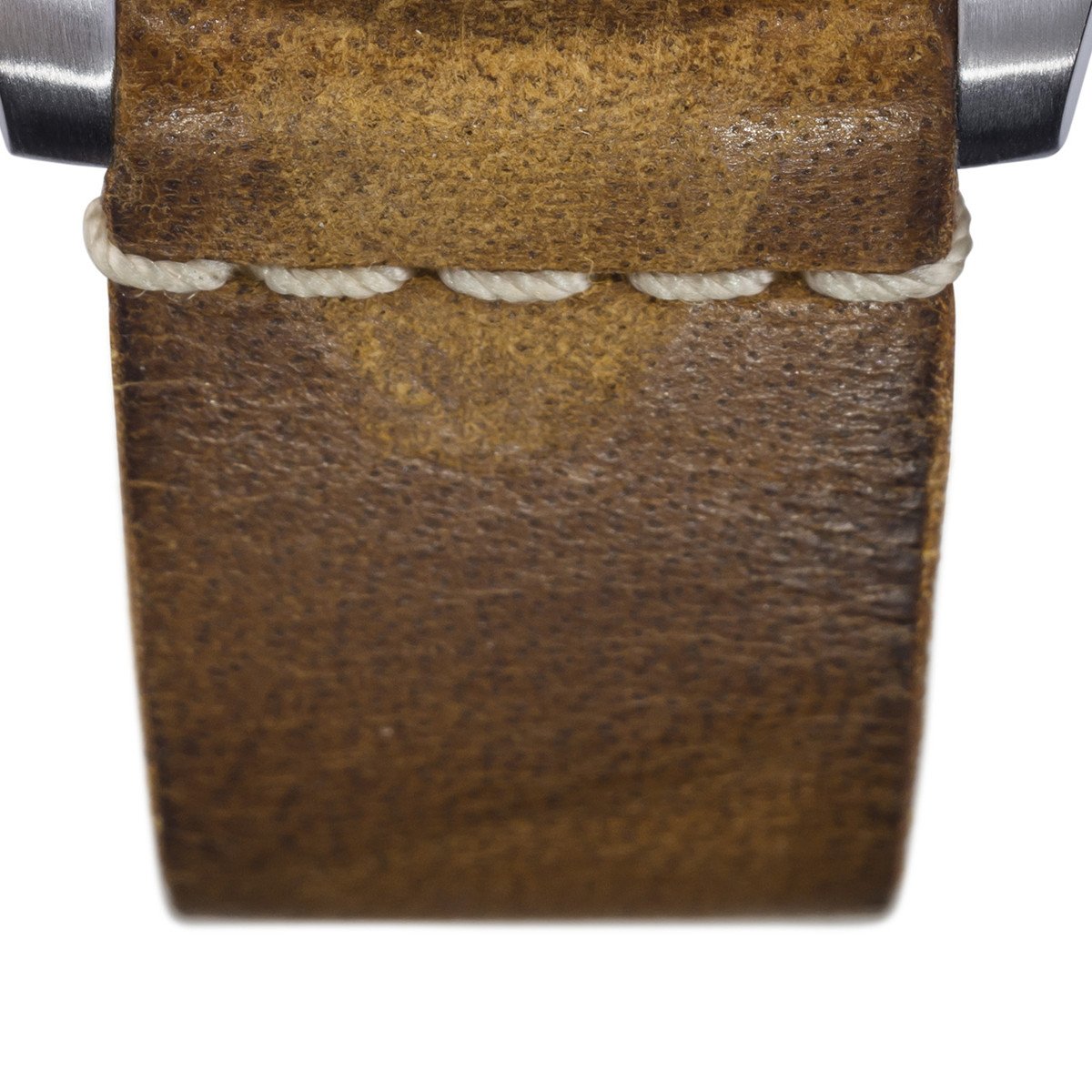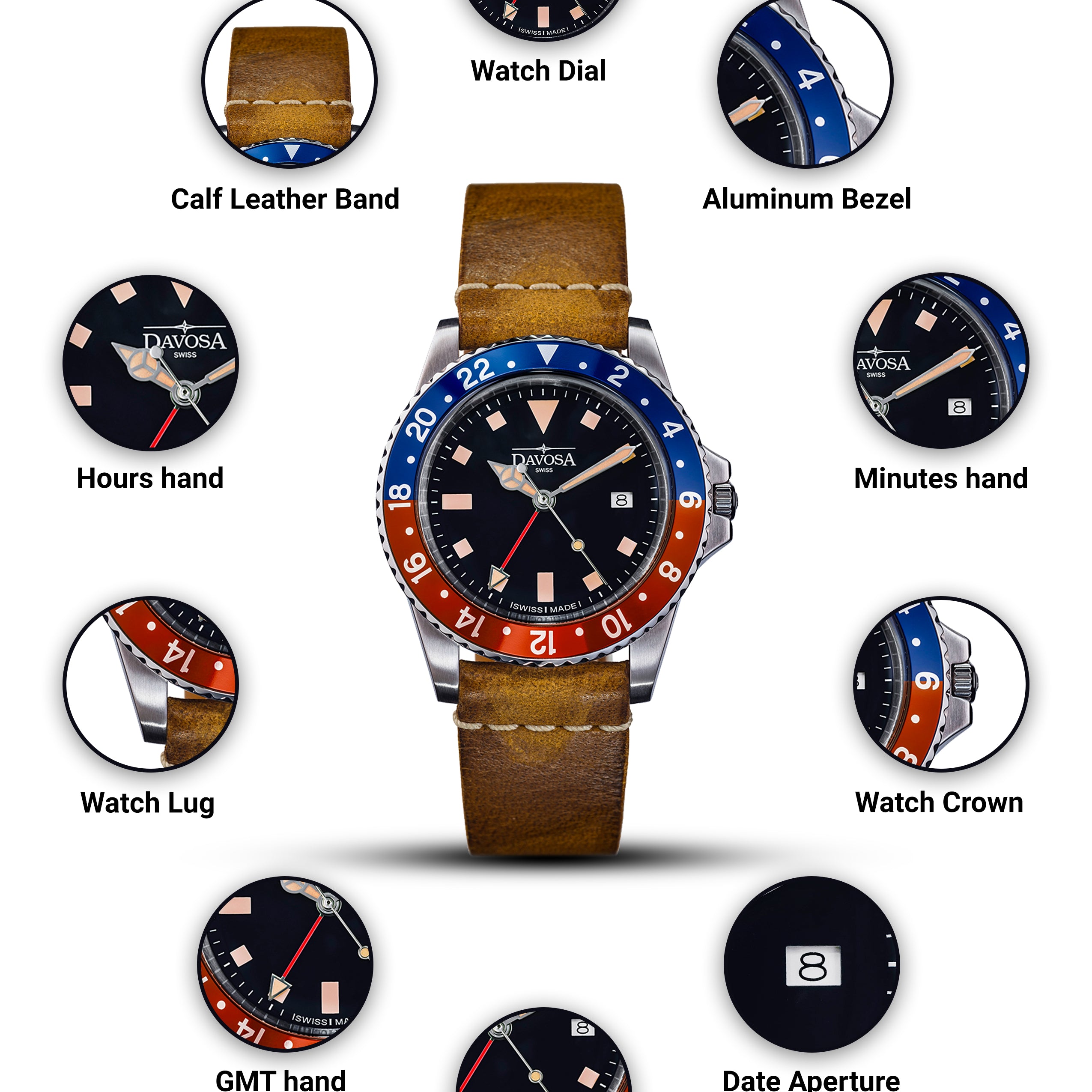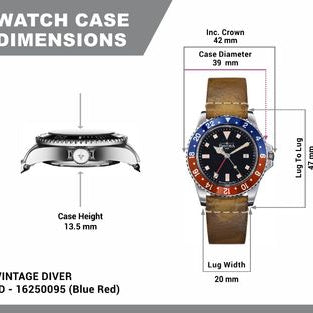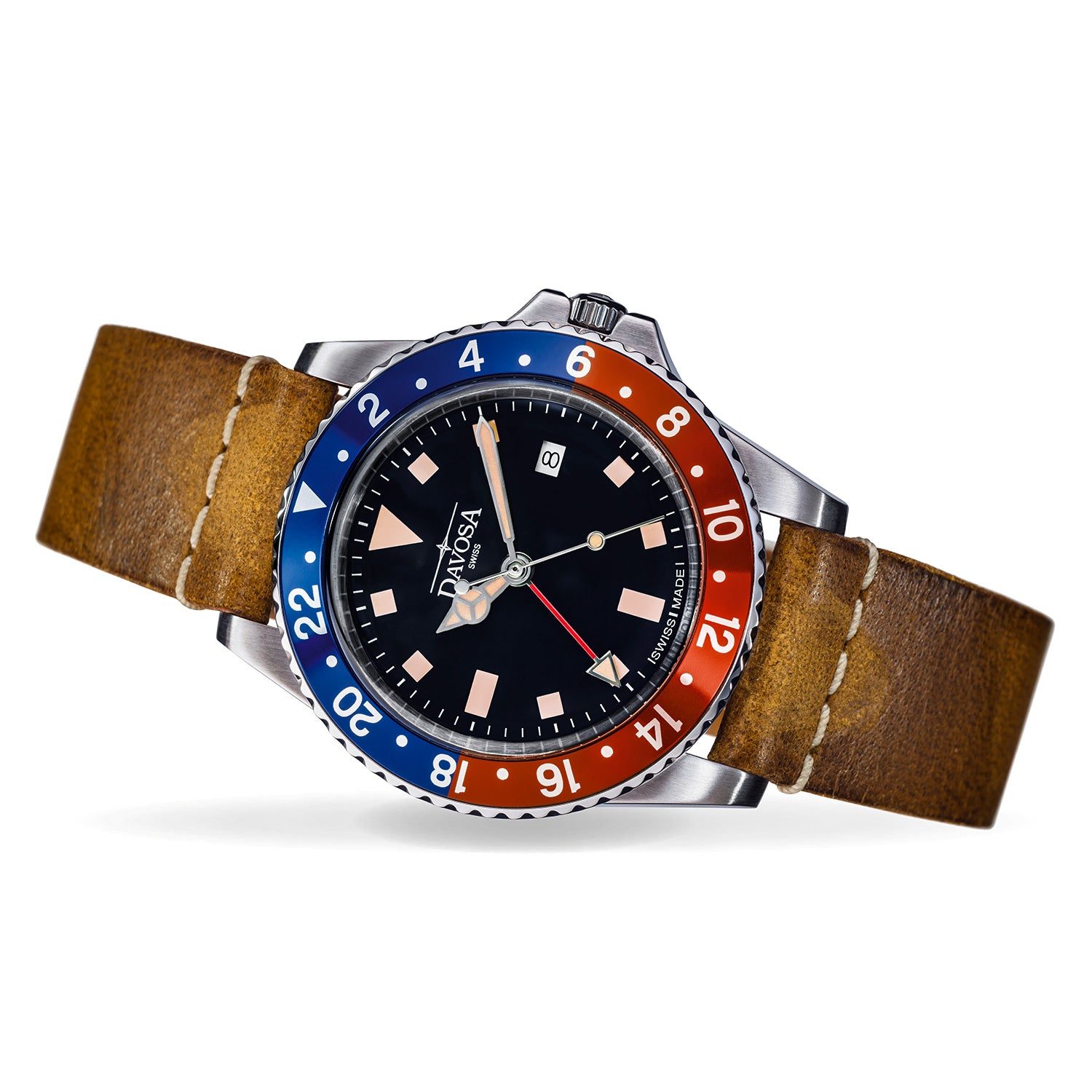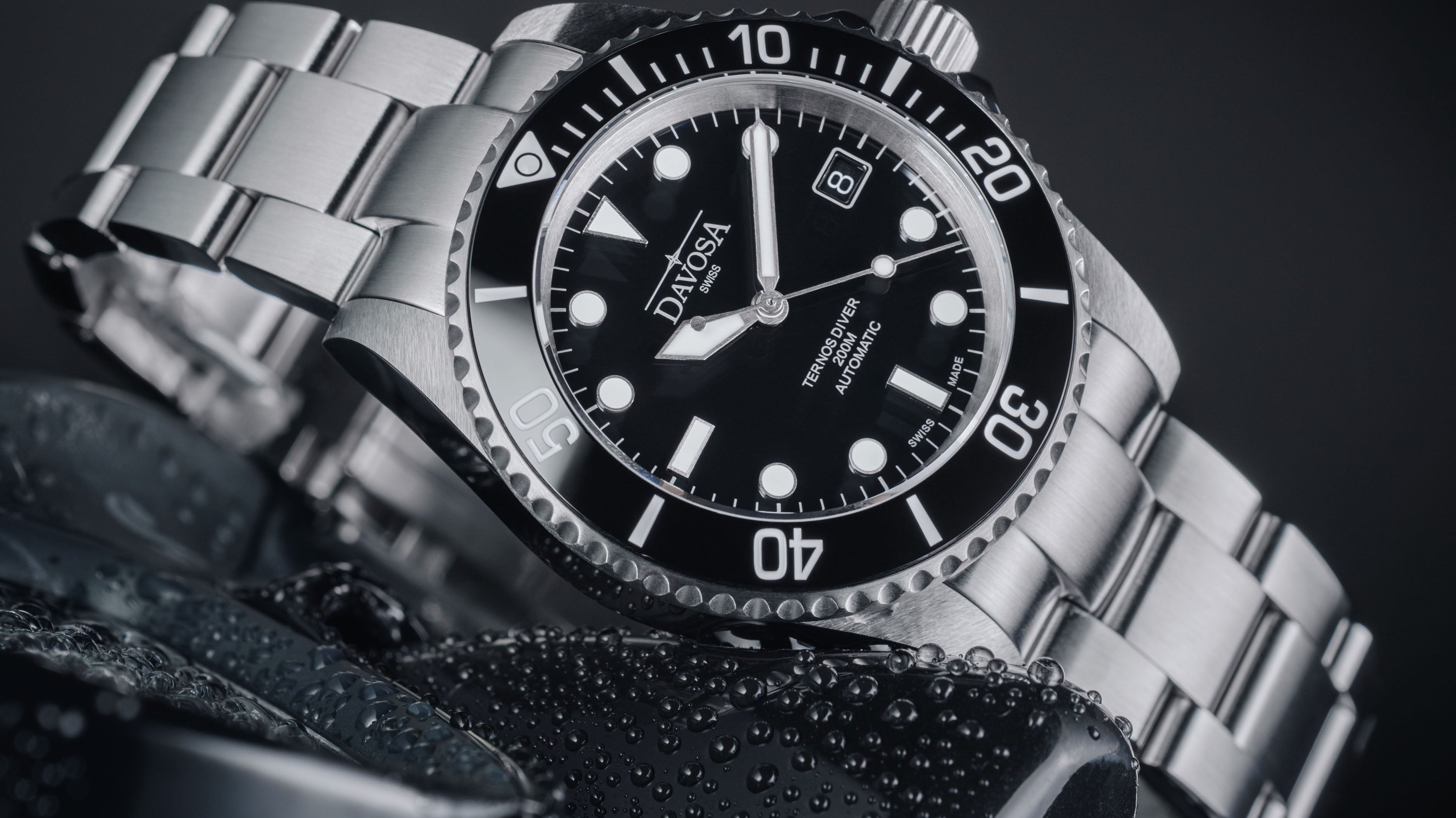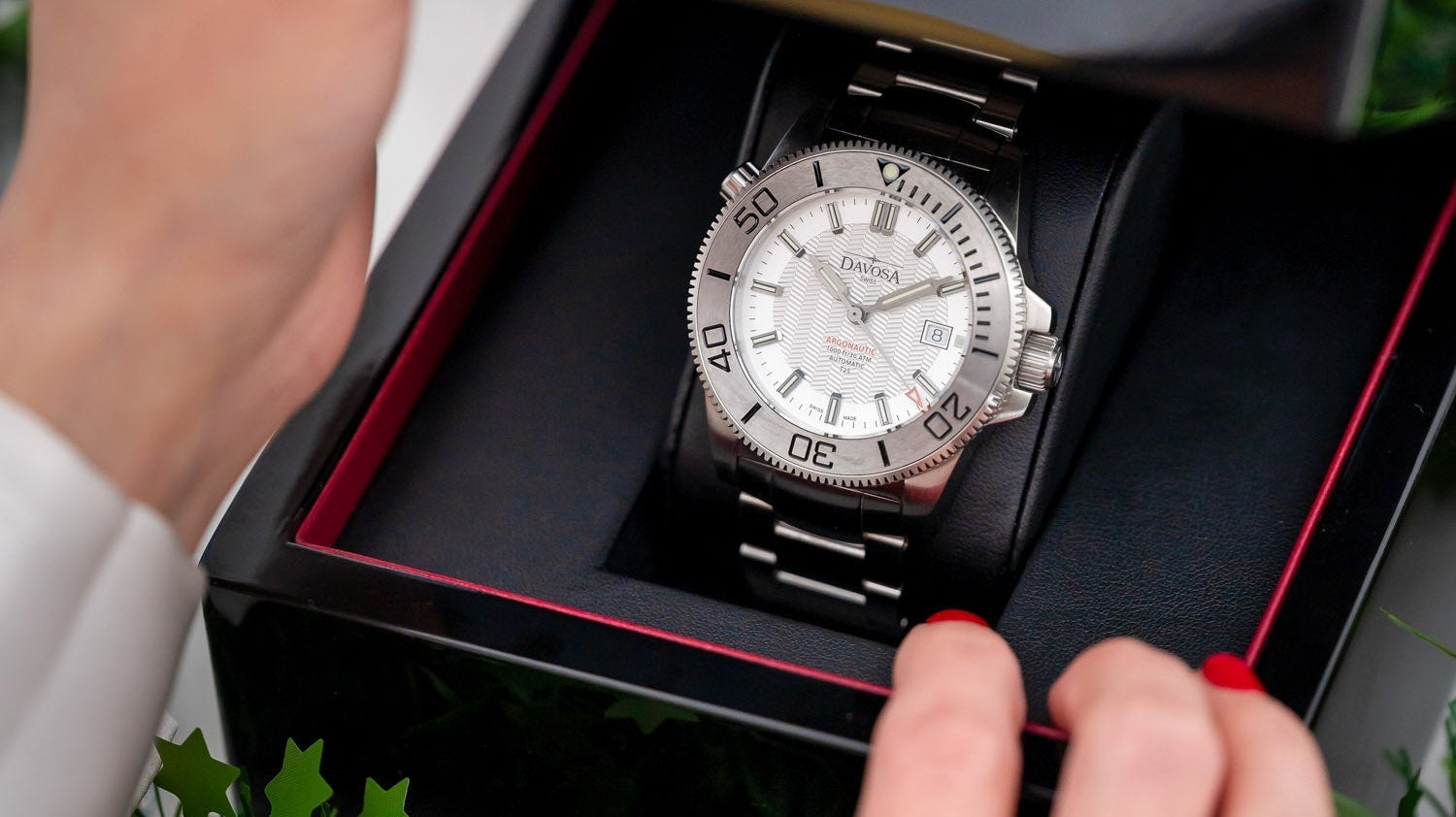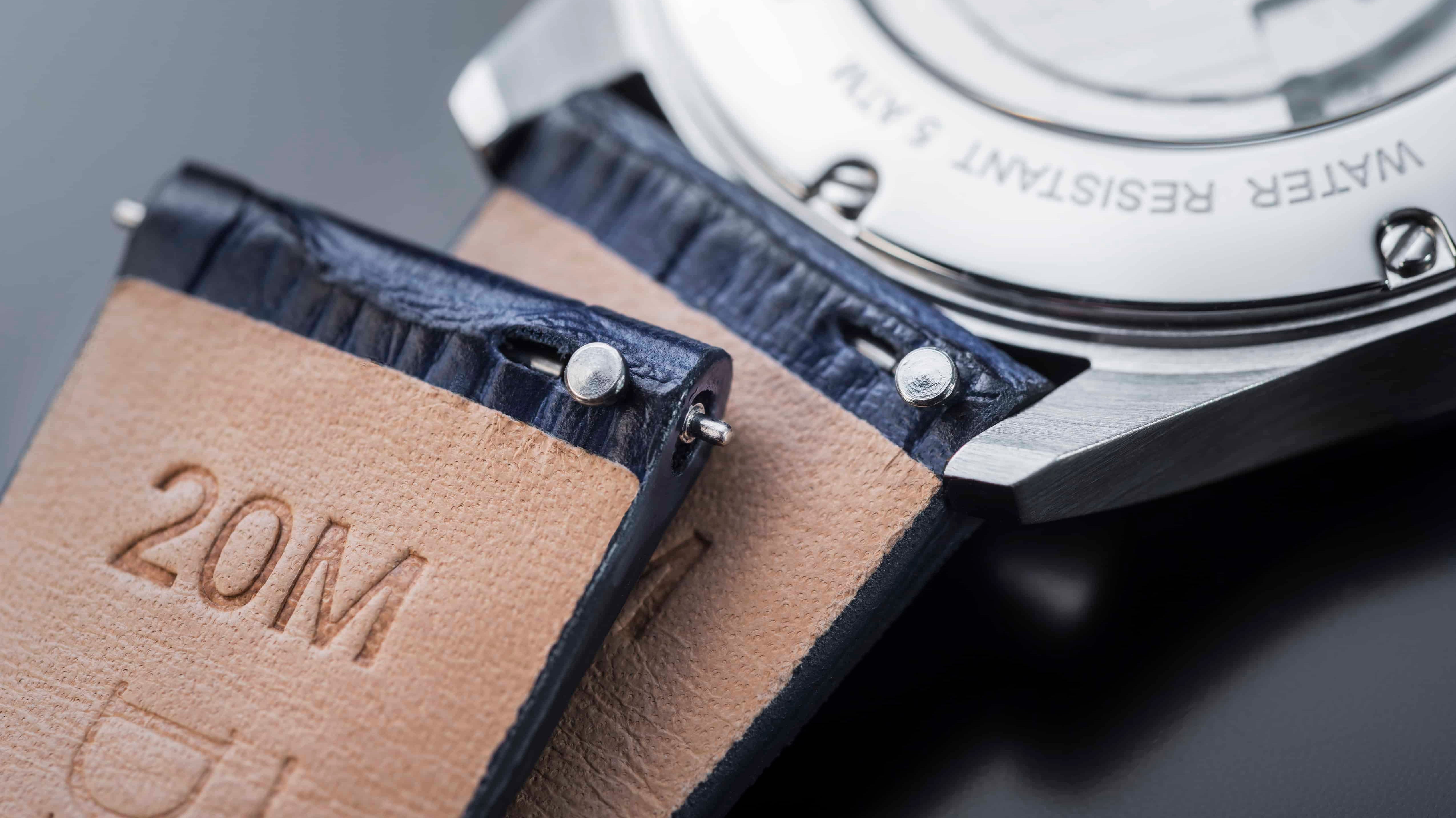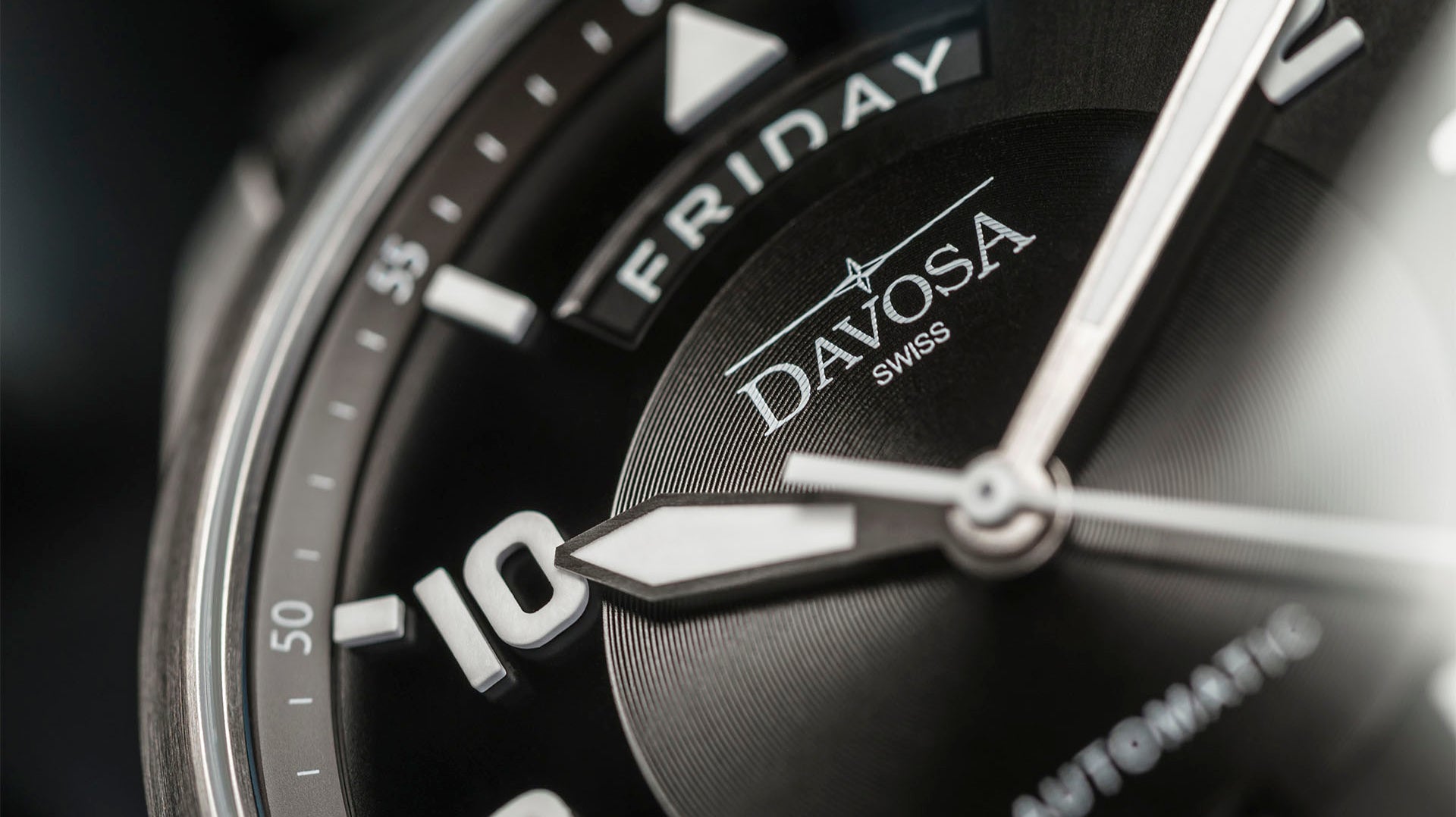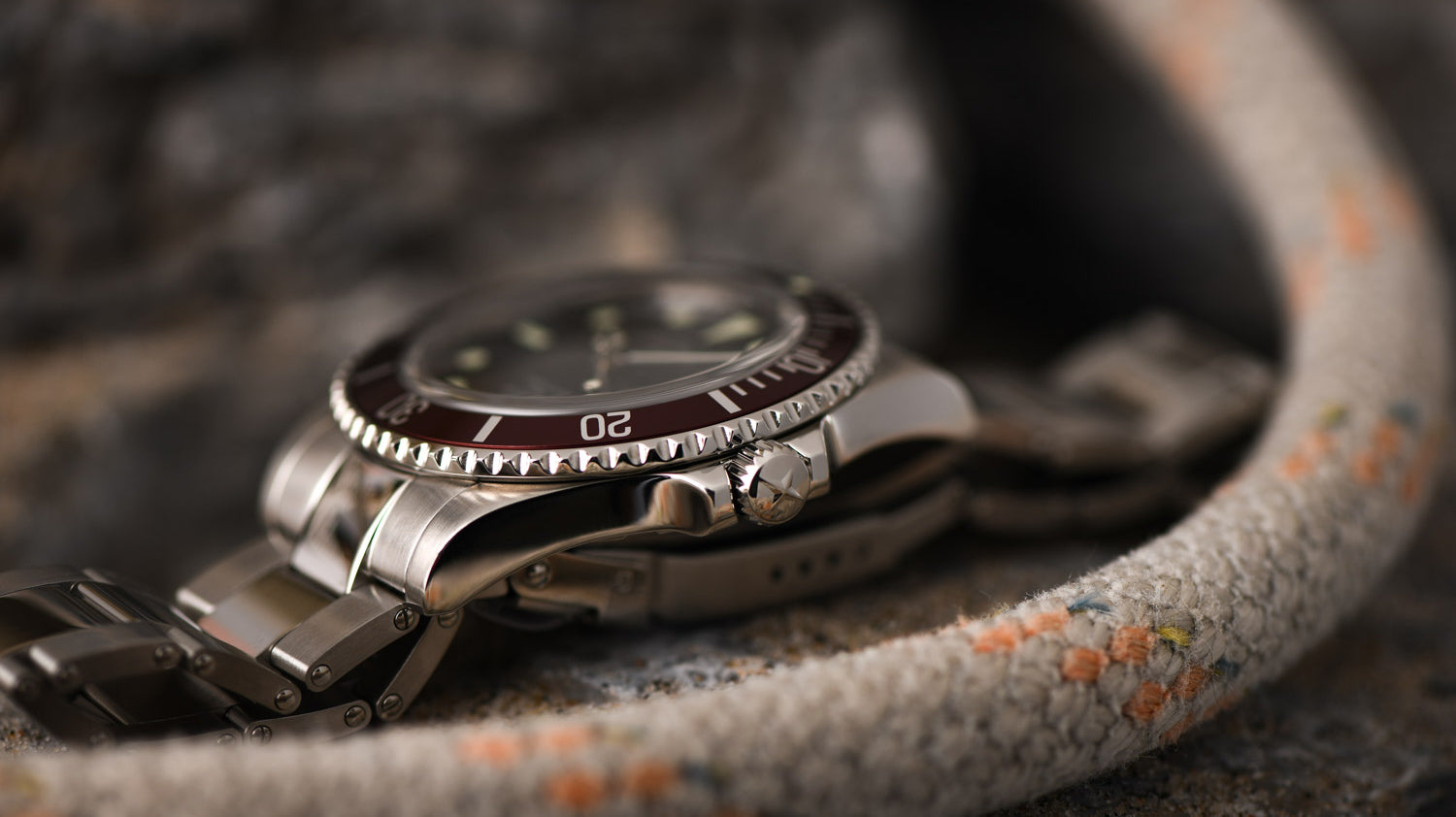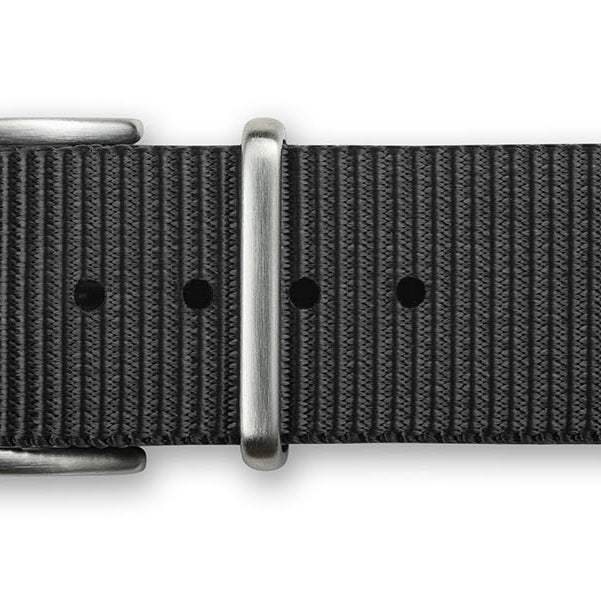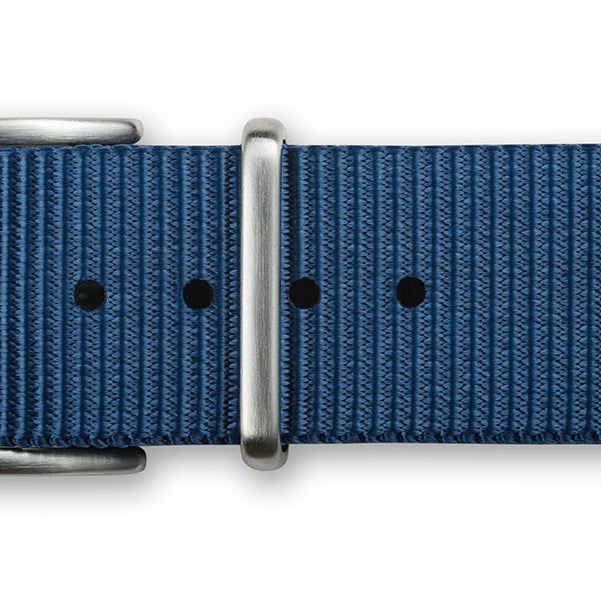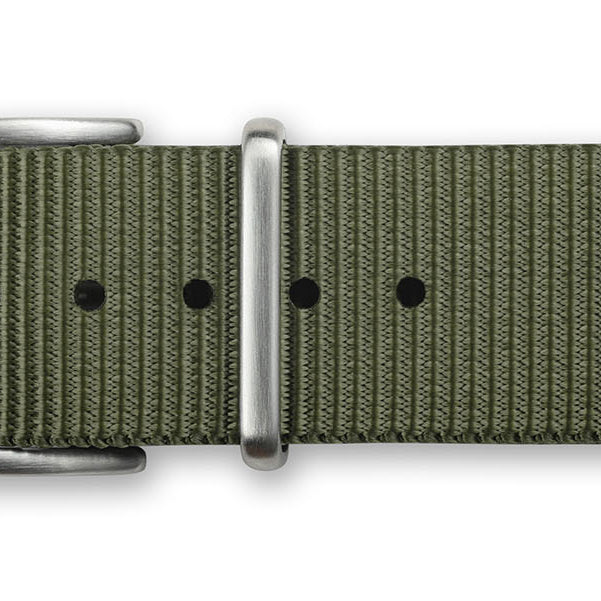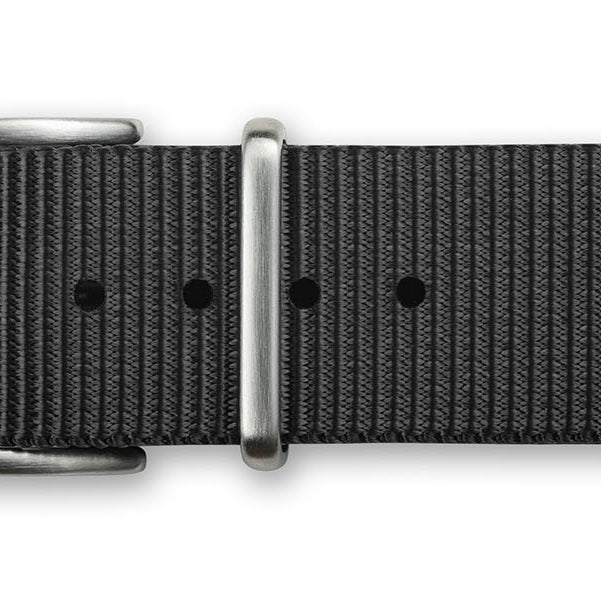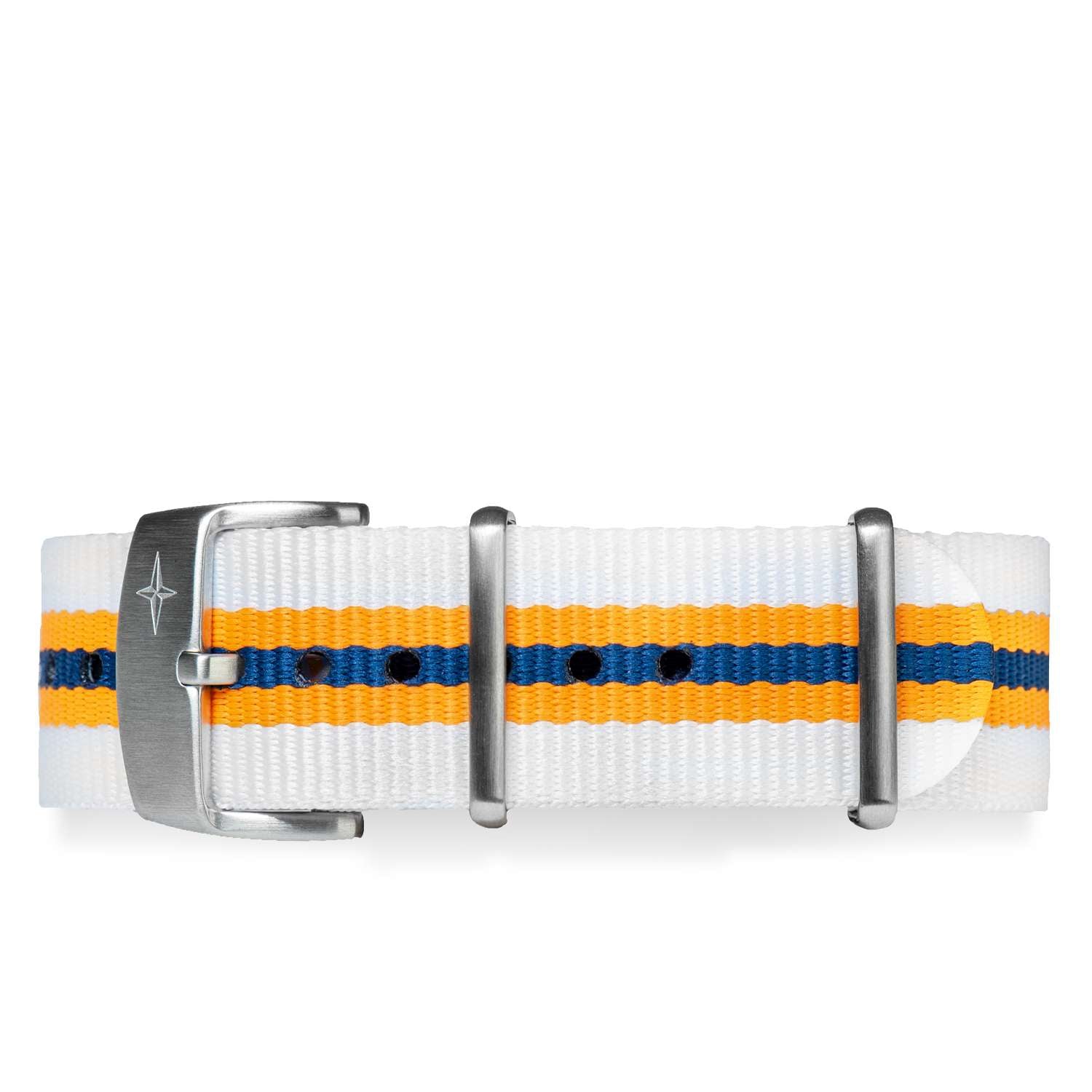For starters, watches are complex (and complicated) little devices. One needs to have lots of technical knowhow in order to be in a position to choose the right one. It doesn’t help that there are a myriad of brands and options out there, each of them seemingly as attractive as the last.
Other reasons are tied to the fact that modern horology isn’t just about knowing the time but also about fashion. The watch must therefore complement your style as well as reflect your personality. When you add price consideration as well as choice of straps, casebacks, case material, functions, dial types etc, purchasing a watch can turn into a nightmarish conundrum.
The best thing, therefore, before heading out to the watch store or boutique, is for one to do some research. While you may still need to clarify a few things with the seller, you’d be better off asking yourself the following first:
#1 - Why do you need a watch?
Is it because you want to be able to keep time or because you just need to spruce up your fashion?
If it is for the former reason, is it just for time or do you need other functions such as calendar, moon phases and chronograph? Such a watch may have less emphasis on the use of prestigious materials, such as gold and diamonds, and more on the incorporation of these extra functions (complications). It helps if such a timepiece has a highly legible dial that offers you detailed information at a glance.
If you’re looking to up your wrist game and add that luxurious finishing touch to your attire, the focus shifts from how many functions the watch has to how it looks on you. Watches have always been an important element of fashion, and it is vital to choose one that dovetails well with your wear. If you find it difficult to match one watch with all of your outfits, you may have to get two or more.
Finding a watch that offers a cross between utility and luxury is a delicate but not impossible task. All in all, a good watch epitomizes confidence and style, and no detail, however minor, should be ignored.

#2 - What type of movement?
Another fundamental ask when you’re looking for a watch or your next watch is type of movement. The usual options are mechanical (manual/automatic movement) or quartz.
Quartz and automatic remain the most popular choices because of the advantages they offer over hand-wound (manual) timepieces. They eliminate the need to wind the watch by hand and are long-lasting as well as easier to maintain.
When it comes down to quartz vs. automatic, it all depends on personal taste. Go for quartz if you want a highly accurate watch that runs on batteries. If you’d want a watch that winds automatically without the need of a battery, choose automatic watch.
Beyond automatic/quartz/manual, if you’re an advanced or enthusiast type of user, you may want to do research on the caliber/name of movement that powers the watch. There are some famous, time-tested, proprietary movements out there, and some of them are used under license by multiple manufacturers/brands.

#3 - Brand-new or second-hand?
This is a vital consideration once you’ve honed in on the specific brand and model that you want. Will you get a pre-owned watch or a brand new one straight out of the box?
Used watch dealers are mistrusted for the same reason as used car salesmen - most are not credible. If you look hard enough, though, you may still be able to land a good deal on a used timepiece (provided you don’t seek a deal that’s too sweet).
The advantage of going the brand-new route is obvious. The watch will generally give you more mileage and you’ll get it via a more legit transaction that offers peace of mind. The drawback is obvious too - getting a new top-brand watch usually involves breaking the wallet if not the bank.
Fortunately, there is a third option. There are a number of up-and-coming brands out there that offer the same quality as top brands but at reasonable prices. Davosa stands out in that regard.
#4 - Are there lower-priced alternatives?
Being a luxury item, it is always possible that you’ll find the watch with the features you want but not at the price you’d like. When this happens, extend your research into competitor brands with similar models and see if you can land a better quotation.
If sacrificing a minor feature or function allows you to save significantly, consider it. This often means switching to a different model.
Ideally, have seven or eight models that provide the feature set you desire, and then use price to shorten the list as much as possible. Afterwards, take the trimmed-down list to the retailers and see what options they have.
Brand choice is once again a vital consideration. The USA luxury watch market has seen the entry of enterprising Swiss brands like Davosa that offer top-quality, high tech products at “non-Swiss-watch” prices. They are a good bet if you want more value for your money.

#5 - How is the watch serviced?
Like cars and vacuum cleaners, watches are also machines that need regular servicing to run optimally.
Servicing watches if a joyful task for horology enthusiasts but not every user qualifies as such. It is therefore imperative to know how easy it would be to service a particular model before selecting it for your next wrist bling.
If you’re not one for taking matters into your own hands, then do some research into how much it costs to have the watch serviced by a trained professional. Some retailers offer free servicing as part of their after-sales package, something that offers potential buyers great peace of mind.
The Davosa-USA.com website is NOT affiliated in any way with Audemars Piguet, Franck Muller USA, Inc. Richard Mille or Richemont Companies, Seiko, or any other brand which is not Davosa Swiss. Rolex is a registered trademark of Rolex USA. Davosa-USA website is not an authorized dealer, reseller, or distributor for Rolex and is in NO WAY affiliated with Rolex SA or Rolex USA or any other brand besides Davosa Swiss. |

